Superfoods That Fight Inflammation Better Than Over-the-Counter Pills
Food can be your most powerful, side-effect-free weapon. Ancient cultures treated food as medicine, and modern science now confirms that certain superfoods are biologically wired to soothe, heal, and protect. These aren’t just trendy ingredients—they’re nutrient-dense warriors that cool the internal fire and restore balance at a cellular level. We’ve expanded our guide of superfoods, each one handpicked for its proven potency and delicious versatility. Ready to upgrade your plate—and your health? Let’s dive into nature’s most flavorful, anti-inflammatory pharmacy.
1. Turmeric: The Golden Spice
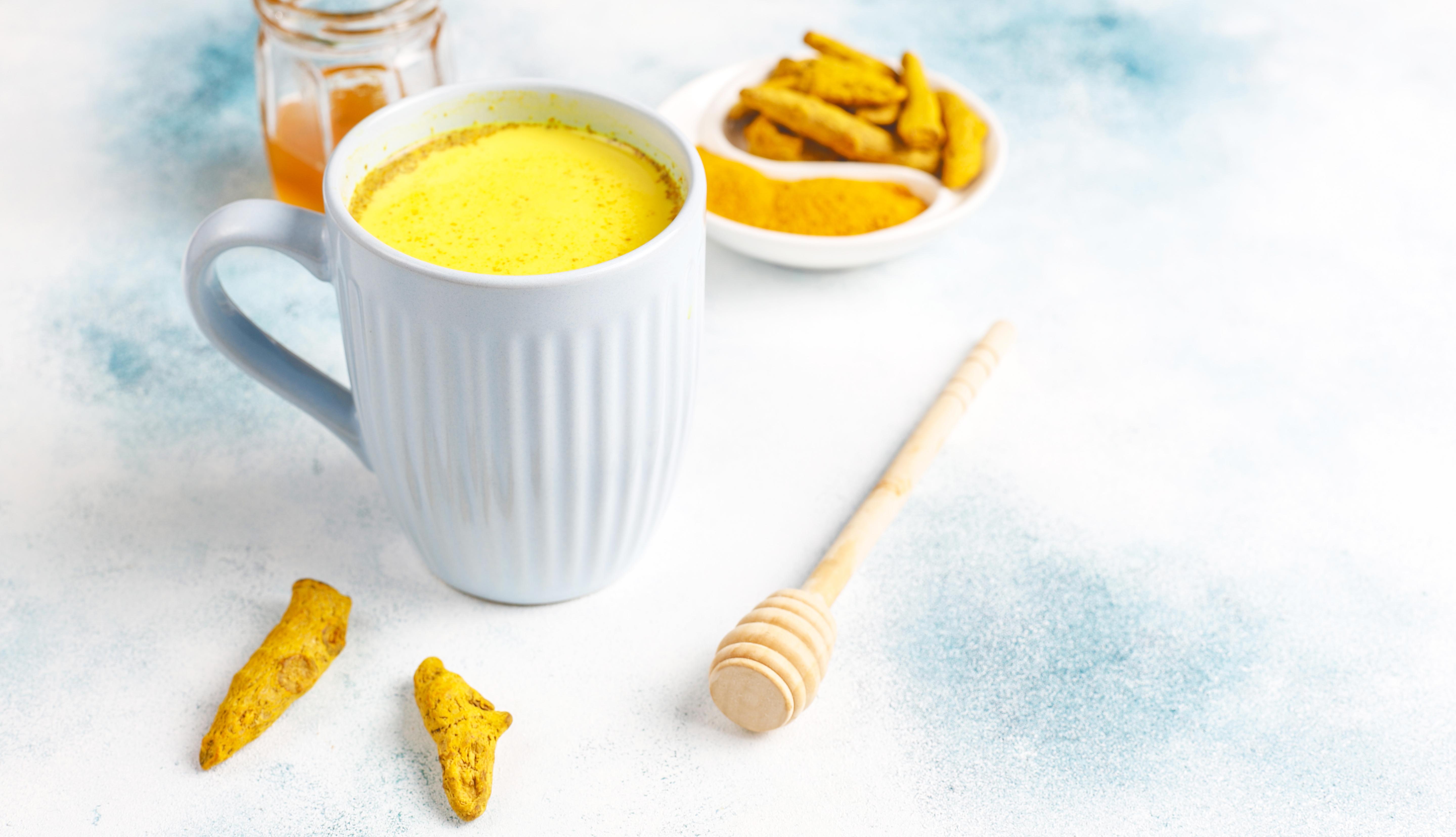
Turmeric, often hailed as the "golden spice," is renowned for its powerful anti-inflammatory and antioxidant properties. The active compound in turmeric, curcumin, has been extensively studied for its ability to modulate inflammatory pathways and provide relief from various inflammatory conditions. Curcumin inhibits the activity of inflammatory enzymes and cytokines, reducing inflammation at the molecular level. In traditional medicine systems like Ayurveda and Traditional Chinese Medicine, turmeric has been used for centuries to treat a wide range of ailments, from digestive issues to joint pain.
2. Ginger: A Zesty Healer
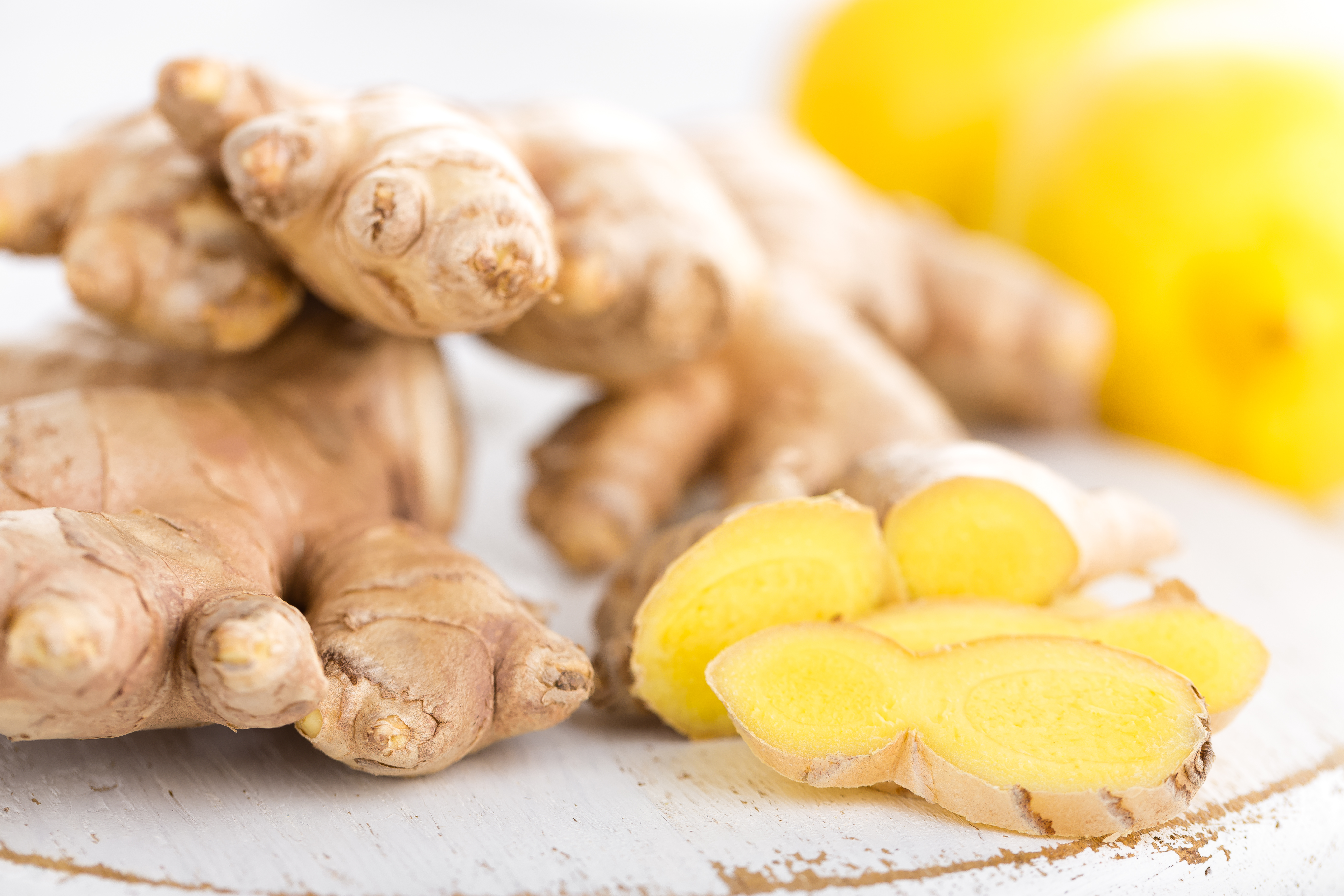
Ginger is another powerhouse in the realm of natural anti-inflammatories, known for its zesty flavor and myriad health benefits. The root contains bioactive compounds, such as gingerols and shogaols, which possess potent anti-inflammatory and antioxidant properties. These compounds inhibit the production of pro-inflammatory cytokines, making ginger an effective remedy for reducing inflammation and pain. Historically, ginger has been used in various cultures for its medicinal properties, particularly in treating digestive issues, nausea, and arthritis.
3. Berries: Nature's Antioxidant Powerhouse
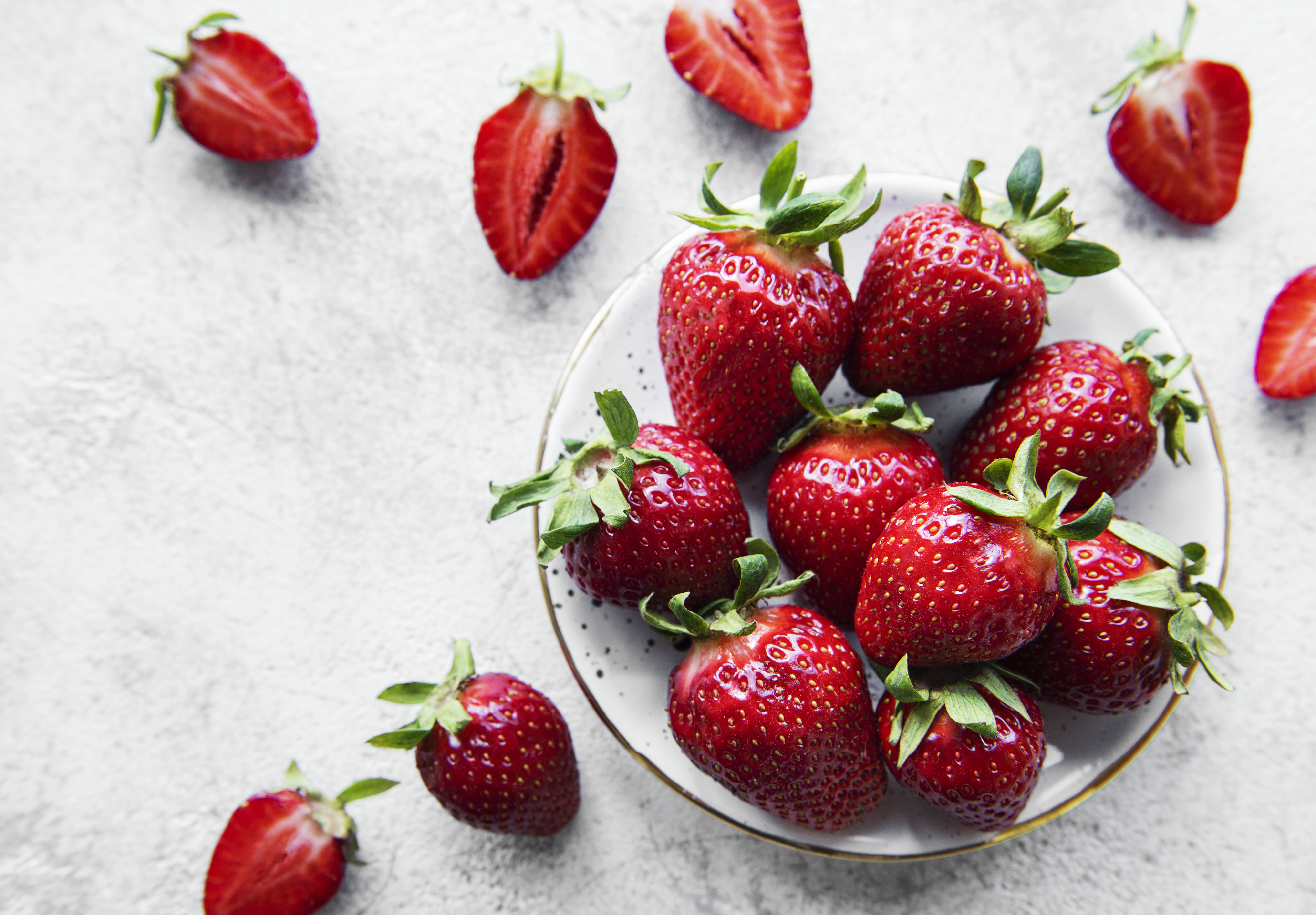
Berries, often referred to as nature's antioxidant powerhouse, are rich in vitamins, minerals, and phytochemicals that contribute to their impressive anti-inflammatory effects. Varieties such as blueberries, strawberries, raspberries, and blackberries are particularly high in anthocyanins, flavonoids that give berries their vibrant colors and potent health benefits. The anti-inflammatory properties of berries are primarily attributed to their high antioxidant content, which helps to neutralize free radicals and reduce oxidative stress.
4. Leafy Greens: Nutrient-Dense Allies
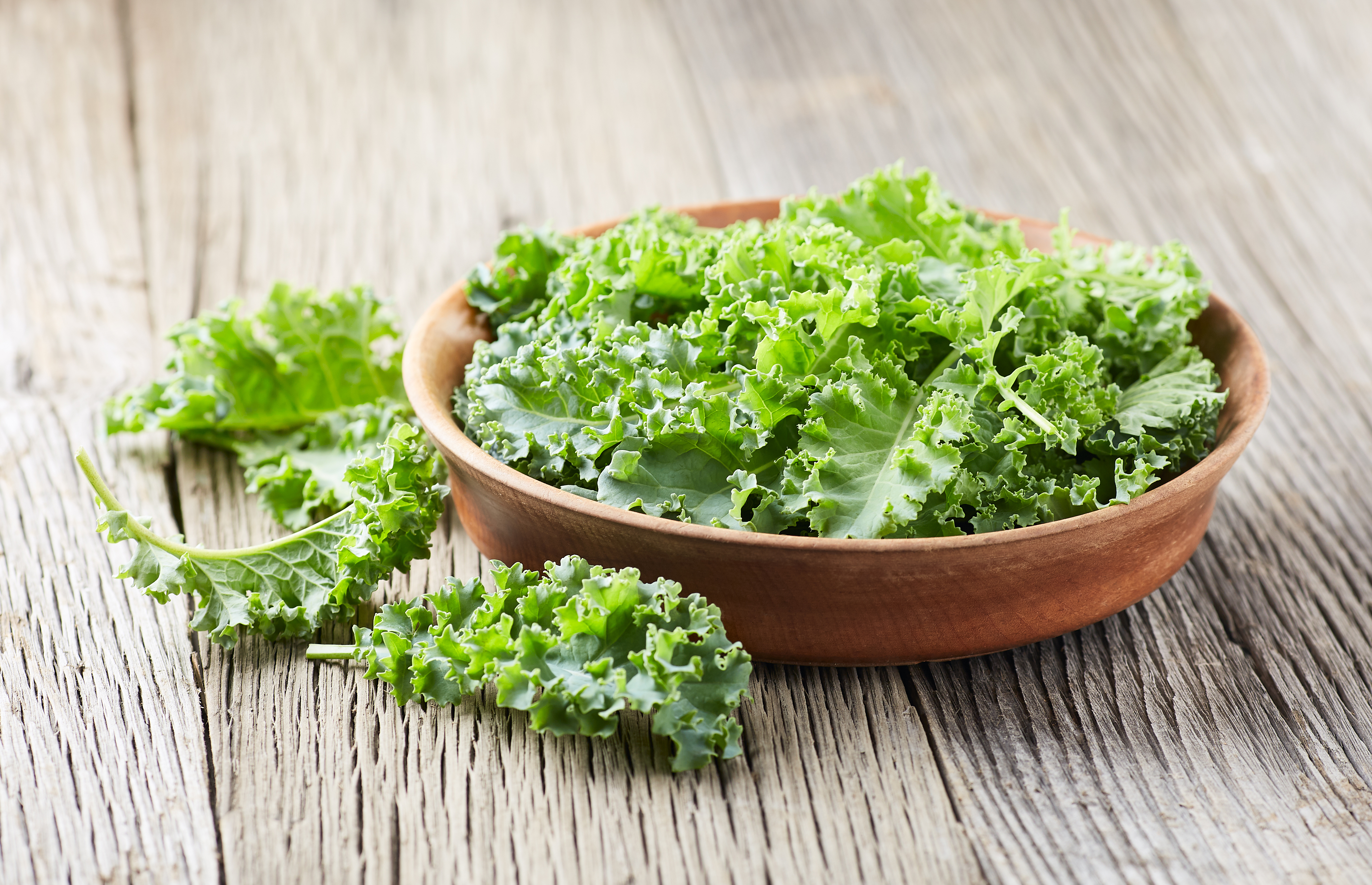
Leafy greens, such as spinach, kale, and Swiss chard, are nutrient-dense allies in the fight against inflammation. These vegetables are packed with vitamins, minerals, and antioxidants that support the body's natural defenses and promote overall health. The high content of vitamins A, C, and K, along with folate and iron, contribute to their anti-inflammatory properties. The carotenoids and flavonoids found in leafy greens have been shown to reduce inflammation by inhibiting the production of pro-inflammatory cytokines.
5. Nuts and Seeds: Small But Mighty
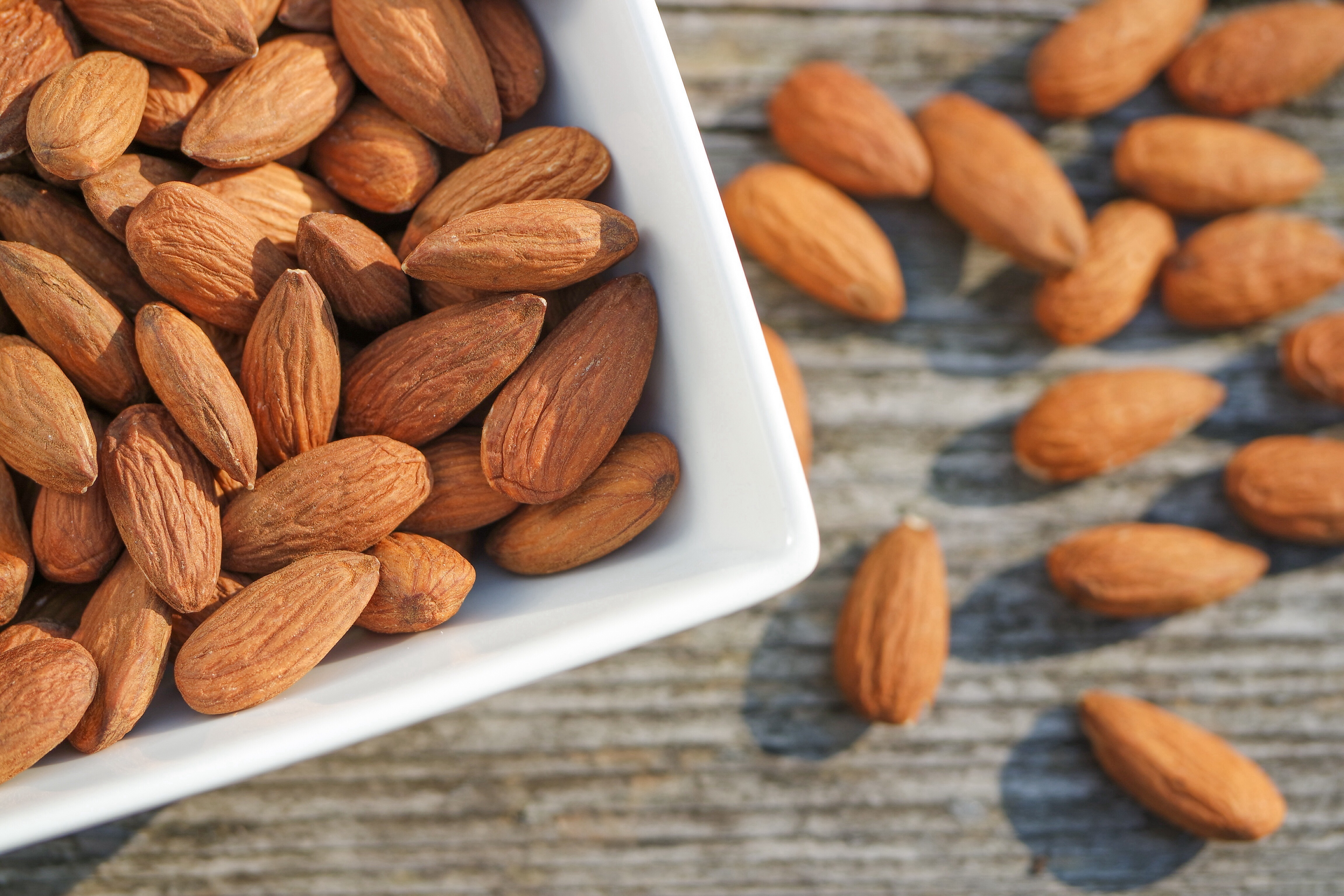
Nuts and seeds may be small, but they pack a mighty punch when it comes to anti-inflammatory benefits. Varieties such as almonds, walnuts, flaxseeds, and chia seeds are rich in healthy fats, protein, and fiber, making them an excellent addition to any diet focused on reducing inflammation and promoting health. The omega-3 fatty acids found in walnuts and flaxseeds are particularly beneficial for reducing inflammation. These essential fats have been shown to decrease the production of inflammatory markers and support heart health.
6. Omega-3 Rich Fish: The Heart's Best Friend
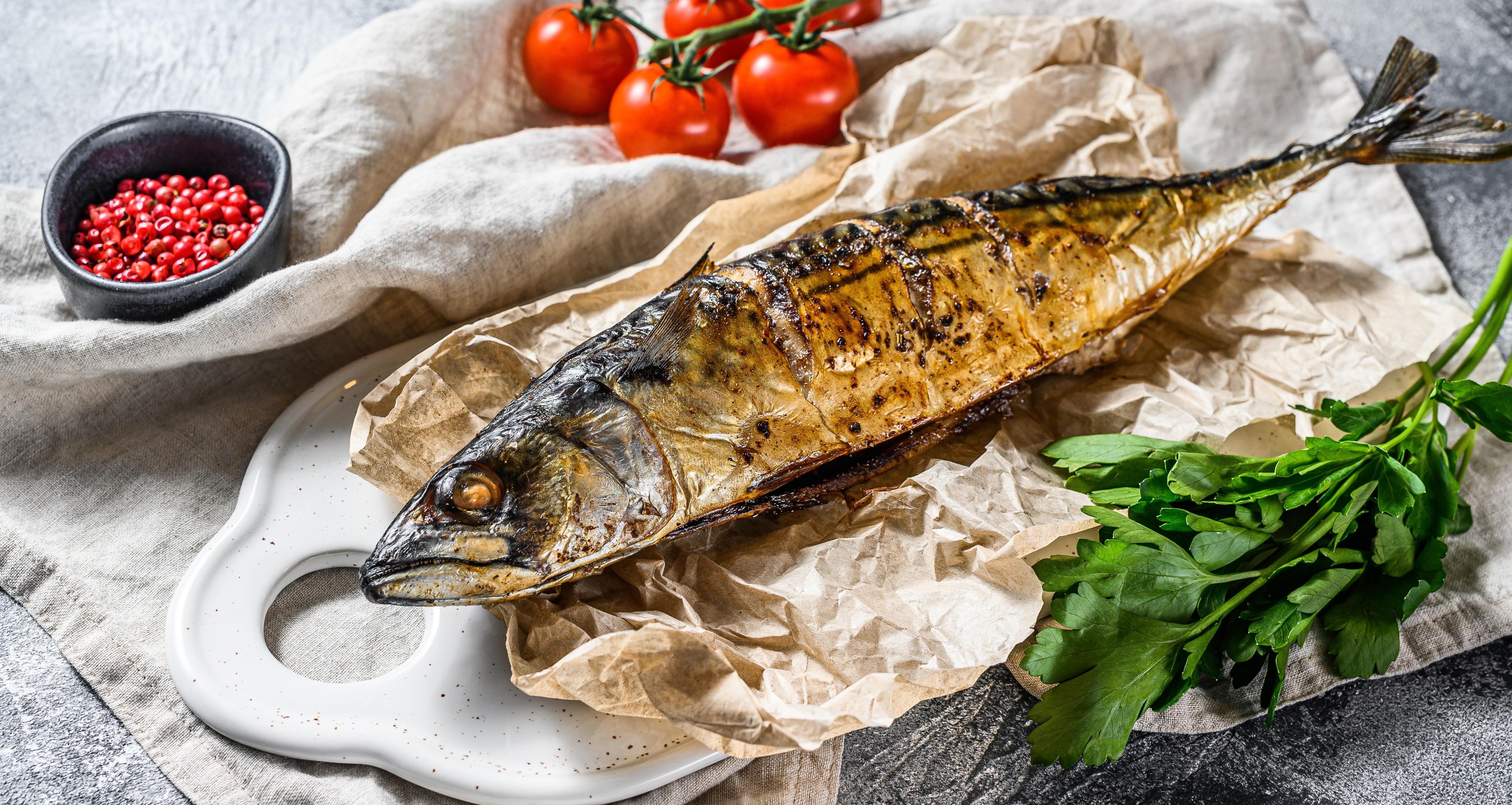
Omega-3 rich fish, such as salmon, mackerel, and sardines, are renowned for their heart-healthy benefits and anti-inflammatory properties. These fatty fish are excellent sources of eicosapentaenoic acid (EPA) and docosahexaenoic acid (DHA), two types of omega-3 fatty acids that play a crucial role in reducing inflammation and supporting cardiovascular health. The anti-inflammatory effects of omega-3s are well-documented, with studies showing that they can lower levels of inflammatory markers and reduce the risk of chronic diseases, such as heart disease and arthritis.
7. Green Tea: The Ancient Elixir

Green tea, often referred to as the "ancient elixir," has been celebrated for its health benefits for centuries. Rich in polyphenols, particularly catechins like epigallocatechin gallate (EGCG), green tea exhibits powerful anti-inflammatory and antioxidant properties that support overall health and well-being. The anti-inflammatory effects of green tea are attributed to its ability to inhibit the production of inflammatory cytokines and reduce oxidative stress. Studies have shown that regular consumption of green tea can lower the risk of chronic diseases, such as heart disease, diabetes, and certain cancers.
8. Garlic: The Pungent Protector
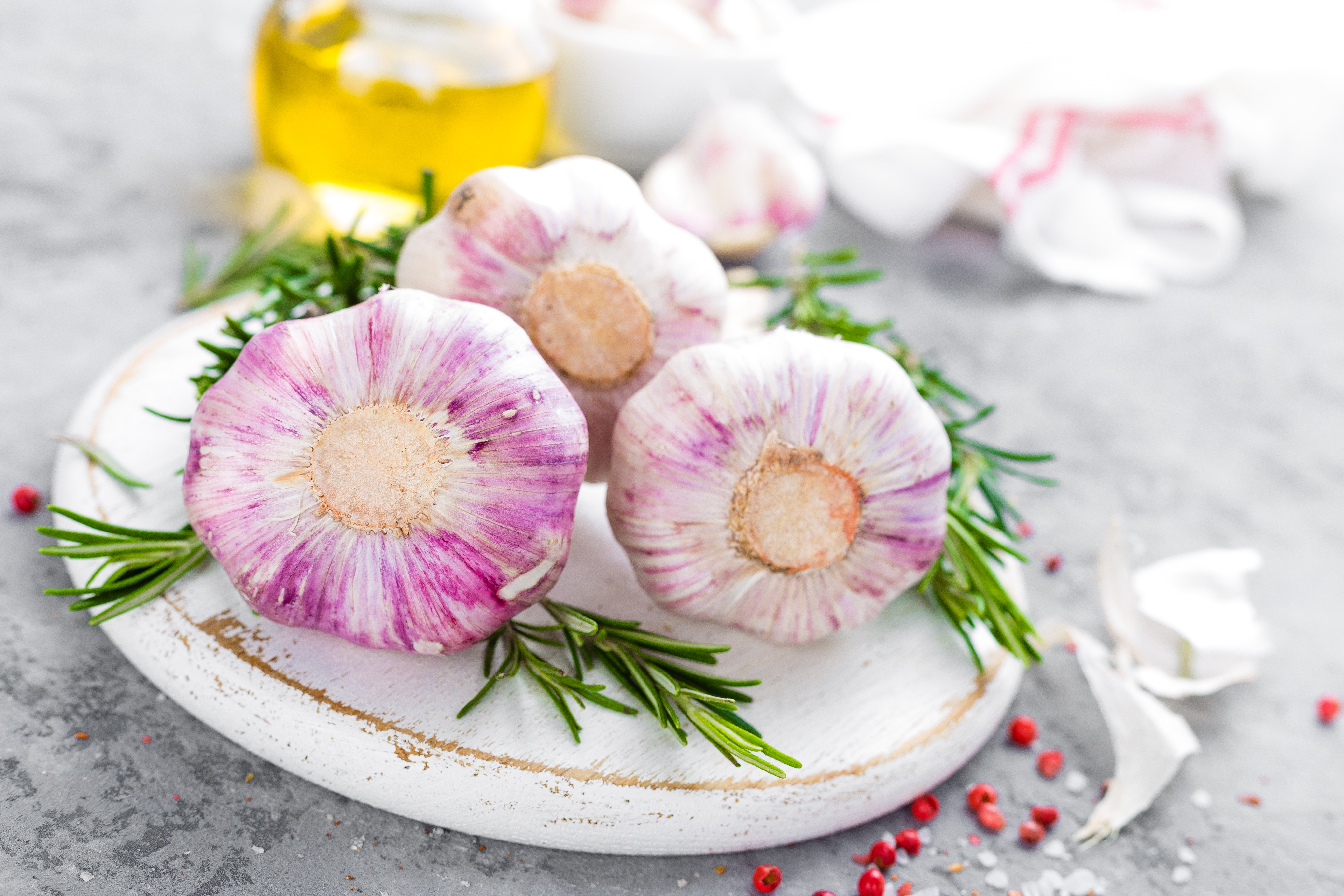
Garlic, known for its pungent aroma and flavor, is a powerful superfood with impressive anti-inflammatory and immune-boosting properties. The active compound in garlic, allicin, is responsible for its health benefits, including its ability to reduce inflammation and support cardiovascular health. The anti-inflammatory effects of garlic are due to its ability to inhibit the production of pro-inflammatory cytokines and reduce oxidative stress. Studies have shown that regular consumption of garlic can lower blood pressure, improve cholesterol levels, and reduce the risk of heart disease.
9. Olive Oil: Liquid Gold
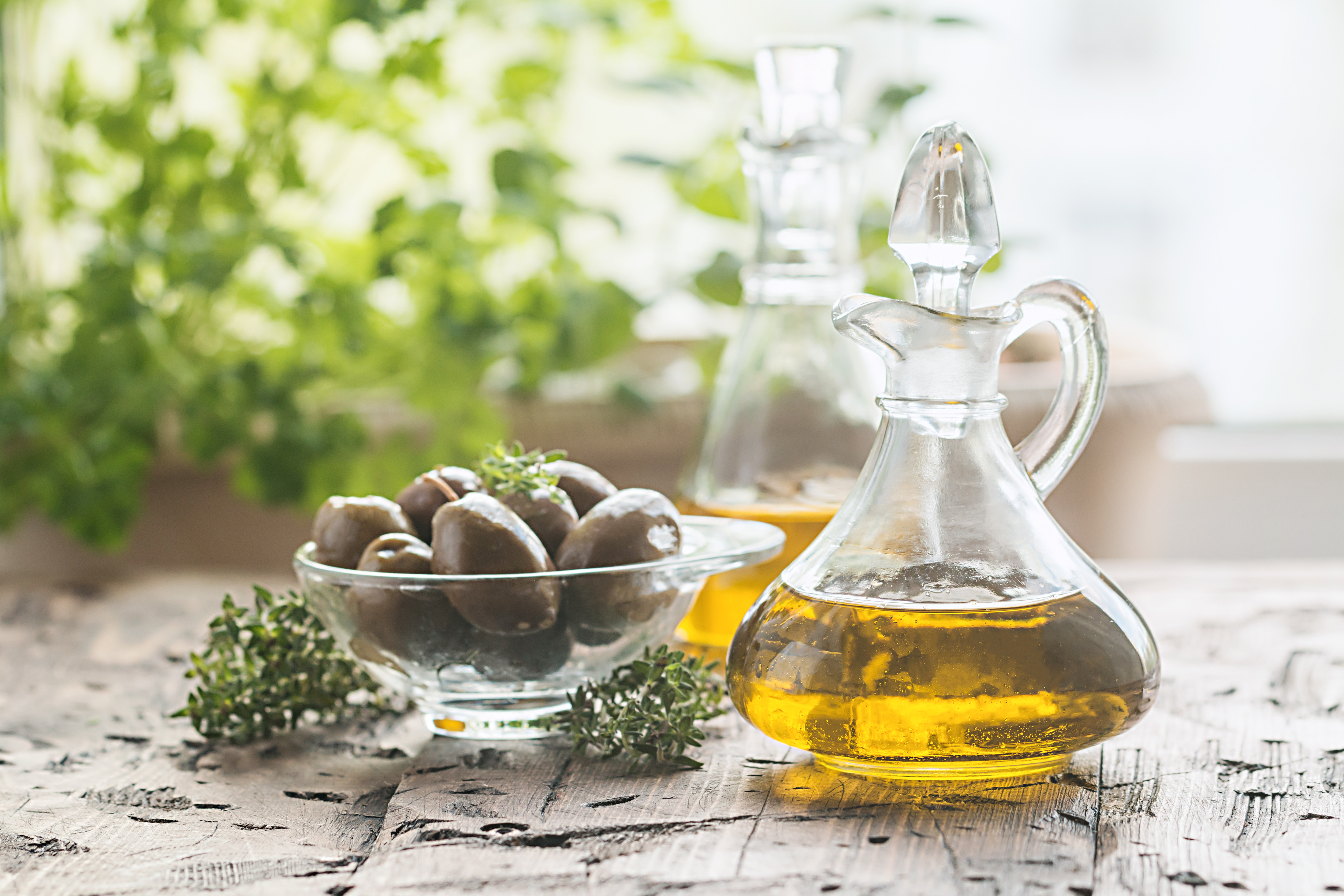
Olive oil, often referred to as "liquid gold," is a staple of the Mediterranean diet and renowned for its anti-inflammatory and heart-healthy properties. Rich in monounsaturated fats and polyphenols, olive oil supports cardiovascular health and reduces inflammation throughout the body. The anti-inflammatory effects of olive oil are primarily attributed to its high content of oleic acid and antioxidants, such as oleocanthal. These compounds work together to inhibit the production of inflammatory markers and protect cells from oxidative damage.
10. Beets: The Vascular Revitalizer
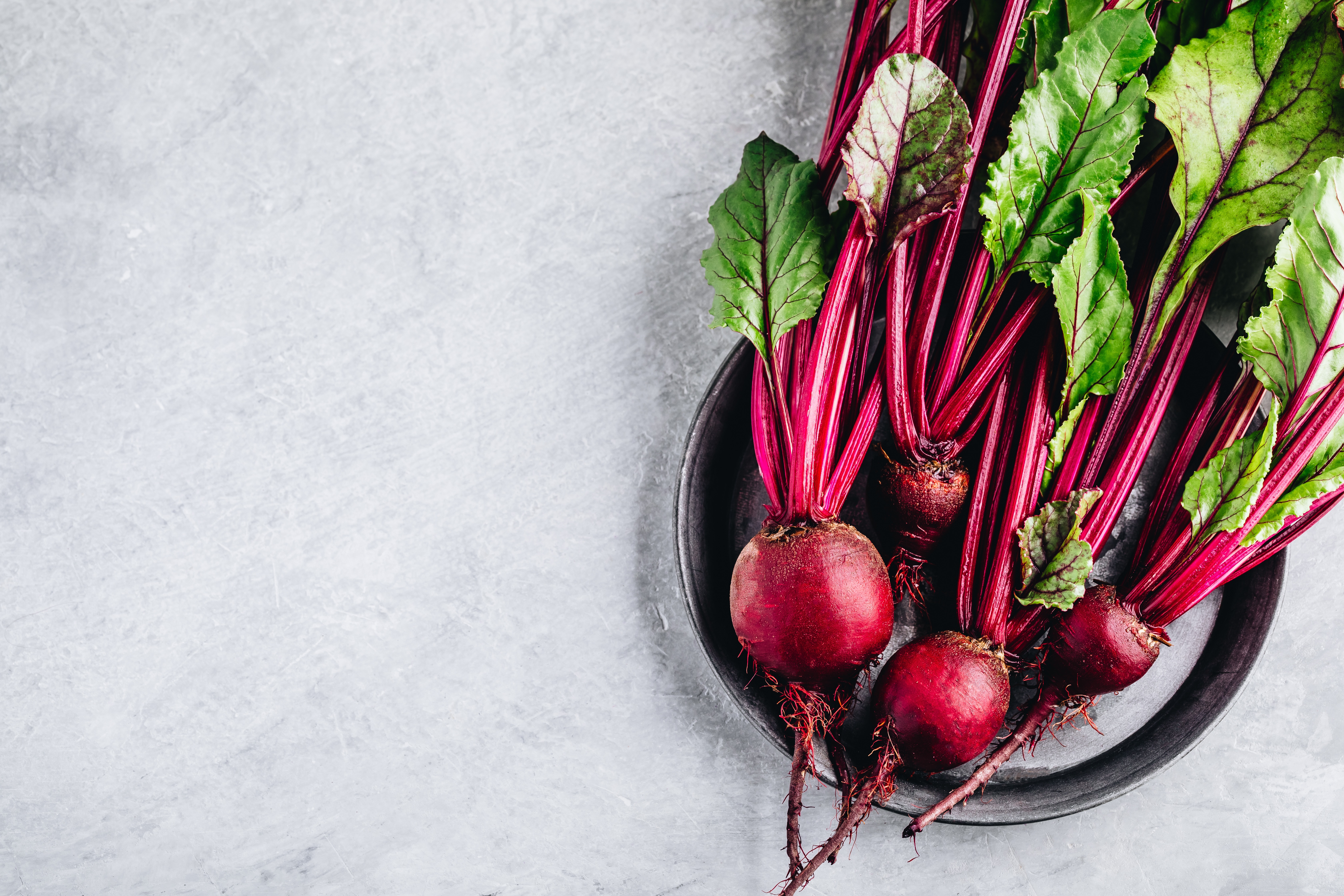
Beets are a vibrant root vegetable celebrated for their anti-inflammatory and detoxifying properties. Rich in betalains—powerful antioxidants with anti-inflammatory effects—beets help combat oxidative stress and support the body’s natural detoxification processes. They are also a natural source of dietary nitrates, which improve blood flow and reduce blood pressure, further alleviating inflammation in the cardiovascular system.
11. Pineapple: The Tropical Inflammation Fighter
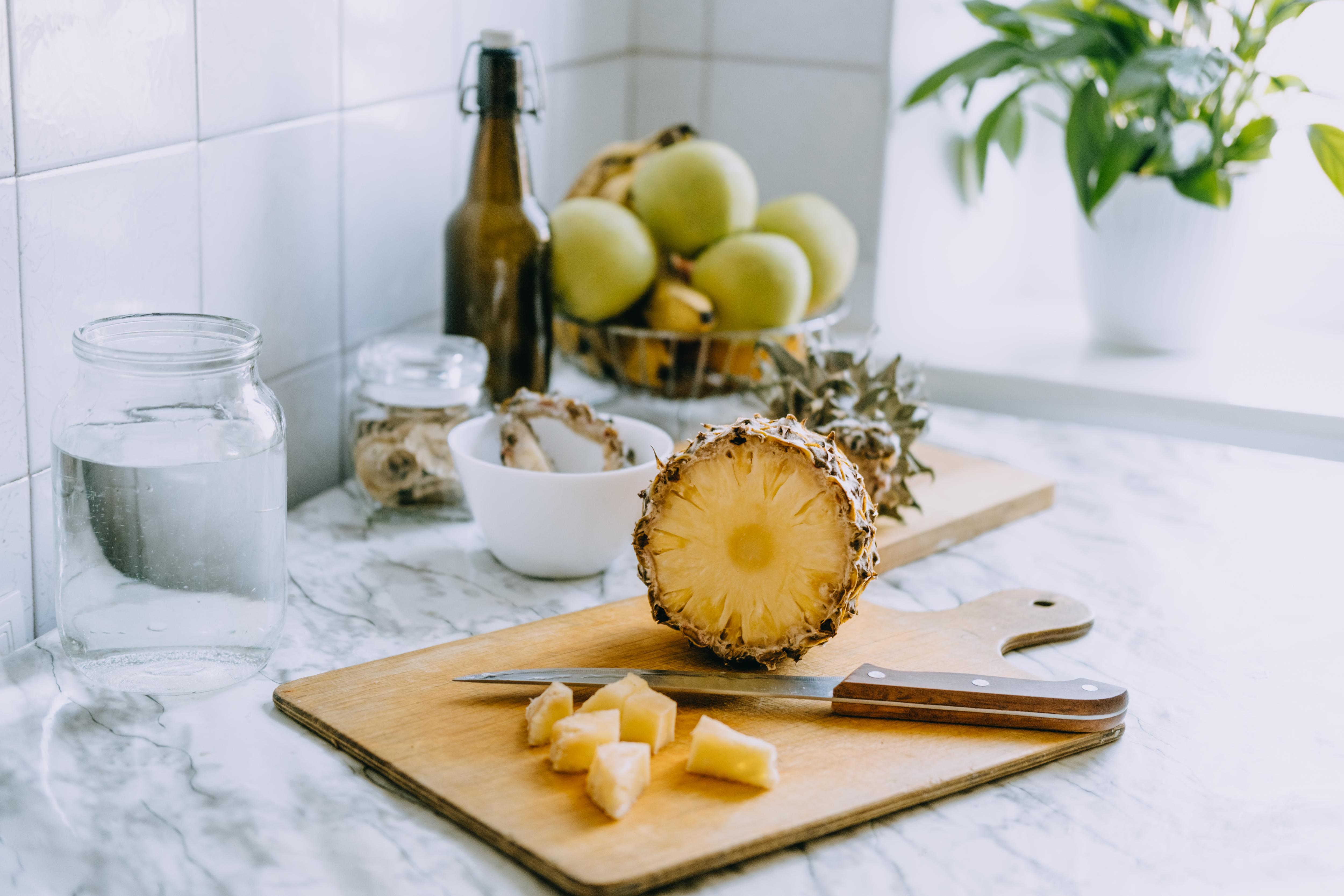
Pineapple is more than just a refreshing tropical fruit—it’s a potent anti-inflammatory food thanks to bromelain, a natural enzyme with powerful pain-relieving and inflammation-reducing effects. Bromelain has been shown to modulate immune responses and reduce swelling, particularly in conditions like sinusitis, arthritis, and post-surgical inflammation. In addition to bromelain, pineapple is rich in vitamin C and manganese, both of which support immune function and tissue repair. Its sweet-tart flavor makes it a perfect addition to smoothies, salsas, or grilled dishes.
12. Avocado: Creamy Inflammation Soother
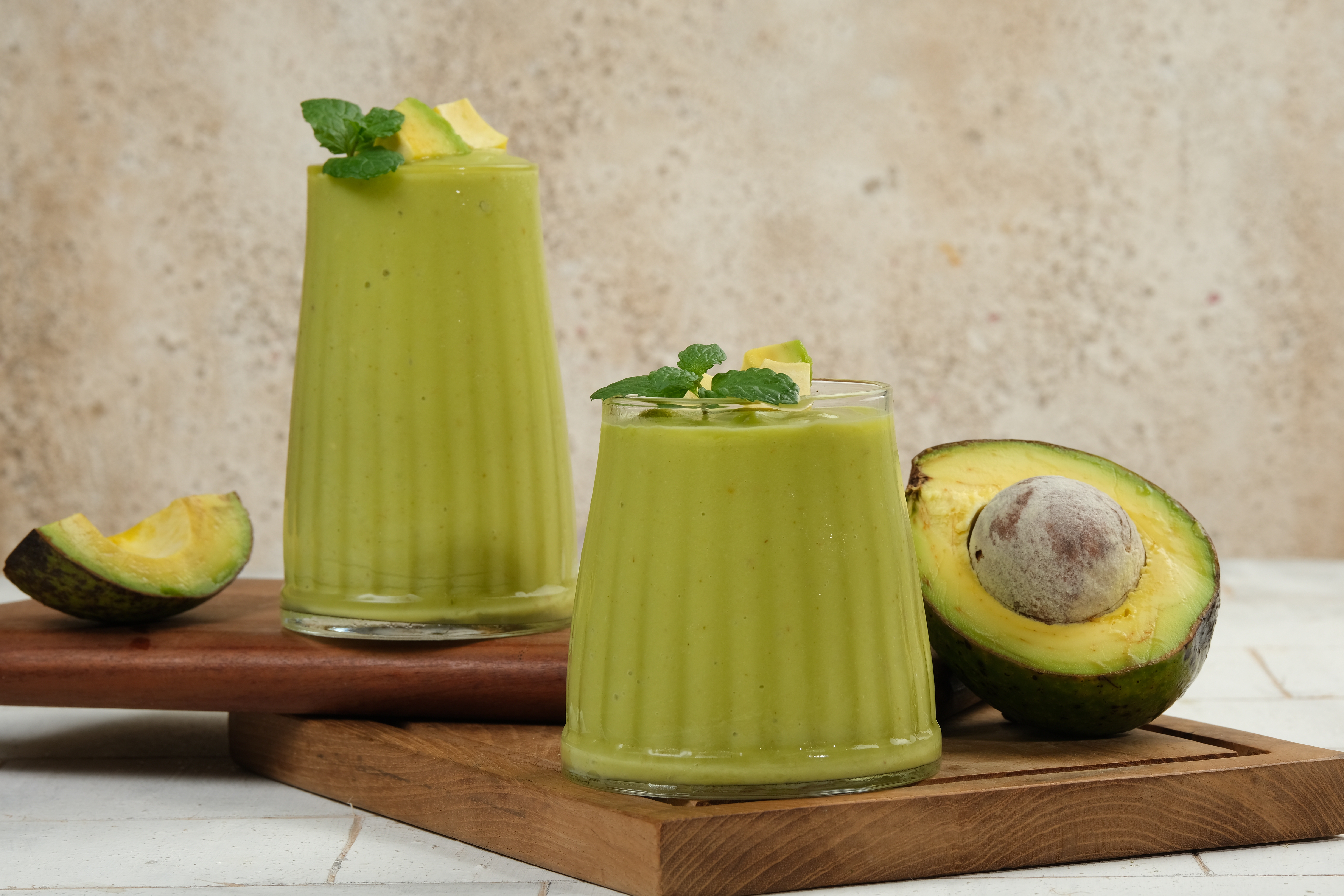
Avocado is a unique fruit packed with heart-healthy monounsaturated fats, fiber, potassium, and powerful antioxidants like carotenoids (lutein and zeaxanthin). These components work together to combat inflammation. The healthy fats help lower LDL cholesterol and reduce systemic inflammation, while the antioxidants protect cells from oxidative stress. Avocado's creamy texture makes it incredibly versatile – add it to salads, smoothies, toast, or use it as a base for dips to easily incorporate its inflammation-soothing benefits into your diet.
13. Broccoli & Cruciferous Vegetables: Sulforaphane Power
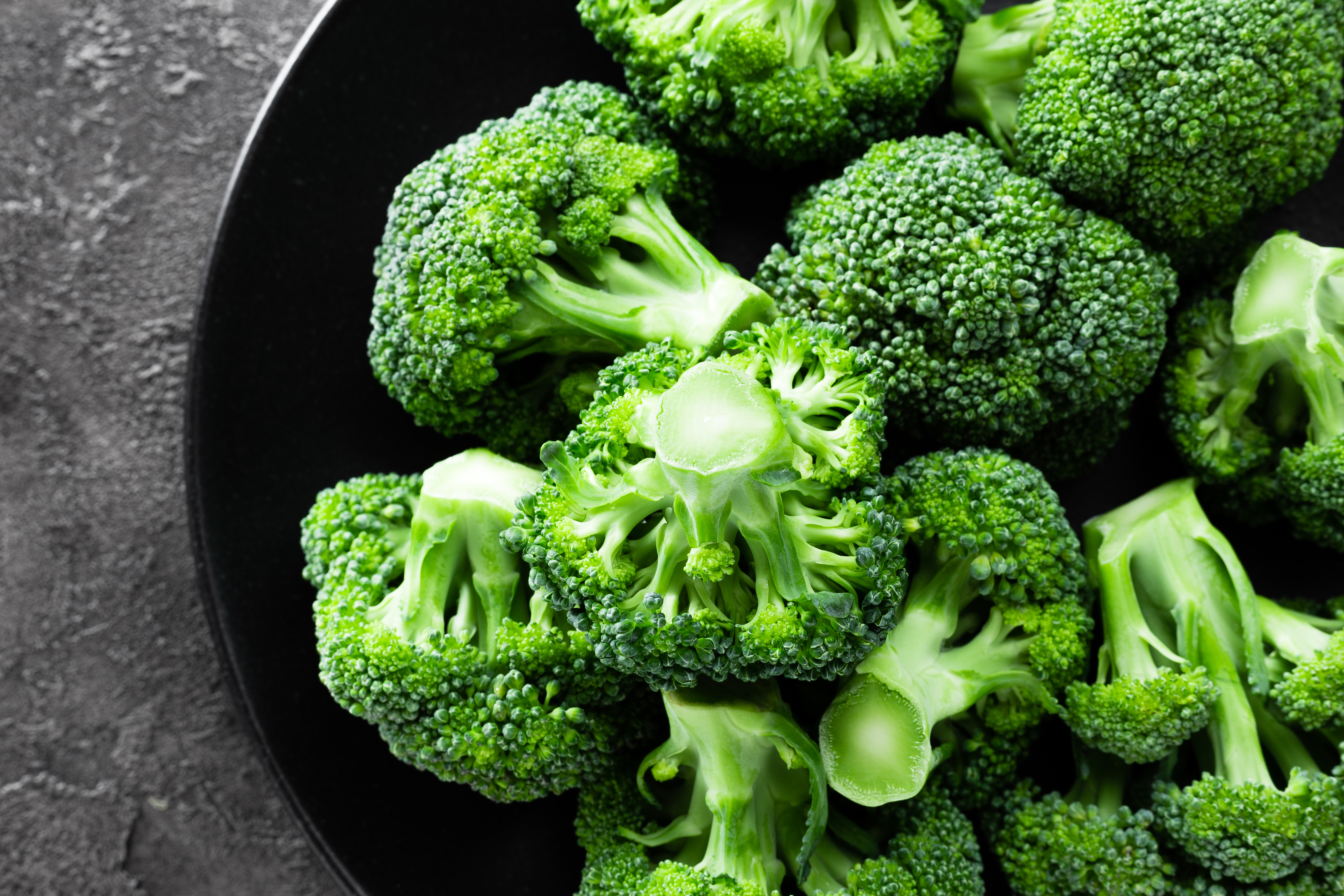
Broccoli, along with its cruciferous cousins like kale, cauliflower, and Brussels sprouts, contains a potent compound called sulforaphane. This natural powerhouse activates antioxidant pathways and detoxification enzymes in the body, helping to neutralize harmful free radicals and significantly reduce inflammatory markers. Regular consumption of these vegetables is linked to lower risks of chronic diseases driven by inflammation. Steam, roast, or stir-fry broccoli lightly to maximize its sulforaphane content and harness its impressive anti-inflammatory capabilities.
14. Tomatoes: Lycopene Champions
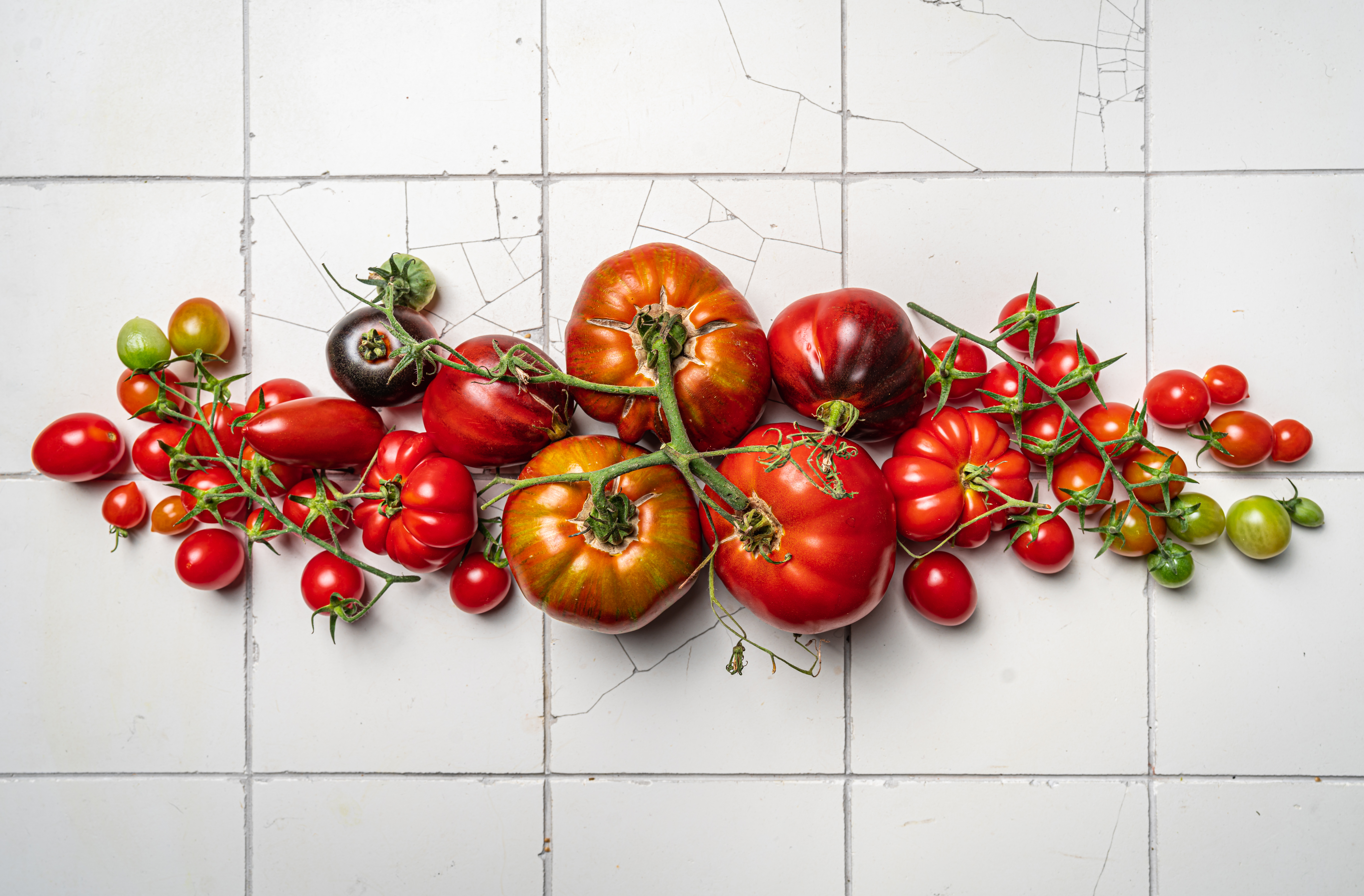
Especially potent when cooked, tomatoes are bursting with lycopene, a powerful antioxidant responsible for their red colour. Lycopene is renowned for its ability to combat oxidative stress, a key driver of chronic inflammation. Studies link lycopene consumption to reduced levels of inflammatory markers and a lower risk of heart disease and certain cancers. Cooking tomatoes, such as in sauces or stews, actually increases the bioavailability of lycopene, making this versatile fruit (yes, it's a fruit!) an easy and effective addition to an anti-inflammatory diet.
15. Tart Cherries: Joint & Muscle Relief

While all berries offer benefits, tart cherries stand out for their exceptionally high concentration of anthocyanins, specific antioxidants linked to reducing inflammation and muscle soreness. Research suggests tart cherry juice or extract can significantly lower inflammatory markers, alleviate symptoms of arthritis and gout, and aid in muscle recovery after intense exercise. Consuming tart cherries, whether fresh, frozen, dried, or as juice (unsweetened), offers a targeted natural approach to managing pain and inflammation, particularly for active individuals or those with joint issues.
16. Mushrooms (Functional Varieties): Immune Modulators
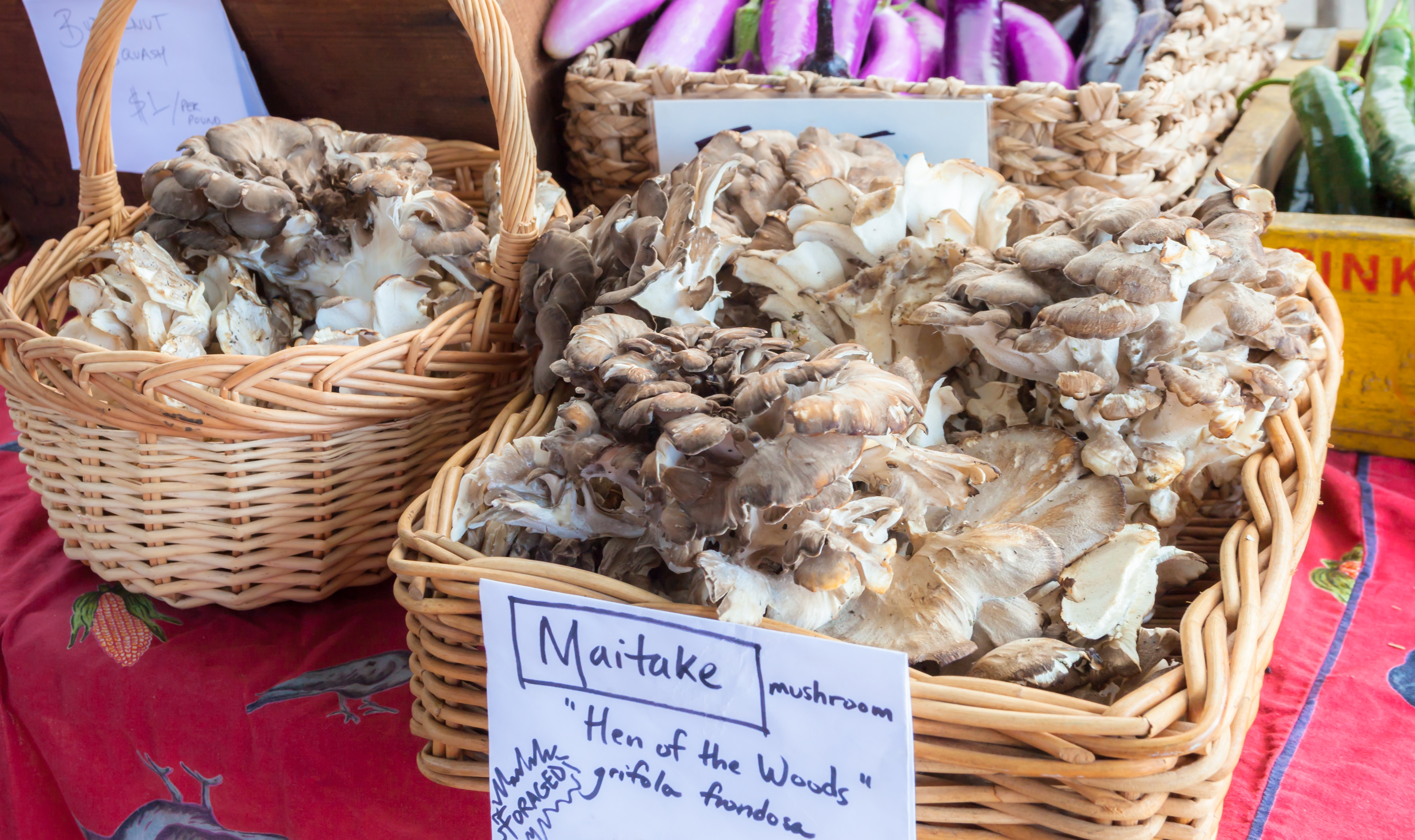
Certain mushrooms, particularly varieties like Shiitake, Reishi, Maitake, and Lion's Mane, contain unique polysaccharides called beta-glucans. These compounds are known for their immunomodulating effects – meaning they help balance the immune system, preventing excessive inflammation while still supporting healthy immune responses. They essentially train your immune cells to react appropriately. Incorporating these functional mushrooms into soups, stir-fries, or taking them as supplements (after consulting a professional) can offer profound anti-inflammatory and immune-supportive benefits beyond basic nutrition.
17. Dark Chocolate & Cacao (70%+): Flavanol Fighters

Indulge wisely! High-quality dark chocolate and raw cacao are rich in flavanols, potent antioxidants with significant anti-inflammatory effects. These compounds help improve blood flow by increasing nitric oxide production (relaxing blood vessels), lower blood pressure, and protect cells from oxidative damage. Studies link regular consumption of flavanol-rich dark chocolate to reduced markers of inflammation. Choose varieties with at least 70% cacao content and minimal sugar to maximize the health benefits and enjoy this delicious route to fighting inflammation.
18. Whole Grains (Oats, Quinoa): Fiber Fuel for Gut Health
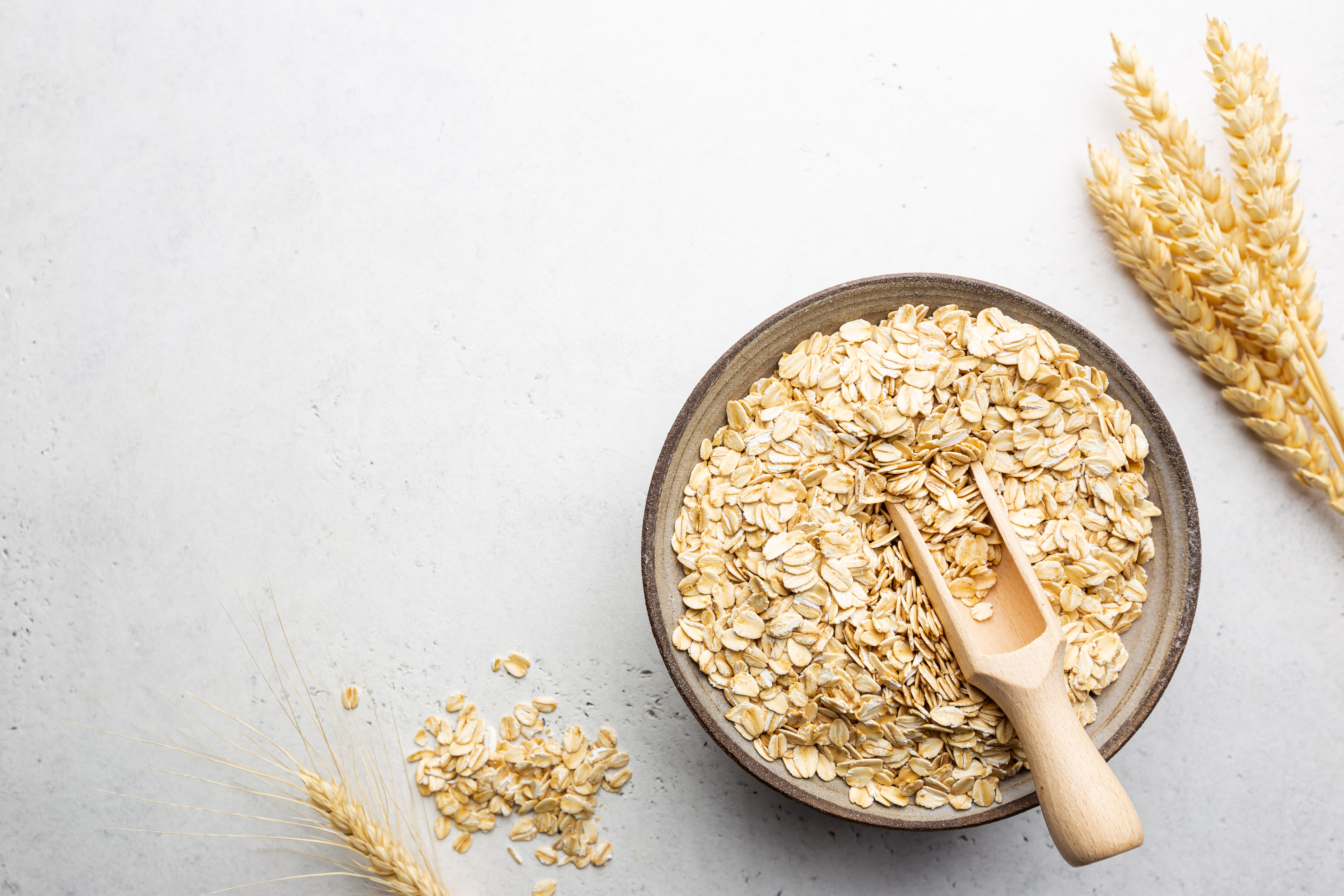
Intact whole grains like oats, quinoa, brown rice, and barley play a vital role in reducing inflammation, primarily through their high fiber content. This fiber acts as a prebiotic, feeding beneficial gut bacteria. These microbes, in turn, produce short-chain fatty acids (SCFAs) like butyrate, which have powerful anti-inflammatory effects throughout the body, including strengthening the gut lining. Choosing whole grains over refined grains helps regulate blood sugar and provides sustained energy, further combating inflammatory processes linked to metabolic issues.
19. Beans & Legumes: Plant-Powered Inflammation Relief
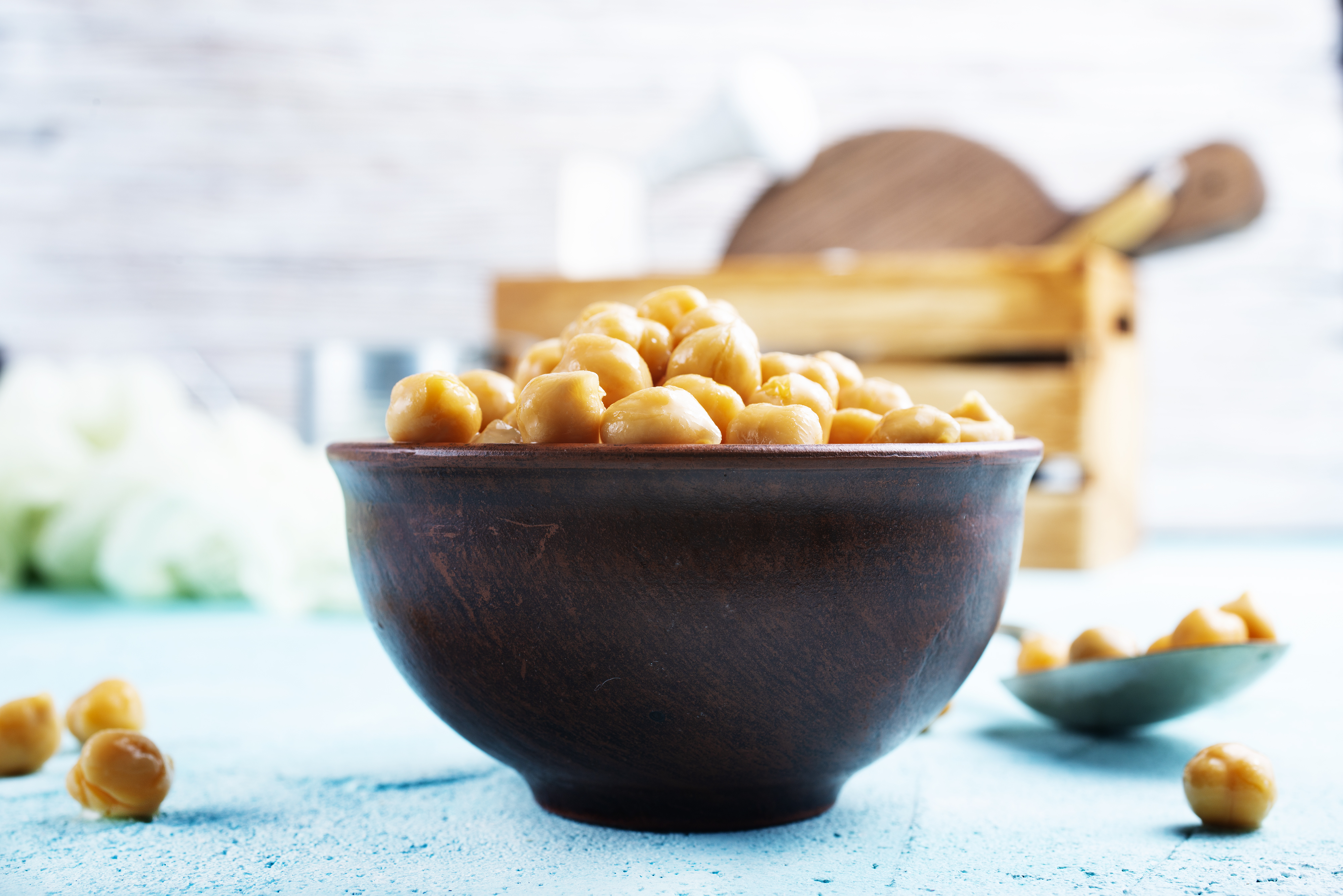
Beans, lentils, chickpeas, and other legumes are nutritional powerhouses packed with anti-inflammatory fiber, antioxidants, and plant-based protein. Their high fiber content supports a healthy gut microbiome, crucial for regulating inflammation. Additionally, legumes contain numerous phytonutrients and minerals that combat oxidative stress. Regularly incorporating beans and legumes into soups, salads, stews, and side dishes provides a cost-effective and sustainable way to lower inflammatory markers and support overall cardiovascular and metabolic health.
20. Cinnamon: The Warming Spice That Cools Inflammation
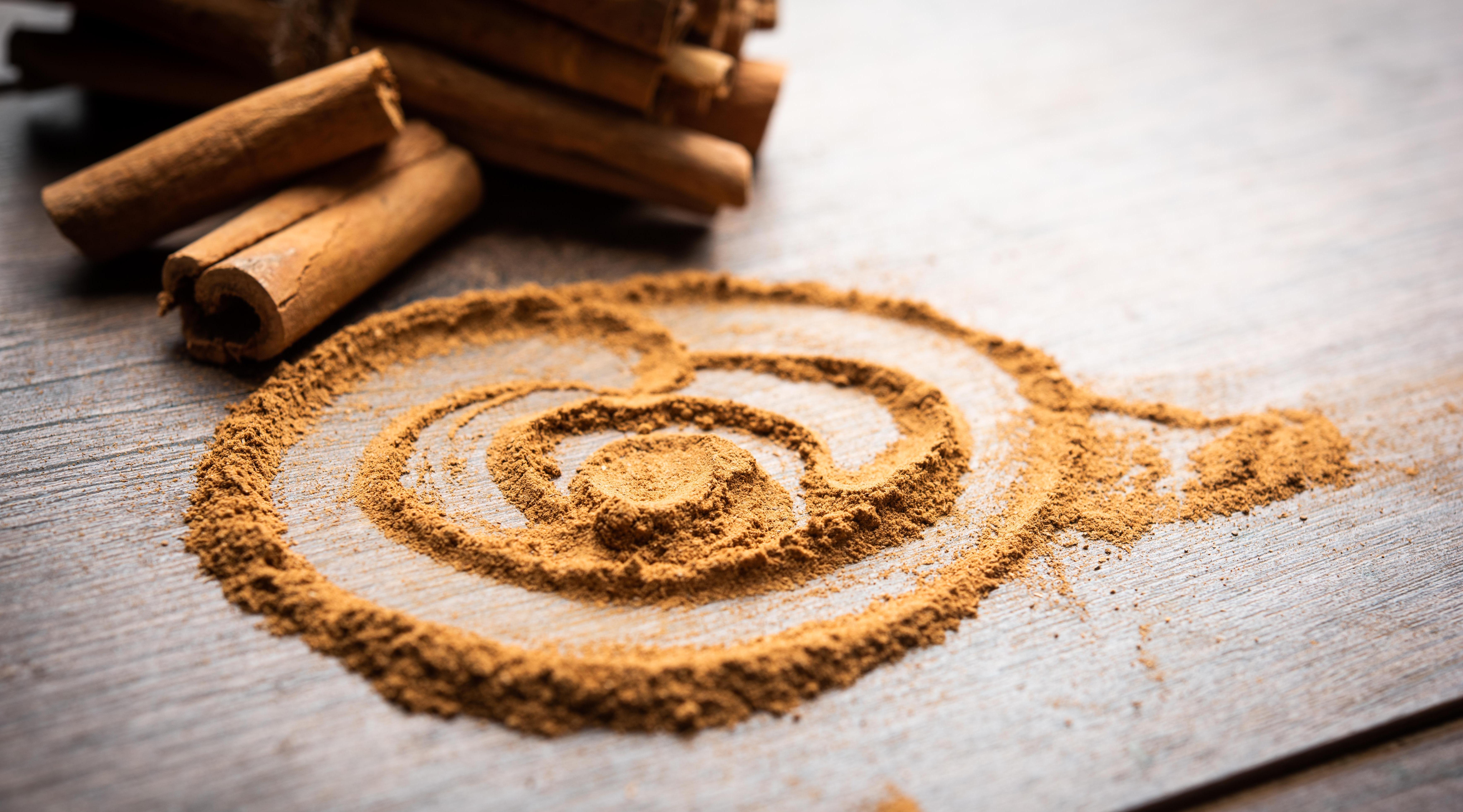
This beloved spice offers more than just comforting flavour. Cinnamon contains potent compounds like cinnamaldehyde, which exhibit significant antioxidant and anti-inflammatory properties. Research suggests cinnamon can help lower inflammatory markers, improve insulin sensitivity (important as poor blood sugar control fuels inflammation), and support cardiovascular health. Adding cinnamon to your oatmeal, coffee, smoothies, or savoury dishes is an easy way to incorporate its health-promoting benefits and add warmth and complexity to your meals.
21. Bell Peppers (Especially Red): Vitamin C & Quercetin Boost
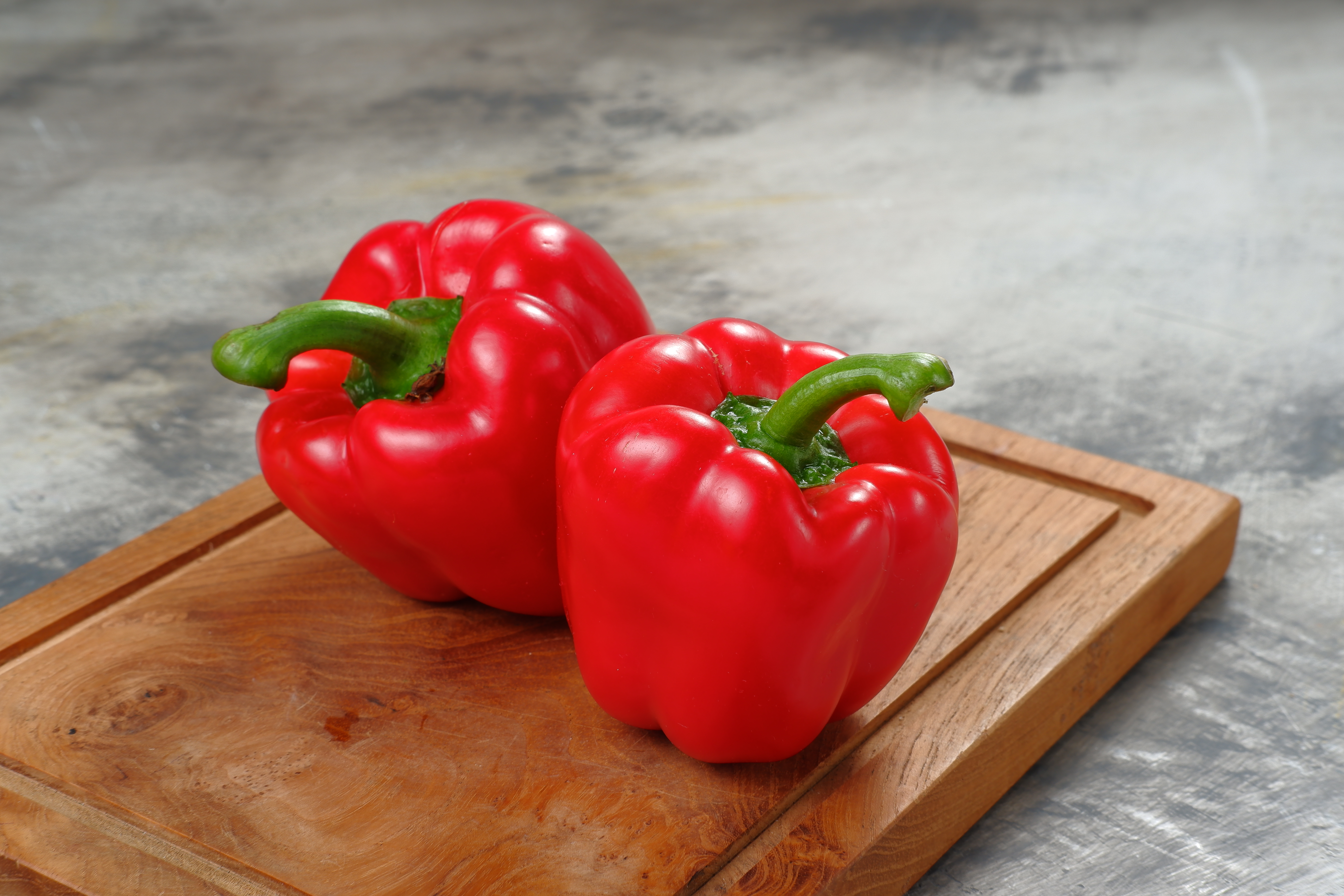
Vibrant bell peppers, particularly the red variety, are loaded with antioxidants that fight inflammation. They are an exceptional source of Vitamin C, a crucial antioxidant that supports immune function and protects cells from damage. Red bell peppers also contain quercetin, a flavonoid known for its anti-inflammatory and antihistamine effects. Enjoy them raw in salads or with dips, or roast them to bring out their natural sweetness – either way, they provide a colourful and effective boost to your anti-inflammatory arsenal.
22. Shiitake Mushrooms: Immune-Boosting Umami
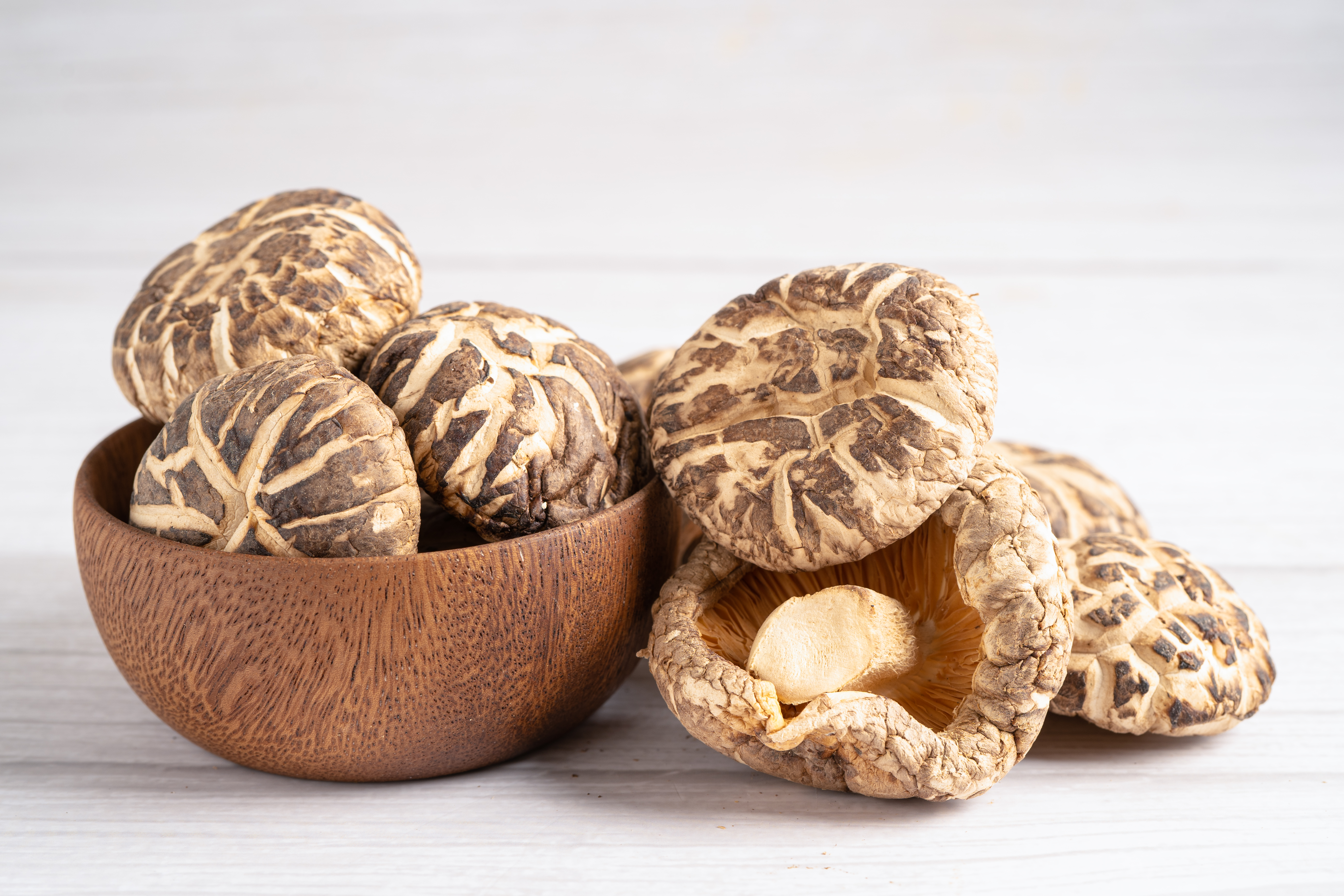
Beyond culinary appeal, shiitake mushrooms are packed with compounds like beta-glucans, known for their powerful immune-modulating and anti-inflammatory properties. These specialized polysaccharides help to balance the immune system, preventing an overactive inflammatory response while bolstering the body's defenses. They also contain eritadenine, which can help lower cholesterol. Incorporate fresh or dried shiitakes into stir-fries, soups, or even as a meat substitute, adding a rich umami flavor and a significant anti-inflammatory punch to your diet.
23. Flaxseeds: Tiny Seeds, Mighty Omega-3s
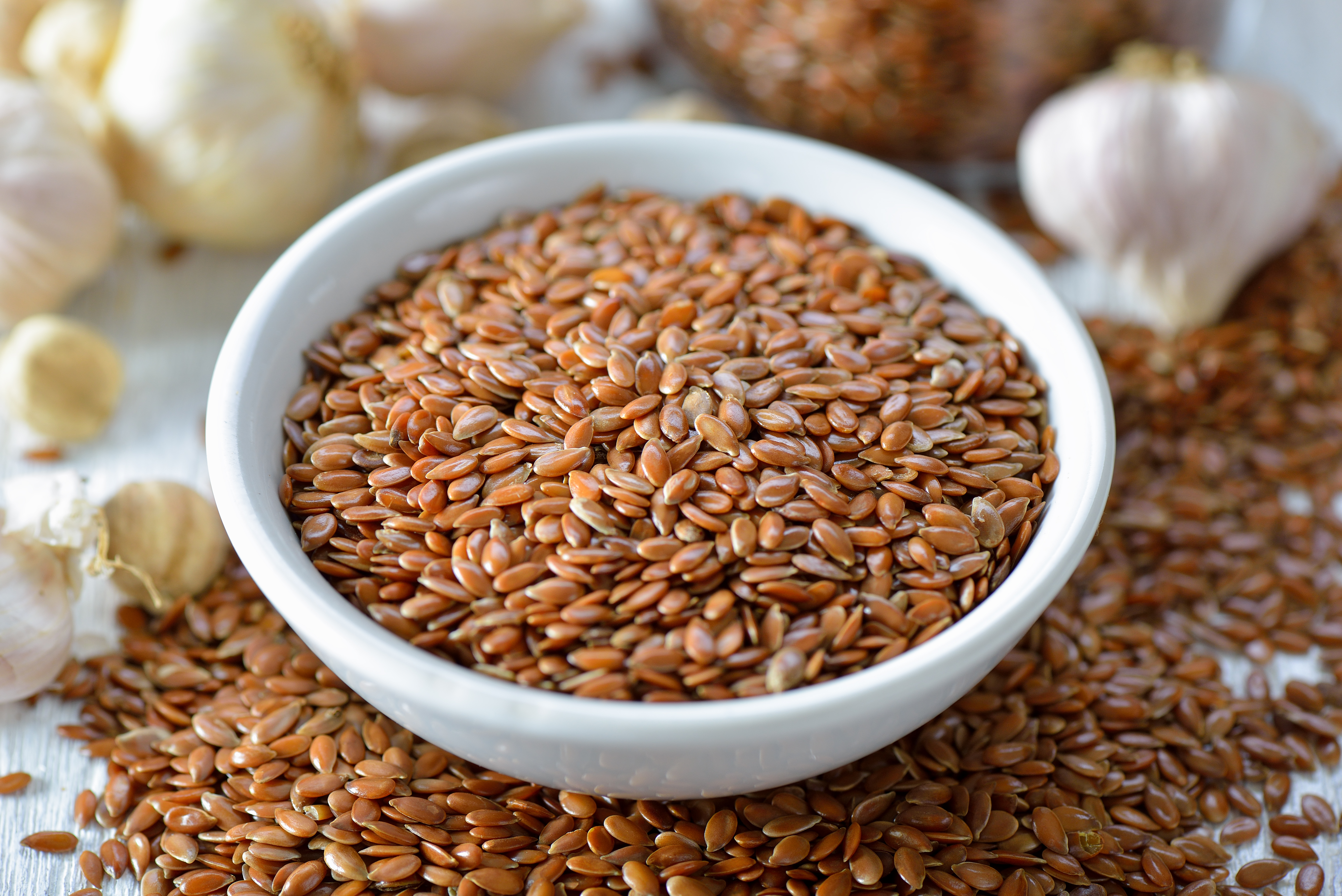
Flaxseeds are often overshadowed by chia, but they are a potent source of Alpha-Linolenic Acid (ALA), a plant-based omega-3 fatty acid that the body converts to EPA and DHA. They are also rich in lignans, compounds with antioxidant and anti-inflammatory properties that may help protect against certain cancers. Grind flaxseeds just before consumption to maximize nutrient absorption, and sprinkle them into smoothies, oatmeal, yogurt, or use as an egg substitute in baking. They are a discreet yet powerful ally against chronic inflammation.
24. Black Rice: The Forbidden Antioxidant Bomb
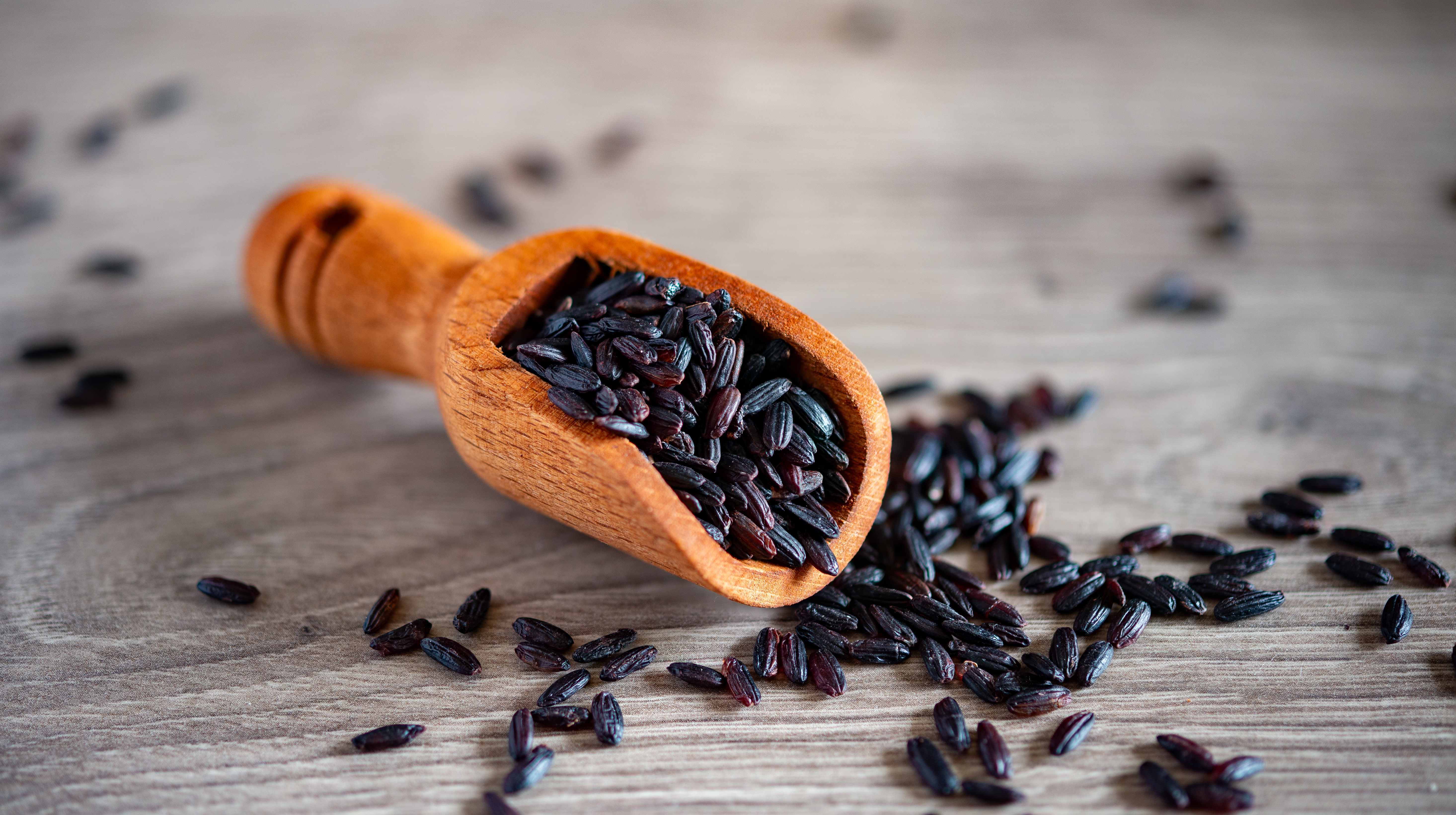
Once reserved for Chinese royalty, black rice (also known as forbidden rice) is a nutritional marvel. Its striking dark color comes from anthocyanins, the same potent antioxidants found in blueberries and blackberries, which are known for their exceptional anti-inflammatory capabilities. Black rice also boasts a higher protein and fiber content than brown rice, contributing to better gut health and stable blood sugar, both crucial for inflammation control. Use it as a vibrant and nutrient-dense alternative to white rice or pasta.
25. Blueberries: Brain-Boosting Antioxidants

While "Berries" (#3) is a broad category, blueberries deserve a dedicated spotlight due to their exceptional concentration of specific anthocyanins that uniquely target brain inflammation. These powerful antioxidants have been extensively studied for their neuroprotective effects, enhancing cognitive function and memory while reducing systemic inflammation markers. Blueberries also contribute to gut health, which indirectly impacts inflammation. Enjoy them fresh, frozen, or in smoothies for a concentrated burst of compounds specifically beneficial for both brain and overall body wellness.
26. Kimchi (and other Fermented Foods): Gut-Inflammation Connection
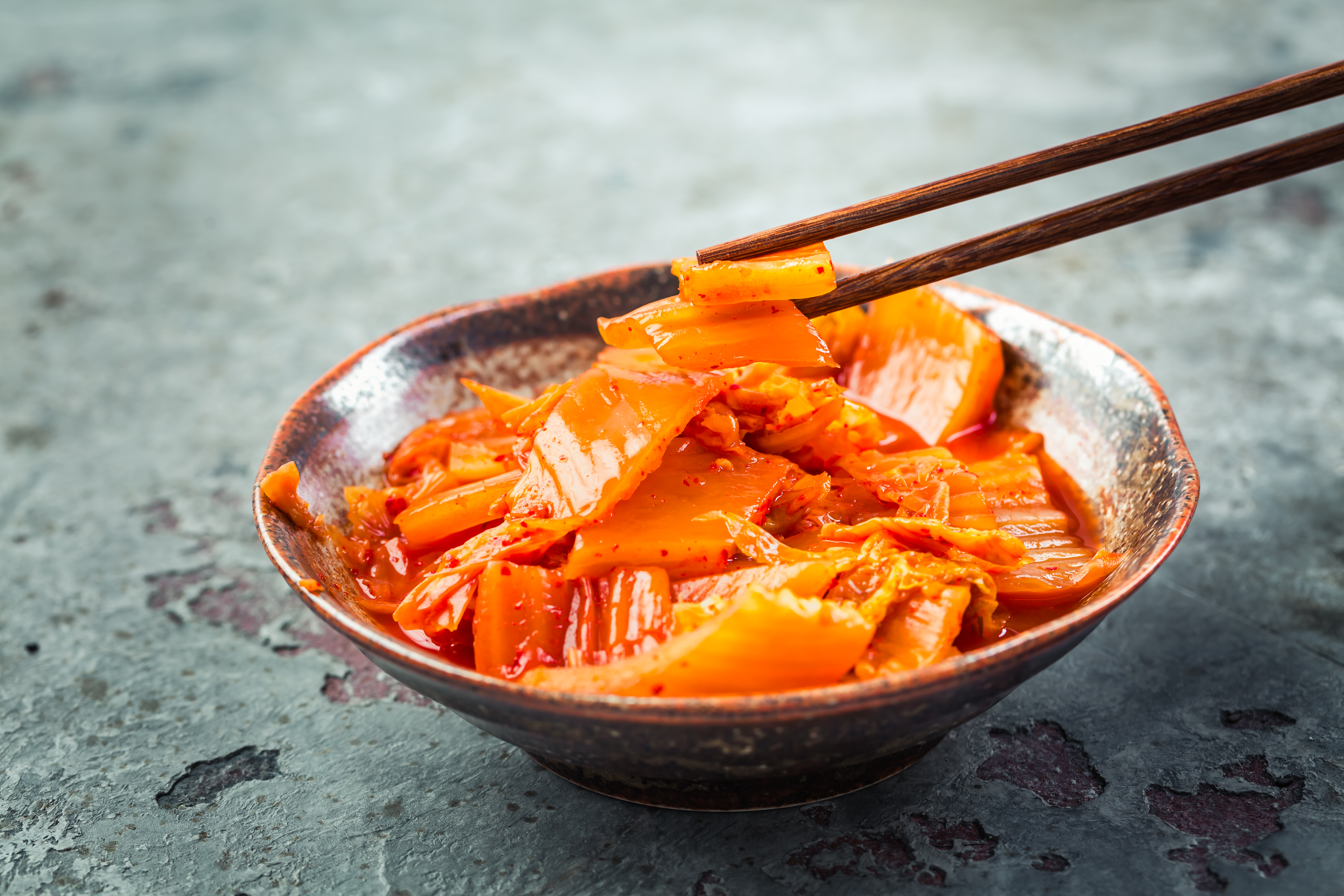
Kimchi, the fermented Korean staple, and other fermented foods like sauerkraut, kefir, and kombucha, are rich in probiotics. These beneficial bacteria directly support a healthy gut microbiome, which is increasingly recognized as a cornerstone of immune health and inflammation regulation. A balanced gut helps reduce systemic inflammation, improves nutrient absorption, and strengthens the gut lining. Regularly incorporating fermented foods can significantly contribute to cooling the internal fire, offering a tangy, flavorful path to better health.
27. Spirulina: The Algae Anti-Inflammatory
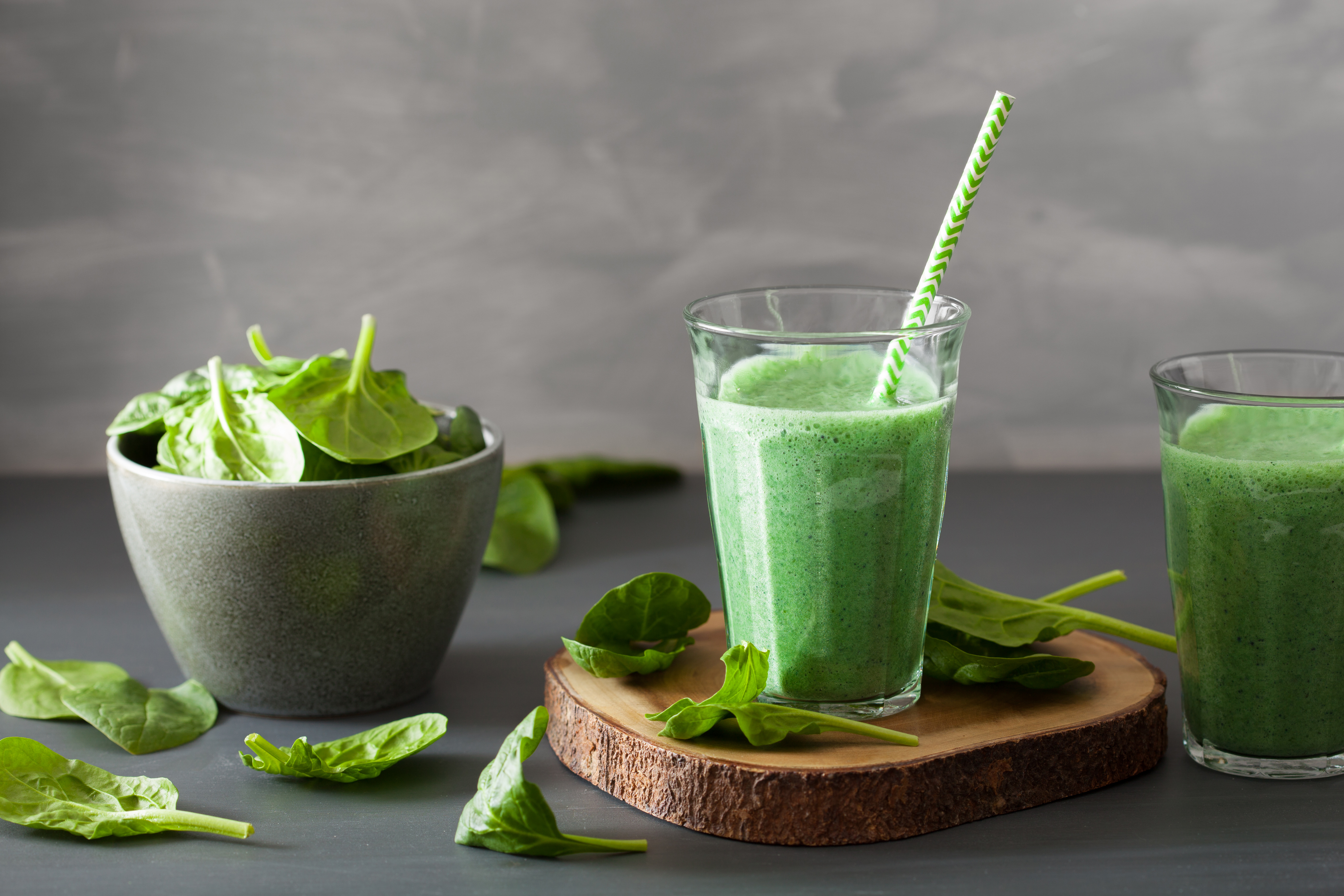
This blue-green algae is a nutrient-dense superfood packed with phycocyanin, a unique antioxidant pigment responsible for its distinctive color. Phycocyanin has been shown to powerfully inhibit inflammatory pathways in the body, making spirulina an effective anti-inflammatory agent. It's also a complete protein source and rich in vitamins and minerals. Add spirulina powder to smoothies or juices for a potent health boost, offering a unique and powerful way to combat inflammation from a microscopic source.
28. Pomegranate: The Ruby Red Inflammation Fighter
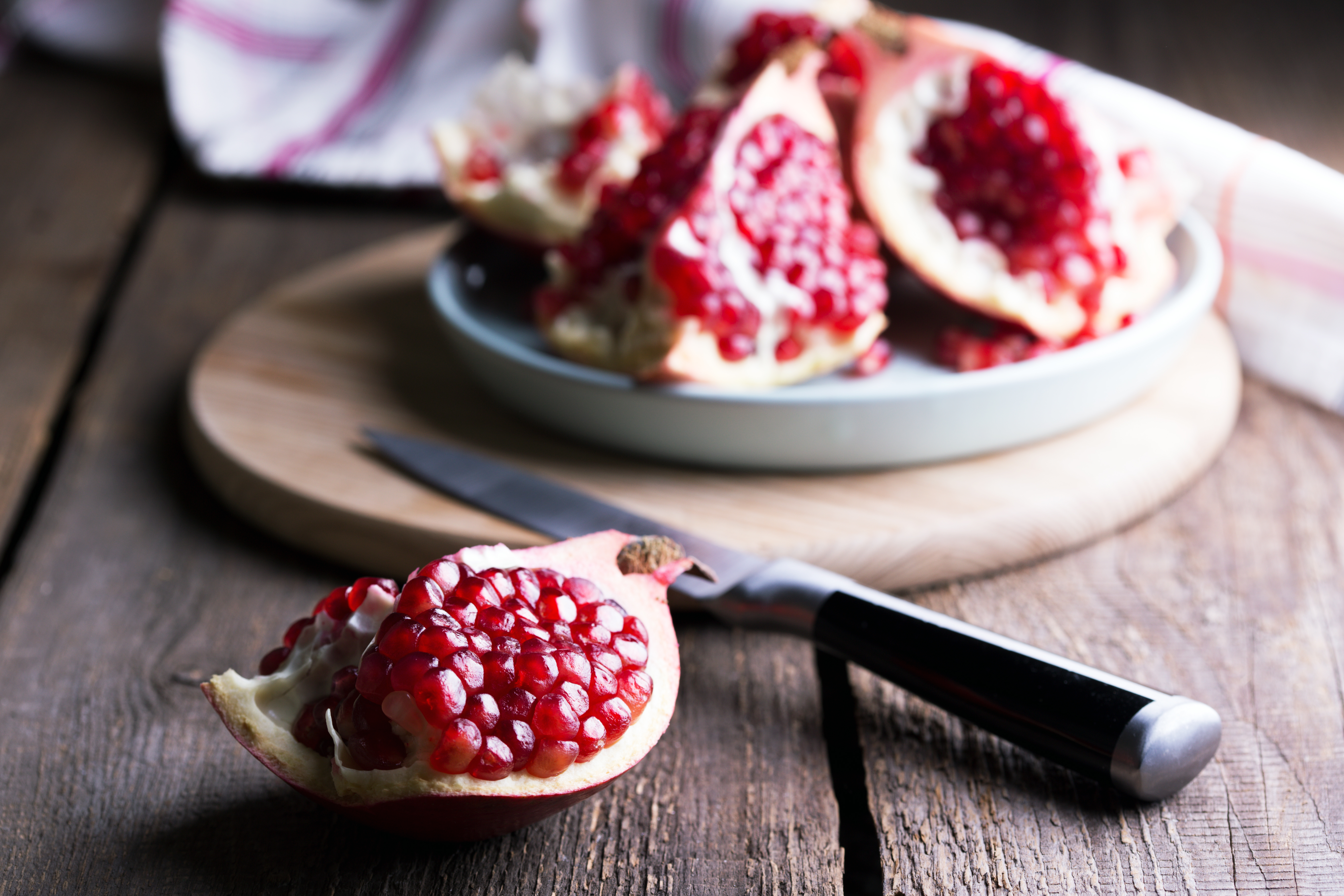
Pomegranate is more than just a beautiful fruit; its arils and juice are brimming with punicalagins, unique antioxidants responsible for many of its anti-inflammatory benefits. These compounds have been shown to protect cells from oxidative stress and reduce inflammation throughout the body, particularly benefiting cardiovascular health. Enjoy the fresh arils in salads or yogurt, or opt for pure, unsweetened pomegranate juice. This vibrant fruit offers a delicious and powerful way to integrate anti-inflammatory support into your diet.
29. Walnuts: Brain-Boosting Omega-3s
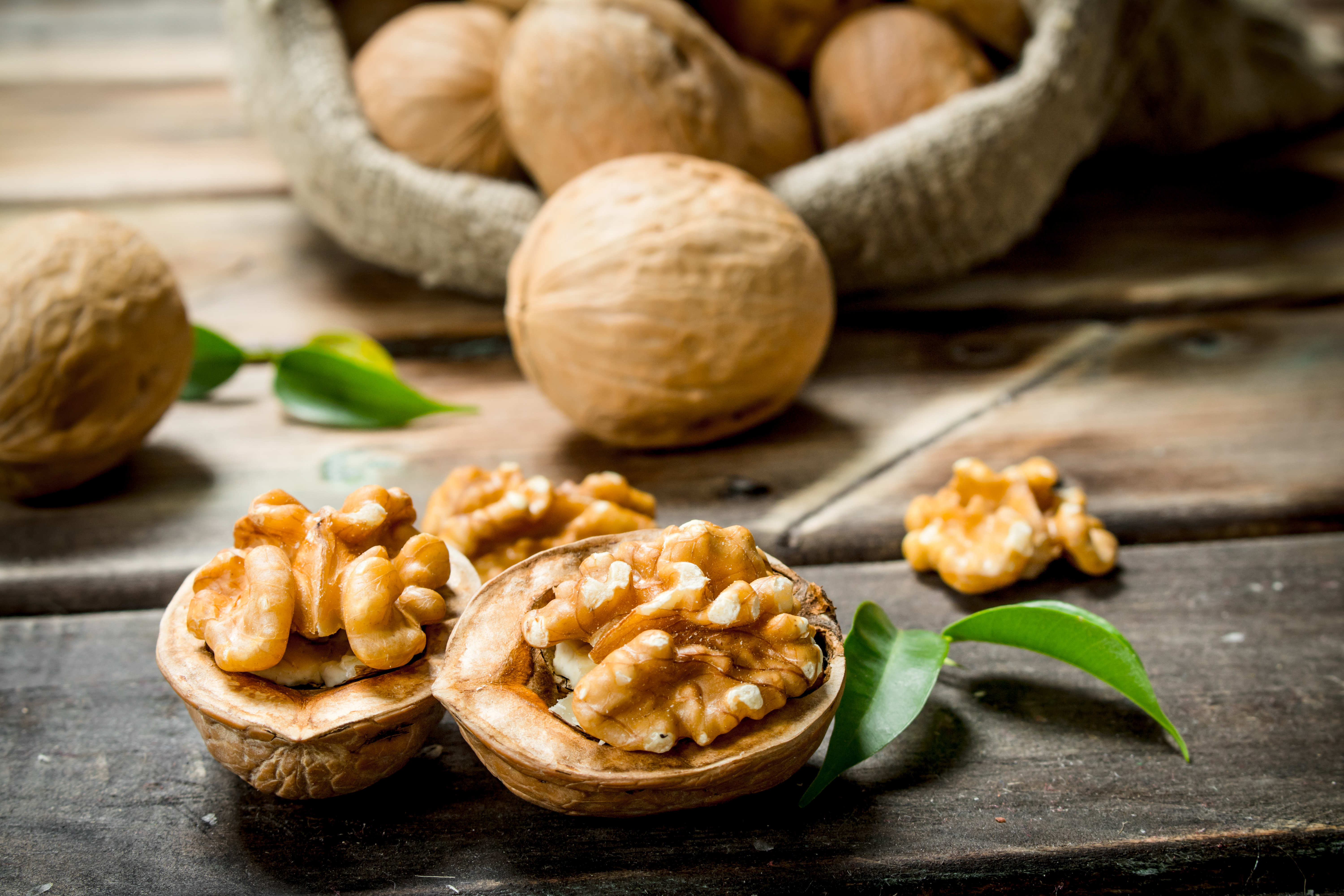
While the article mentions nuts, walnuts deserve a specific call-out due to their unique nutritional profile. They are one of the best plant-based sources of ALA omega-3 fatty acids, crucial for fighting inflammation. Walnuts also contain a host of antioxidants and polyphenols that further contribute to their anti-inflammatory power, particularly benefiting brain health and cardiovascular function. A handful of walnuts daily is a simple yet effective way to support overall wellness and keep systemic inflammation at bay.
30. Red Grapes (and Resveratrol): The Skin's Secret Weapon

The skin of red grapes is rich in resveratrol, a potent polyphenol widely studied for its anti-inflammatory and anti-aging properties. Resveratrol helps to reduce oxidative stress and modulate inflammatory pathways, offering protective effects against various chronic diseases. While present in red wine, consuming red grapes directly (or in juice form) provides the benefits without alcohol. Enjoy them as a snack, in salads, or even frozen for a refreshing treat, harnessing their natural anti-inflammatory power.
31. Sweet Potatoes: Complex Carbs, Simple Inflammation Relief
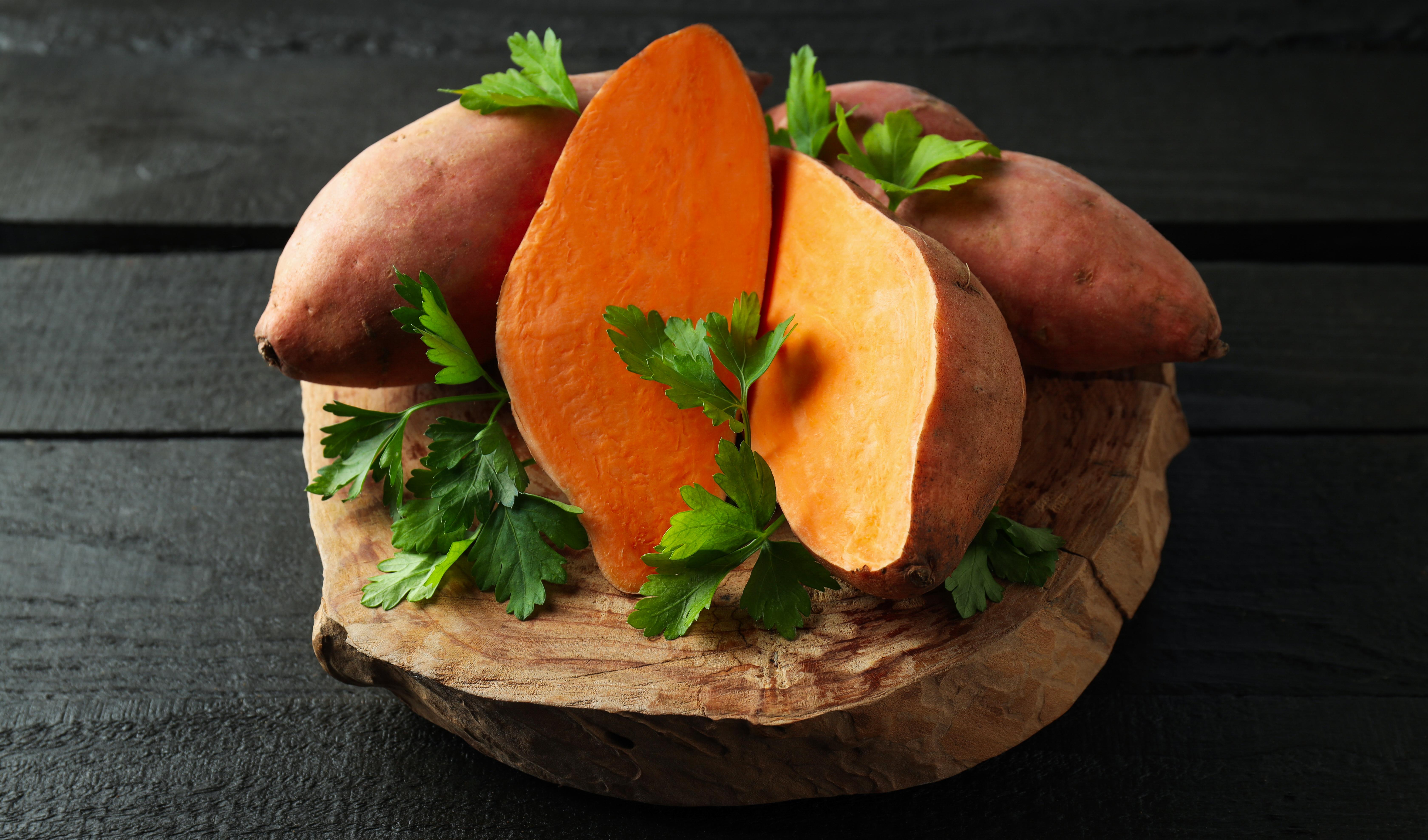
Sweet potatoes are a fantastic source of complex carbohydrates, crucial for sustained energy, and they also pack a powerful anti-inflammatory punch. They are rich in beta-carotene (a precursor to Vitamin A), which acts as a strong antioxidant, and contain compounds that help regulate blood sugar levels, preventing inflammatory spikes. Their high fiber content also supports gut health. Enjoy them roasted, baked, or mashed for a delicious and naturally sweet way to fight inflammation and fuel your body.
32. Seaweed: The Ocean’s Anti-Inflammatory Gift
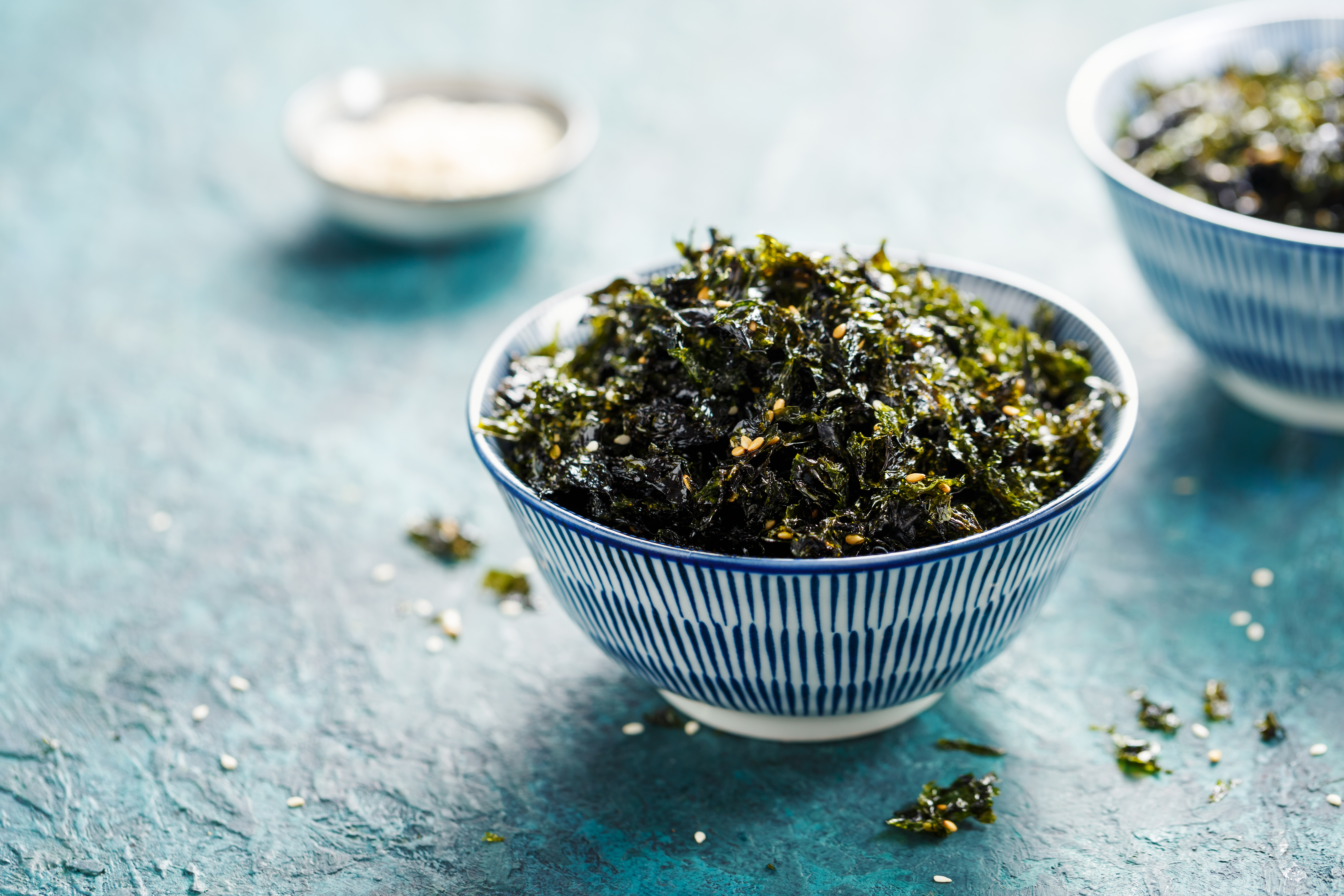
Seaweed, especially varieties like nori, wakame, and kelp, is a mineral-rich powerhouse that offers unique anti-inflammatory benefits thanks to compounds like fucoxanthin and phlorotannins. These antioxidants help reduce pro-inflammatory enzymes and support cellular repair. Seaweed is also high in iodine, which supports thyroid function—a crucial player in regulating inflammation throughout the body. Its soluble fiber (especially alginate) supports gut health by feeding beneficial microbes, indirectly reducing inflammation. Add seaweed to miso soup, use it in wraps, or enjoy roasted nori as a snack. It’s a savory, umami-rich way to bring the sea’s healing potential to your plate.
33. Cilantro: The Heavy Metal Cleanser
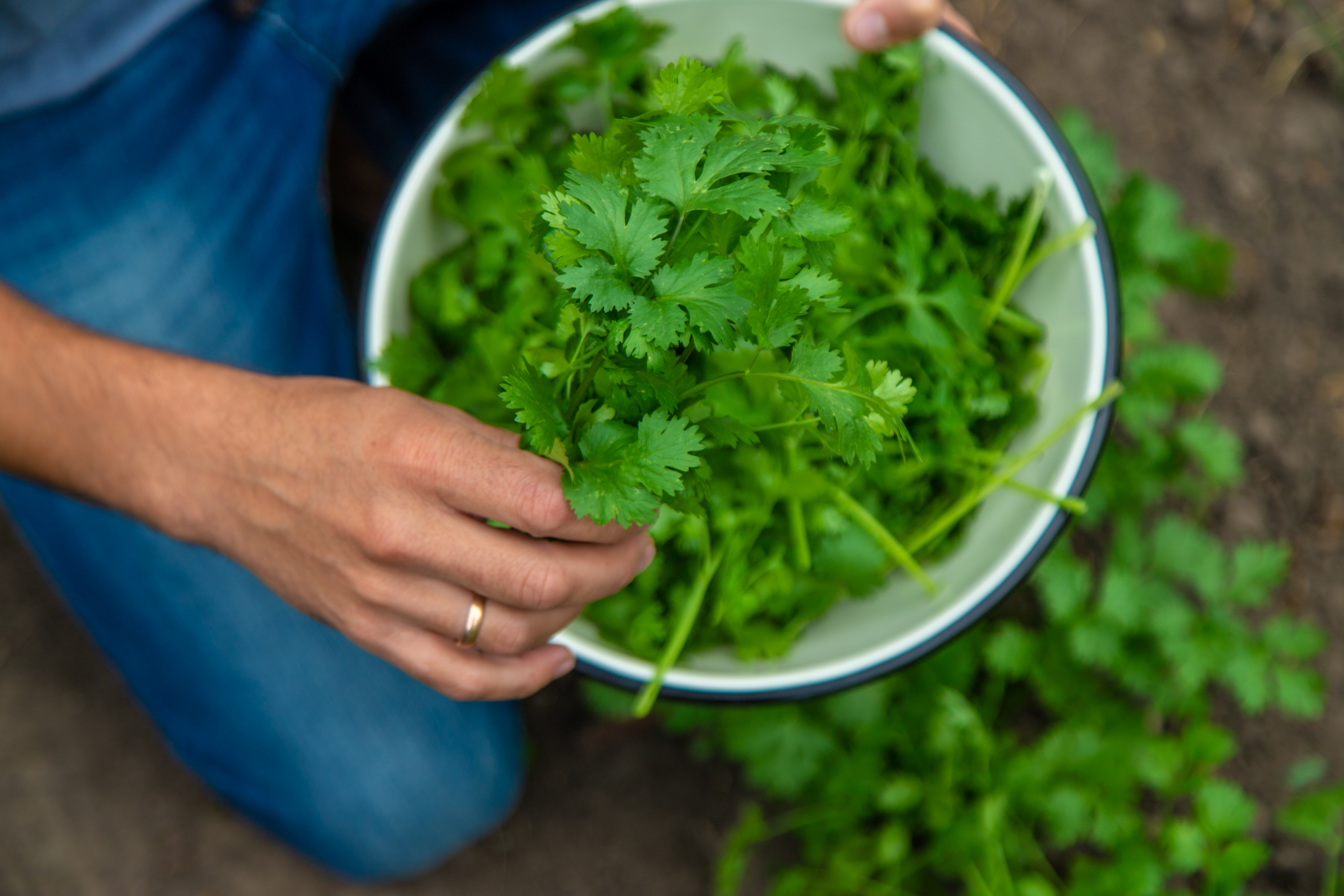
Often seen as just a garnish, cilantro is a potent detoxifier with real anti-inflammatory potential. It contains antioxidants like quercetin and kaempferol, which combat oxidative stress, and it’s particularly known for binding to heavy metals like mercury and lead, helping to remove them from the body. Since heavy metal toxicity can fuel chronic inflammation, cilantro’s chelating properties are a powerful tool for long-term systemic health. Blend it into smoothies, sauces, or chimichurri for a bright, herbaceous flavor that pulls double duty: delicious and deeply cleansing.
34. Celery (and Celery Juice): Hydrating Inflammation Relief
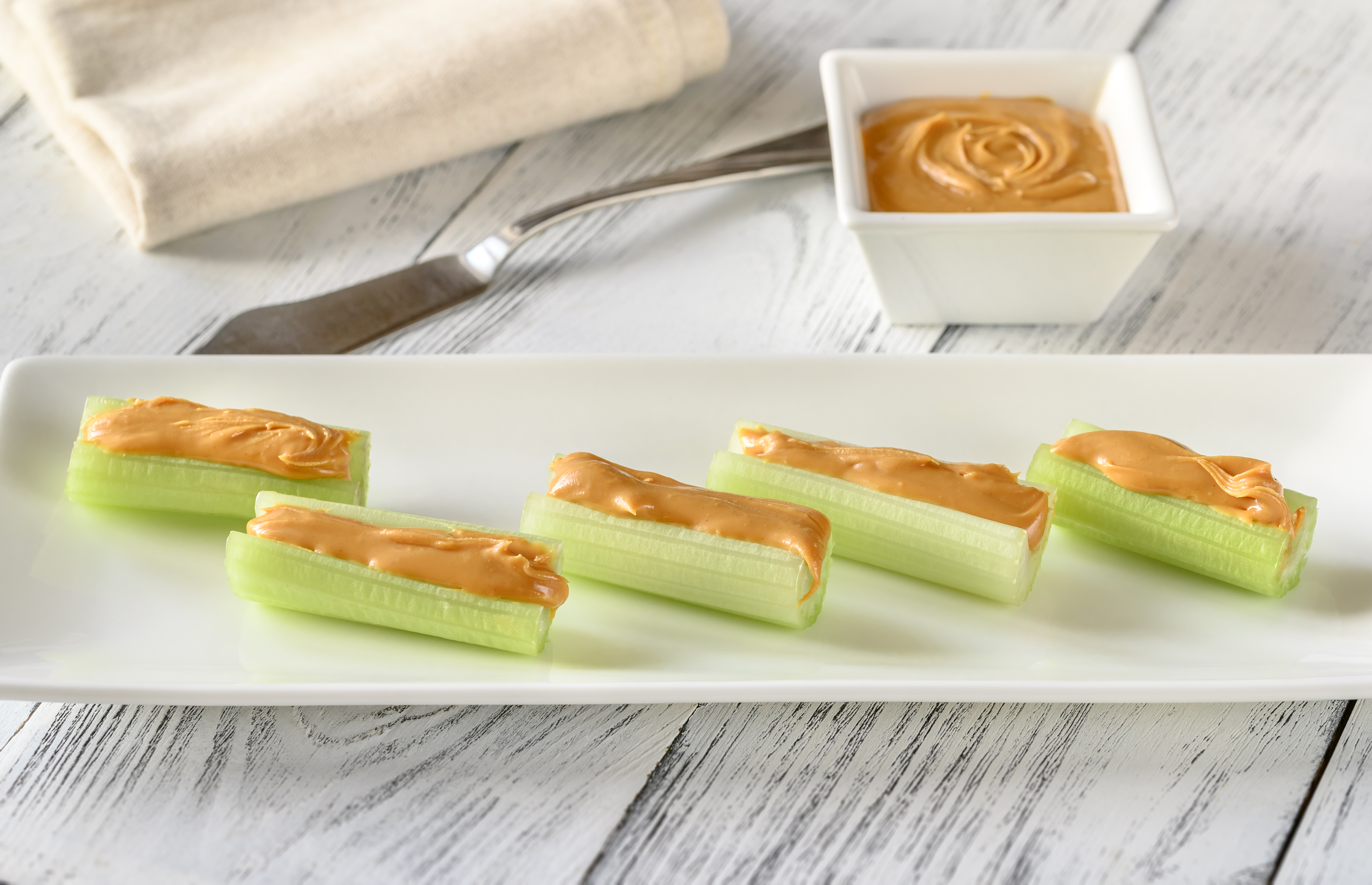
Celery is more than a crunchy diet food—it’s a natural anti-inflammatory agent loaded with phytonutrients like apigenin and luteolin. These compounds have been shown to reduce inflammation in the brain and digestive tract. Celery is also high in water and electrolytes, which help flush out toxins and reduce bloating. Celery juice, when consumed regularly, is believed to support gut lining repair and reduce symptoms of inflammatory conditions like IBS. Whether juiced, sautéed, or eaten raw with hummus, celery is a hydrating, alkalizing addition to any anti-inflammatory protocol.
35. Black Garlic: Aged for Anti-Inflammatory Strength
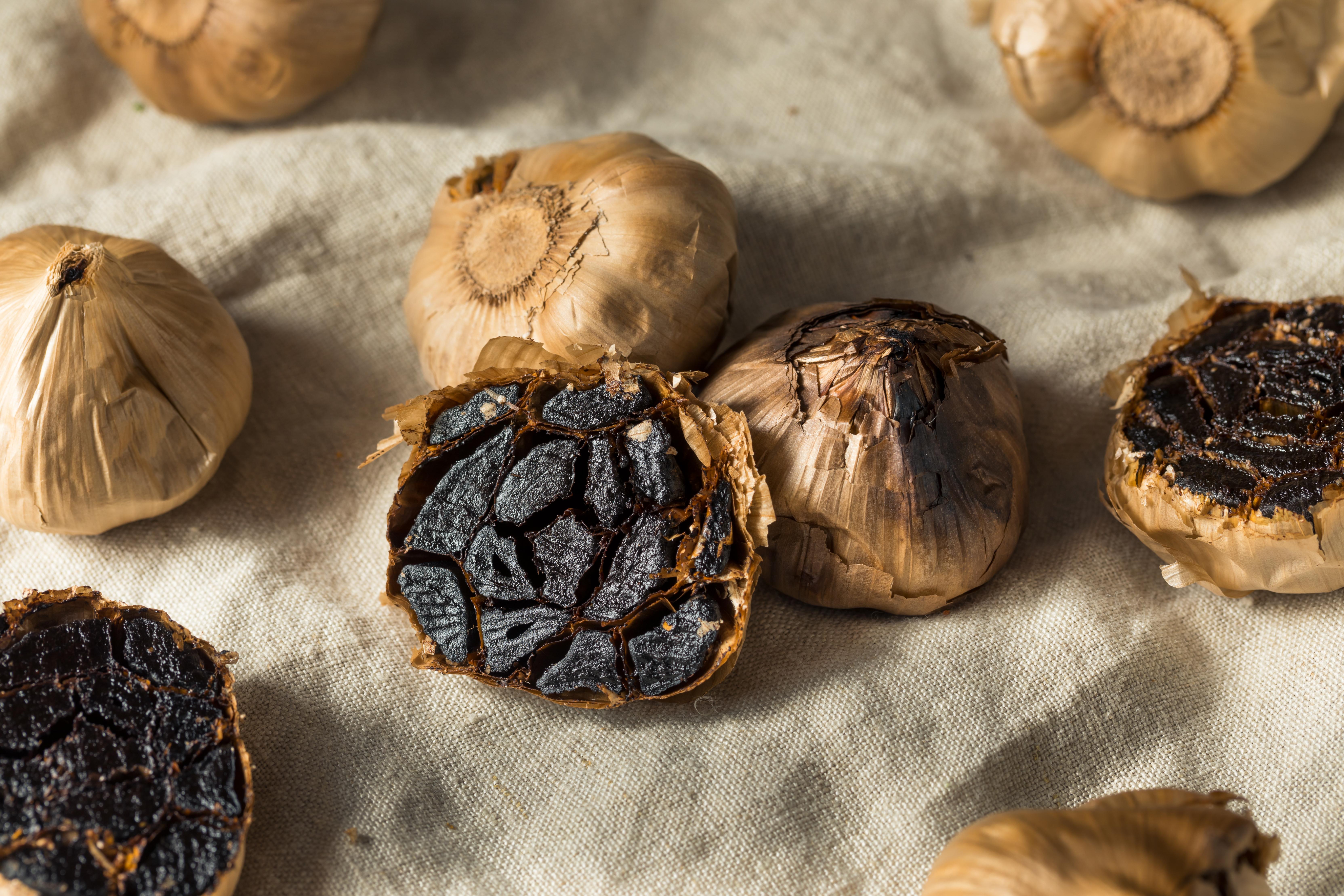
Black garlic is regular garlic that has been aged and fermented, transforming its sharp bite into a sweet, balsamic-like flavor. This process amplifies its antioxidant content—especially S-allyl cysteine—making it even more potent at reducing oxidative stress and suppressing inflammatory responses. It’s easier on the stomach than raw garlic and offers a unique culinary experience that pairs beautifully with roasted vegetables, grain bowls, or salad dressings. This umami-rich powerhouse is especially supportive for heart health and immune resilience, making it a luxurious yet functional upgrade to your inflammation-fighting arsenal.
36. Fenugreek Seeds: The Ancient Inflammation Tamer
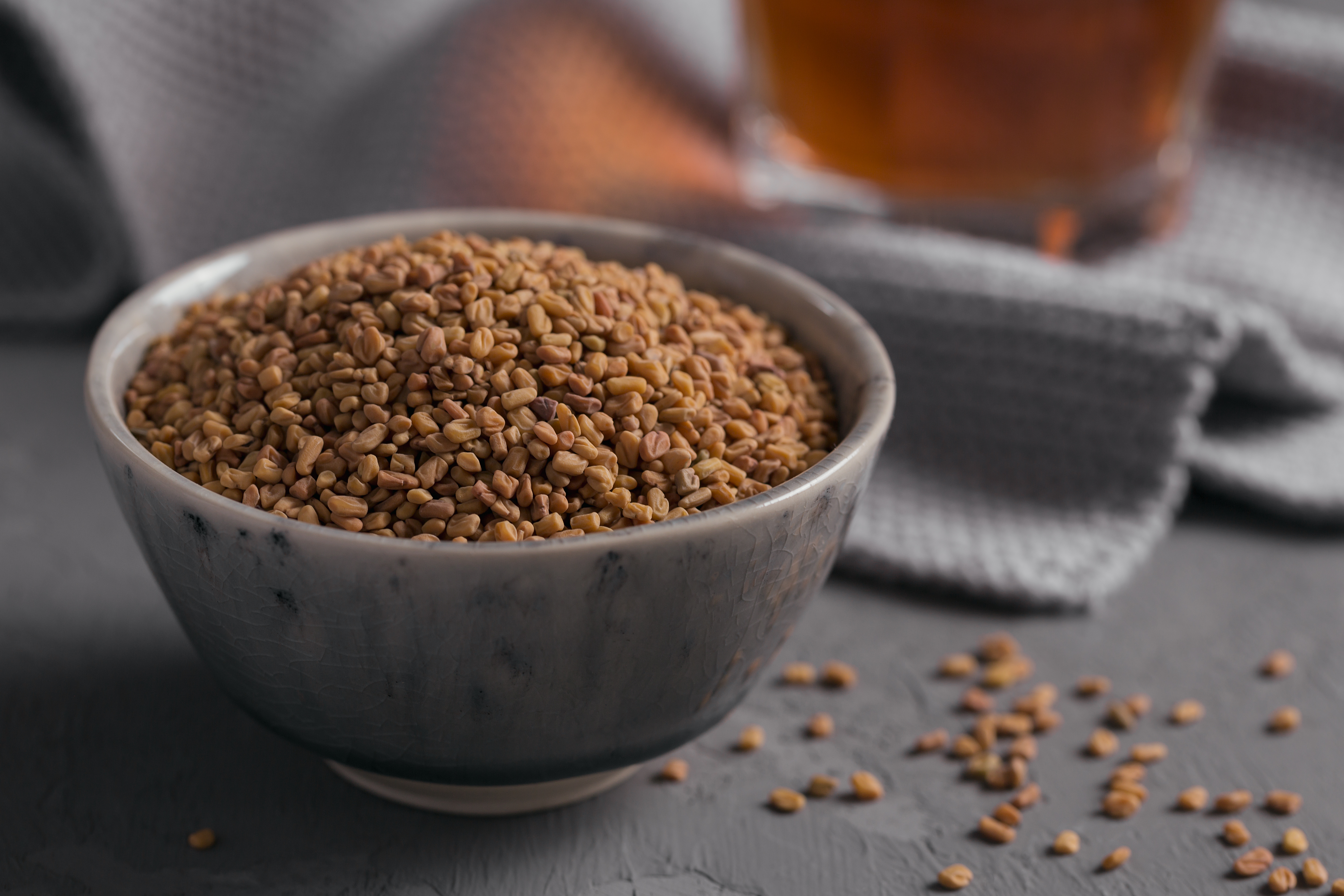
Used for centuries in Ayurvedic and Middle Eastern medicine, fenugreek seeds are loaded with anti-inflammatory and antioxidant compounds like galactomannan and saponins. These support metabolic health, lower blood sugar, and reduce markers of systemic inflammation. Fenugreek also contains mucilage, a soluble fiber that soothes the digestive tract and supports gut health—critical for managing chronic inflammation. Soak the seeds overnight and drink the water, or use them in spice blends, curries, or even teas. Their bitter, maple-like flavor is distinctive—and their healing power is profound.
37. Black Cumin Seed Oil (Nigella Sativa): The Powerhouse Oil

This ancient oil, derived from the seeds of the Nigella sativa flower, is a potent anti-inflammatory tool, particularly in the Mediterranean and Middle East. Its primary active compound, Thymoquinone, is a powerful antioxidant that has been studied extensively for its ability to suppress key inflammatory mediators and enzymes in the body, rivaling the effects of some synthetic drugs. It’s uniquely supportive of respiratory health and joint comfort. While its strong, pungent flavor can be intense, taking a spoonful directly, or mixing it into honey or a small amount of yogurt, delivers a concentrated dose of its therapeutic benefits. It is a true, traditional medicine cabinet in a bottle.
38. Holy Basil (Tulsi): The Stress-Busting Adaptogen
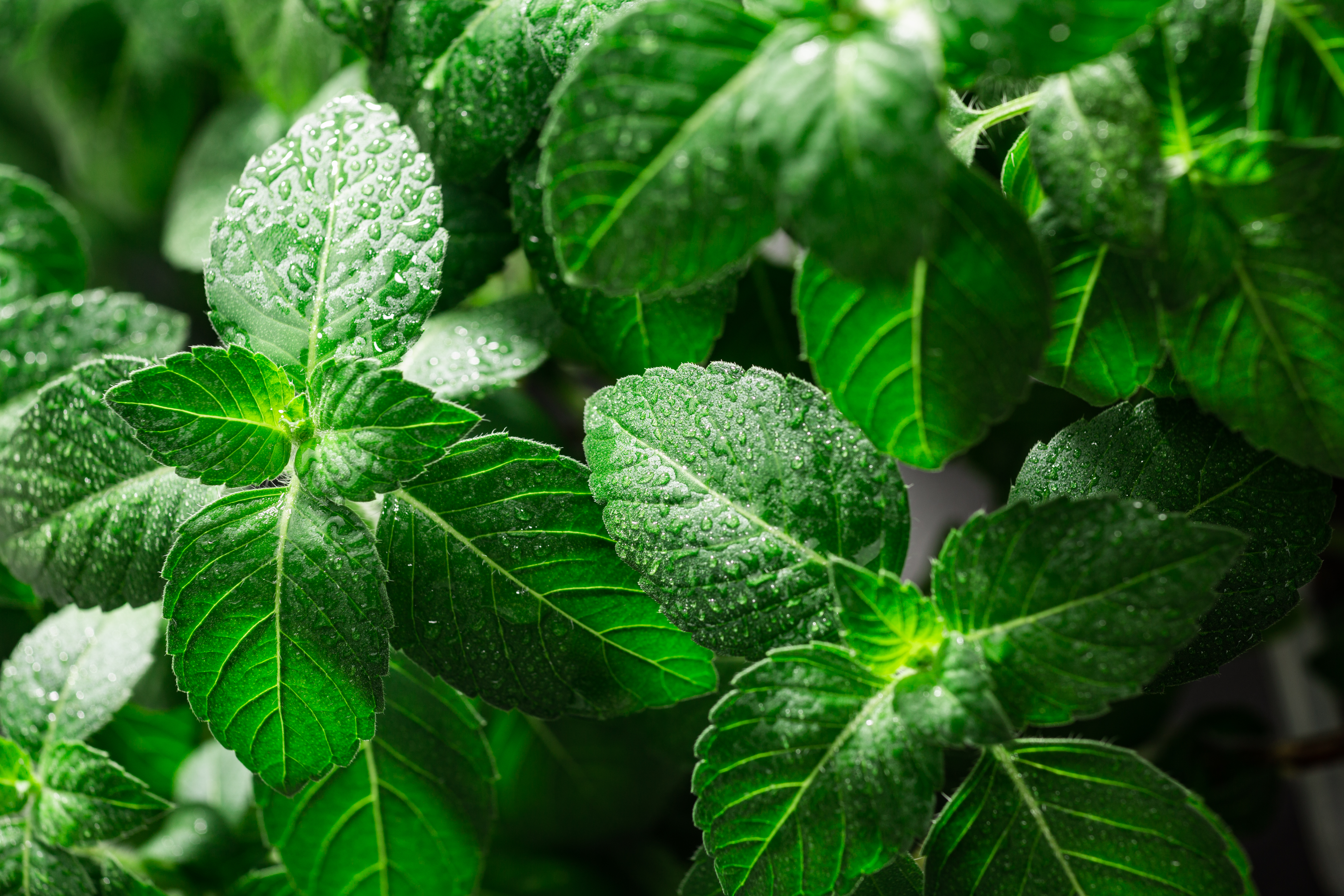
More than a fragrant herb, Holy Basil, or Tulsi, is revered in Ayurvedic medicine as an adaptogen—a substance that helps the body adapt to stress. Chronic stress is a powerful driver of inflammation, often through the sustained release of cortisol. Tulsi’s unique mix of essential oils and compounds (like eugenol and rosmarinic acid) works to soothe the nervous system, lower cortisol levels, and directly inhibit inflammatory pathways. Consuming it as a daily warm tea is the most effective way to harness its benefits, providing not only a delicious, calming ritual but also a sustained, internal defense against the inflammation fueled by the pressures of modern life.
39. Asparagus: Prebiotic Firefighter
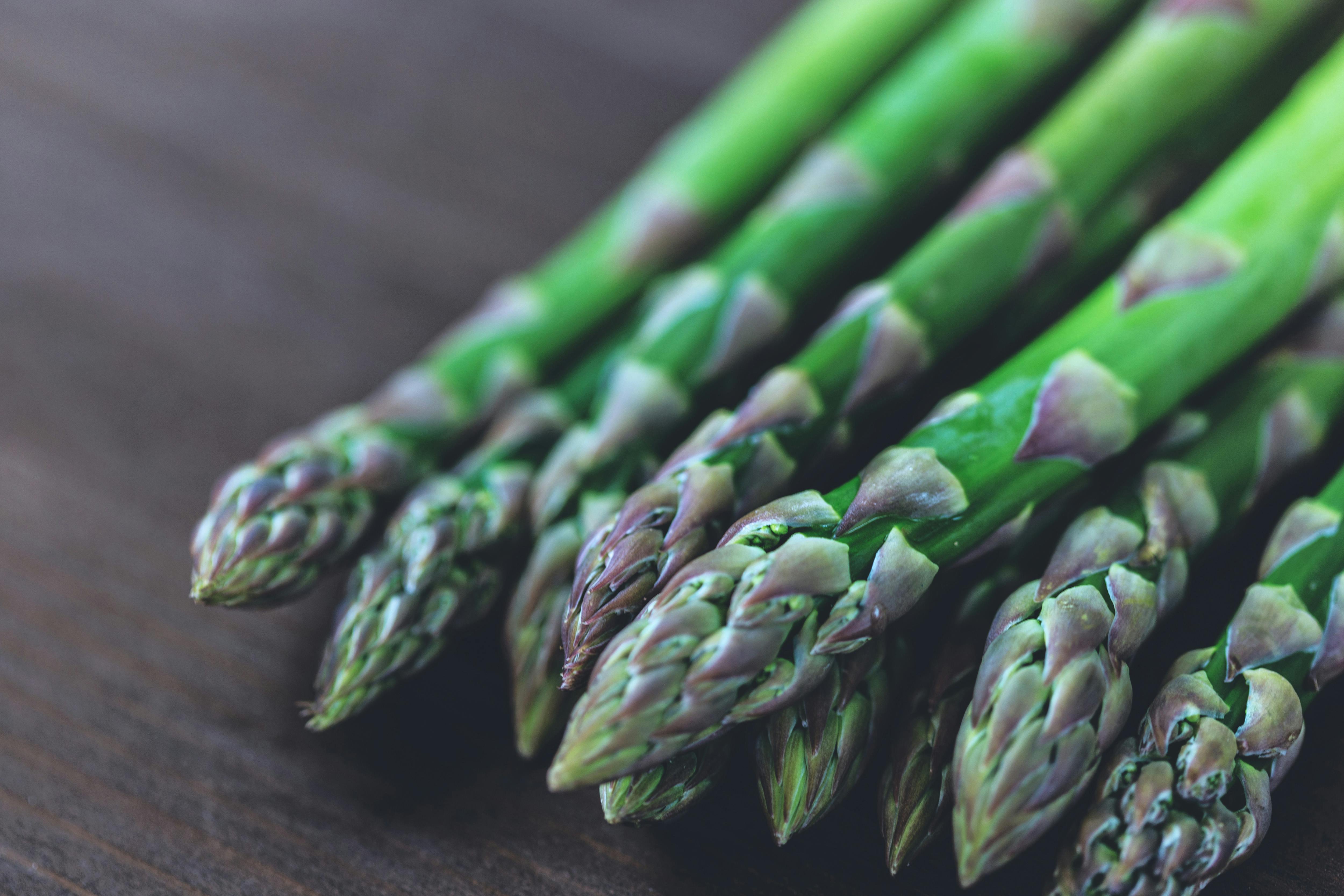
Often overlooked as a simple side dish, asparagus is a crucial inflammation fighter, primarily due to its high concentration of Inulin, a powerful prebiotic fiber. This fiber bypasses digestion to feed beneficial bacteria in the gut, which then produce anti-inflammatory short-chain fatty acids (SCFAs) like butyrate. A healthy, balanced gut microbiome is foundational to a calm immune system. Asparagus also contains Quercetin and Rutin, flavonoids that directly target and cool inflammatory responses in the body. By supporting the gut and delivering direct antioxidants, asparagus works on multiple fronts to reduce systemic inflammation.
40. Watercress: Nutrient-Dense Cellular Protector

Watercress, a peppery, dark leafy green, offers a unique profile of compounds that aggressively combat cellular damage. It is loaded with PEITC (phenylethyl isothiocyanate), a compound released when the leaves are chopped or chewed, which is known for its ability to block inflammatory enzymes and detoxify carcinogens. It also boasts exceptionally high levels of Vitamin K and potent antioxidants that repair DNA damage caused by chronic inflammation. Adding fresh watercress to salads, sandwiches, or blending it into soups provides a sharp, refreshing flavor and a concentrated, low-calorie dose of nutrients geared toward internal cleaning and protection.
41. Oysters and Mussels: Trace Mineral Regulators

Focusing on unique trace mineral support, oysters and mussels are remarkable superfoods because they are the single richest natural source of Zinc and Selenium. Zinc is critical for regulating T-cells and dampening inflammatory signaling, while Selenium is essential for the function of antioxidant enzymes that scavenge inflammatory free radicals. Chronic inflammation can deplete these vital minerals. Eating these shellfish helps rapidly replenish these stores, ensuring the immune system has the resources it needs to resolve inflammation efficiently and prevent an over-exuberant, damaging response. They are a powerful, savory boost for immune and thyroid health.
42. Rooibos Tea: The Gut-Calming Antioxidant
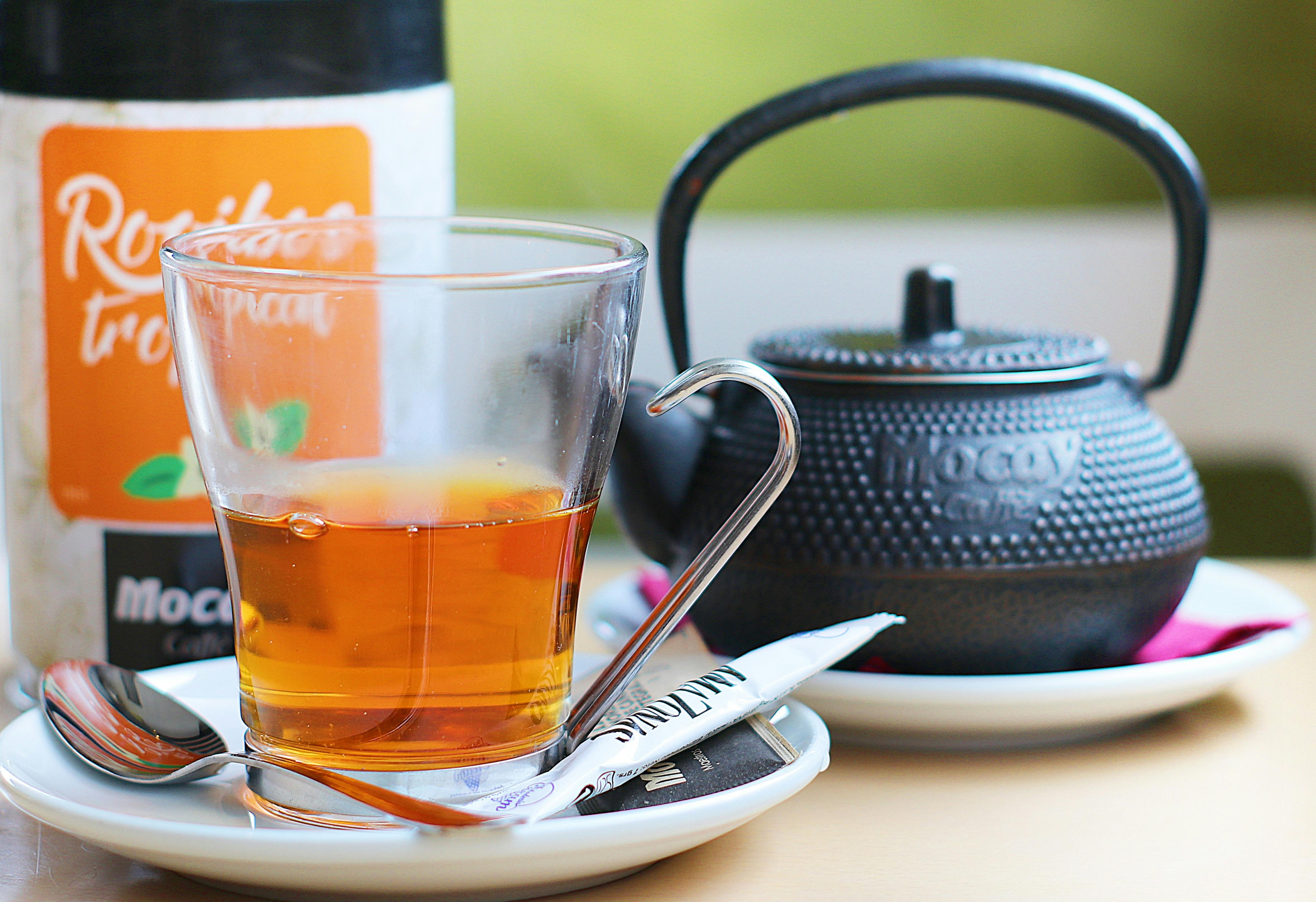
This South African herbal tea is an exceptional addition because its primary flavonoid, Aspalathin, is rarely found in other foods. Aspalathin acts as a powerful antioxidant and has been shown to protect against oxidative stress in the gut and liver, two major areas that fuel systemic inflammation. Unlike many teas, Rooibos is naturally caffeine-free and low in tannins, making it easy on the stomach. Regular consumption supports a healthy stress response, indirectly mitigating inflammation triggered by cortisol, and it provides a daily, gentle source of compounds that cool inflammation from the inside out.
43. Jicama: The Resistant Starch Prebiotic
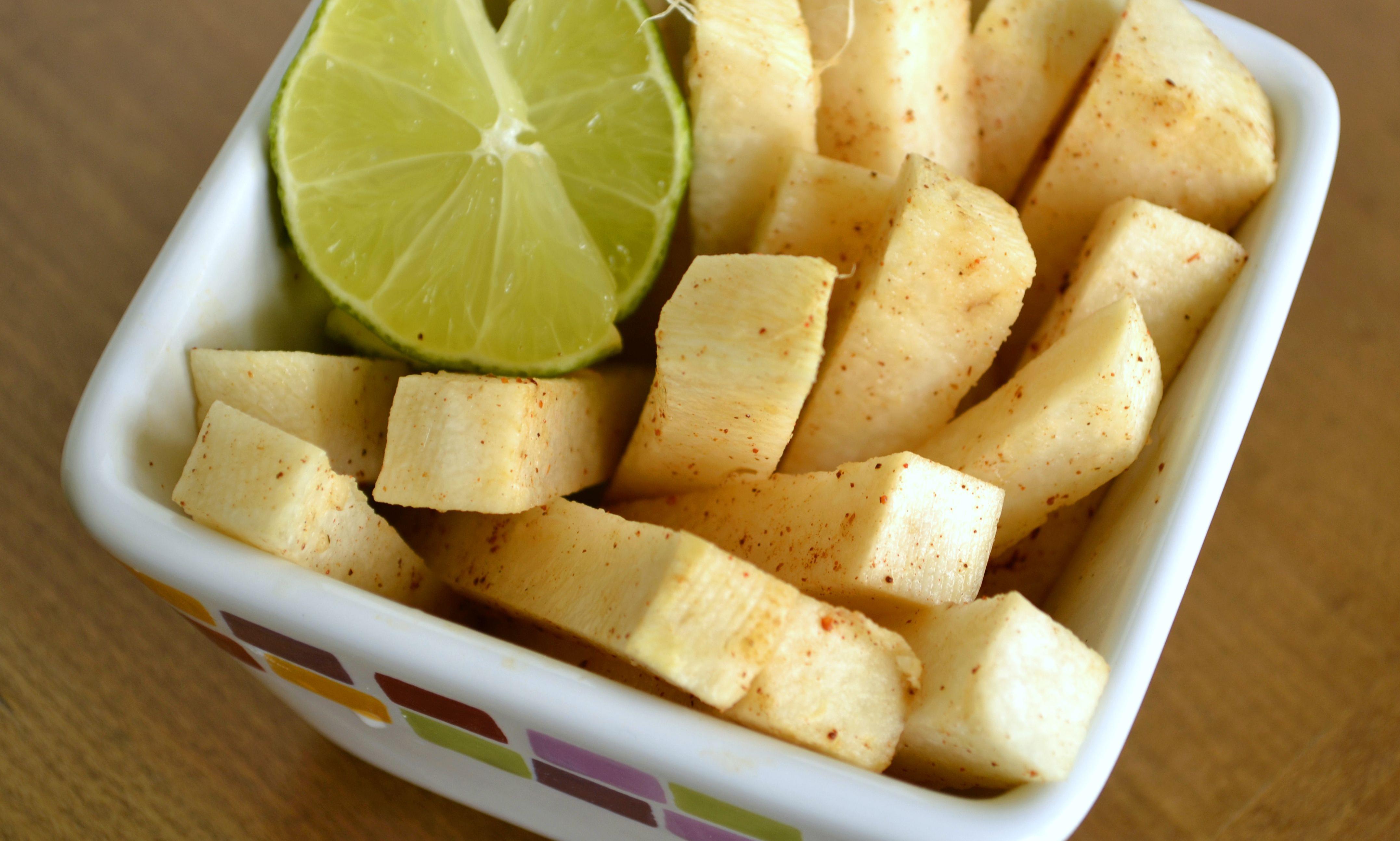
Jicama, a crunchy, mild-tasting root vegetable, is a powerful anti-inflammatory warrior due to its high content of Inulin, a type of resistant starch. Unlike typical fiber, resistant starch passes undigested to the large intestine, where it acts as potent prebiotic fuel for beneficial bacteria. This process yields large amounts of Butyrate (a Short-Chain Fatty Acid), which is the most critical anti-inflammatory agent for strengthening the gut lining and reducing leaky gut syndrome—a primary source of chronic, low-grade inflammation. Grate jicama raw into salads or use it as a low-carb alternative to chips.
44. Horsetail (Silica): The Connective Tissue Healer
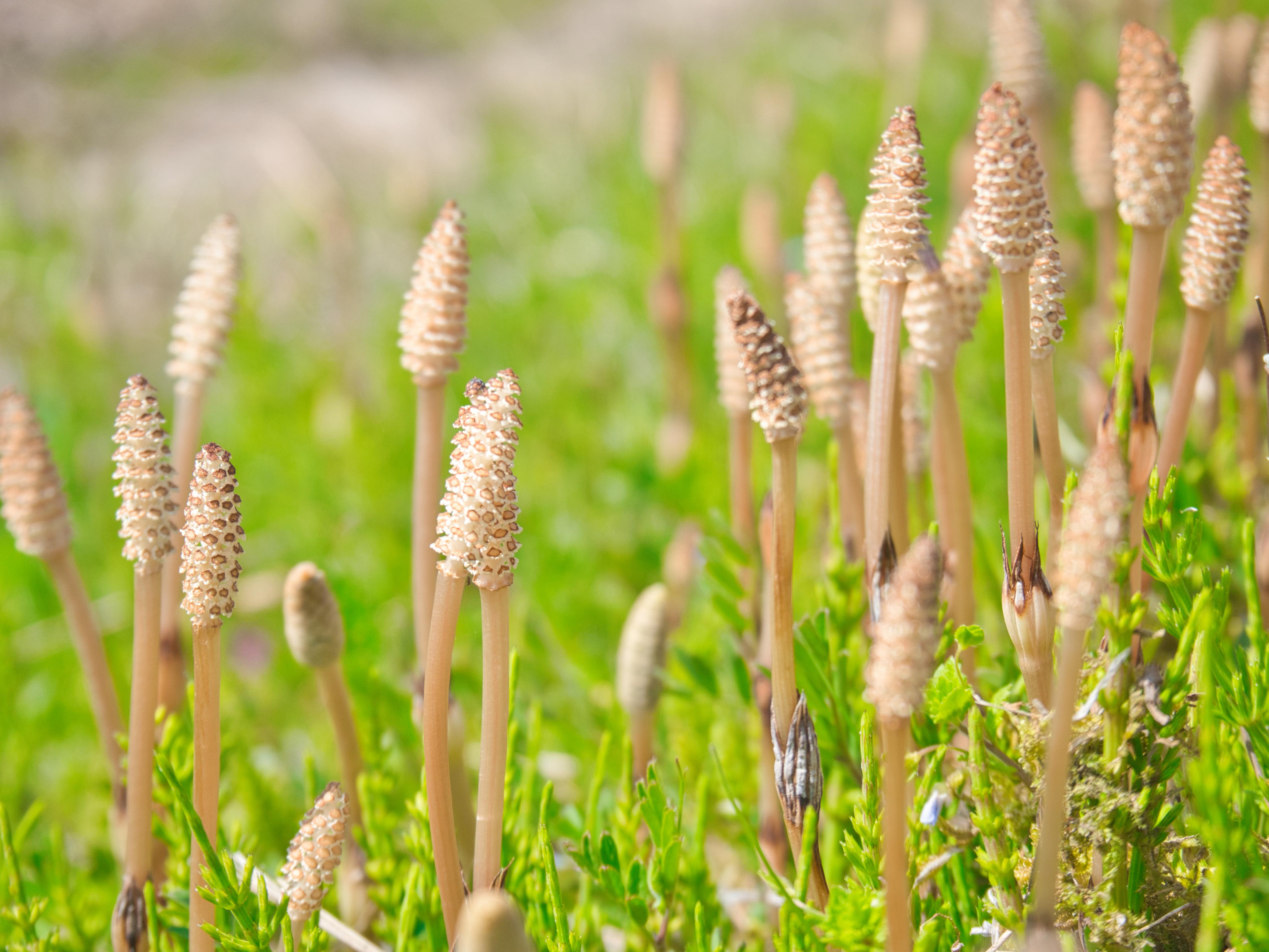
The herbal remedy Horsetail is a unique and often-overlooked superfood, not for its vitamins or traditional antioxidants, but for being one of the richest natural sources of the trace element Silica (Silicon). Silica is absolutely essential for the body to synthesize and maintain collagen and elastin, the foundational proteins for skin, hair, and connective tissues throughout the body, including joints and arteries. By promoting the integrity and flexibility of these tissues, Horsetail helps prevent the structural wear and tear that leads to pain and localized inflammation. Consume it brewed as a simple tea for its maximum benefit.
45. Cranberries: Targeted Urinary Tract Defense
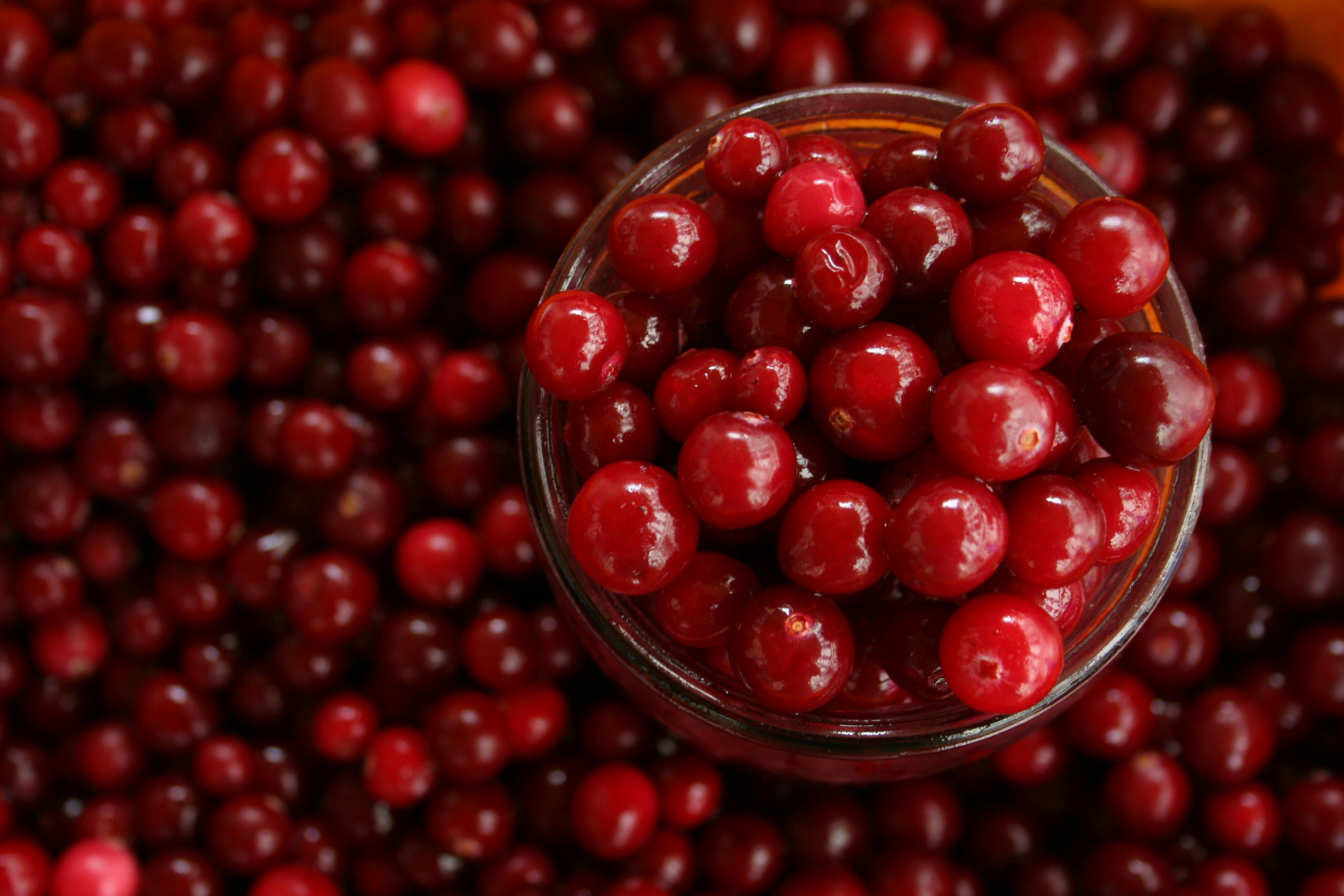
While other berries are covered, cranberries deserve a specific mention for their unique, targeted anti-inflammatory action, particularly in the urinary tract and gut. They are rich in a specific type of antioxidant called Proanthocyanidins (PACs). These compounds work by preventing harmful bacteria, such as E. coli, from adhering to the walls of the bladder and stomach. By literally rinsing away these potential pathogens, cranberries minimize the immune response and chronic low-grade inflammation that infections can trigger systemically. A handful of dried cranberries (unsweetened) or a glass of pure, unsweetened juice is a powerful, localized inflammatory shield.
46. Maca Root: The Hormonal Balance Mediator
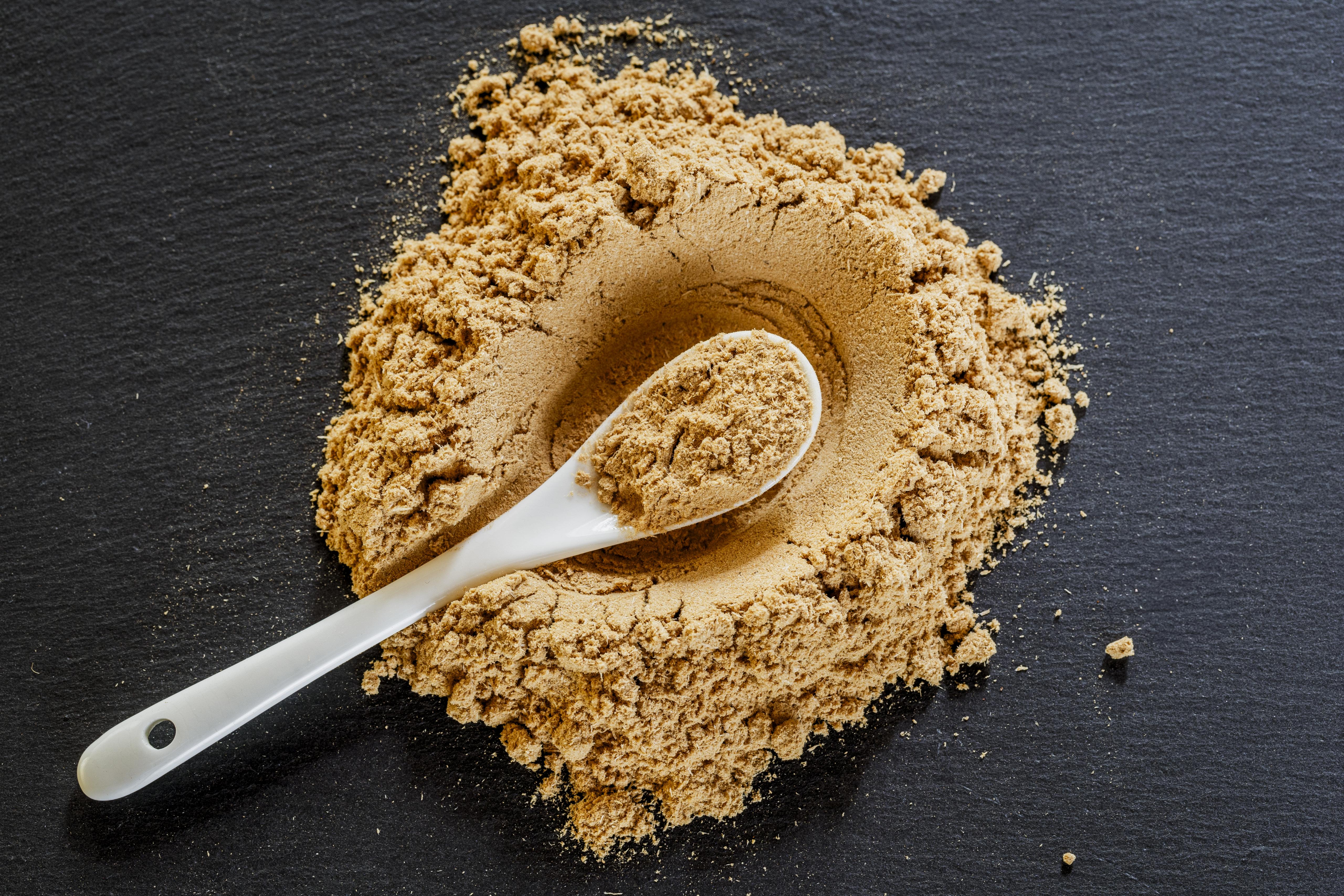
Maca Root, a Peruvian superfood often sold as a powder, is recognized as an adaptogen that supports the endocrine (hormone) system. Chronic inflammation is frequently linked to hormonal imbalances, particularly in the thyroid and adrenal glands. Maca contains unique macamides and macaenes that do not directly provide hormones but help the body produce and regulate them efficiently. By gently modulating the stress response axis (HPA axis) and supporting hormone balance, Maca reduces a major underlying systemic driver of inflammation, promoting stable energy and clarity often disrupted by hormonal stress.
47. Arugula (Rocket): The Nitric Oxide Booster

Arugula, or rocket, is a peppery green that offers a powerful anti-inflammatory effect through its high concentration of dietary nitrates. The body converts these nitrates into Nitric Oxide (NO), a gas molecule vital for relaxing and widening blood vessels. By improving circulation, Arugula helps efficiently deliver immune cells and nutrients while flushing out inflammatory markers from tissues. Arugula also provides Isothiocyanates, compounds that help detoxify pro-inflammatory chemicals in the liver. Adding raw arugula to salads, pestos, or sandwiches provides a zesty flavor and an instant lift to your vascular health.
48. Sprouted Grains (Phytic Acid Neutralizers)
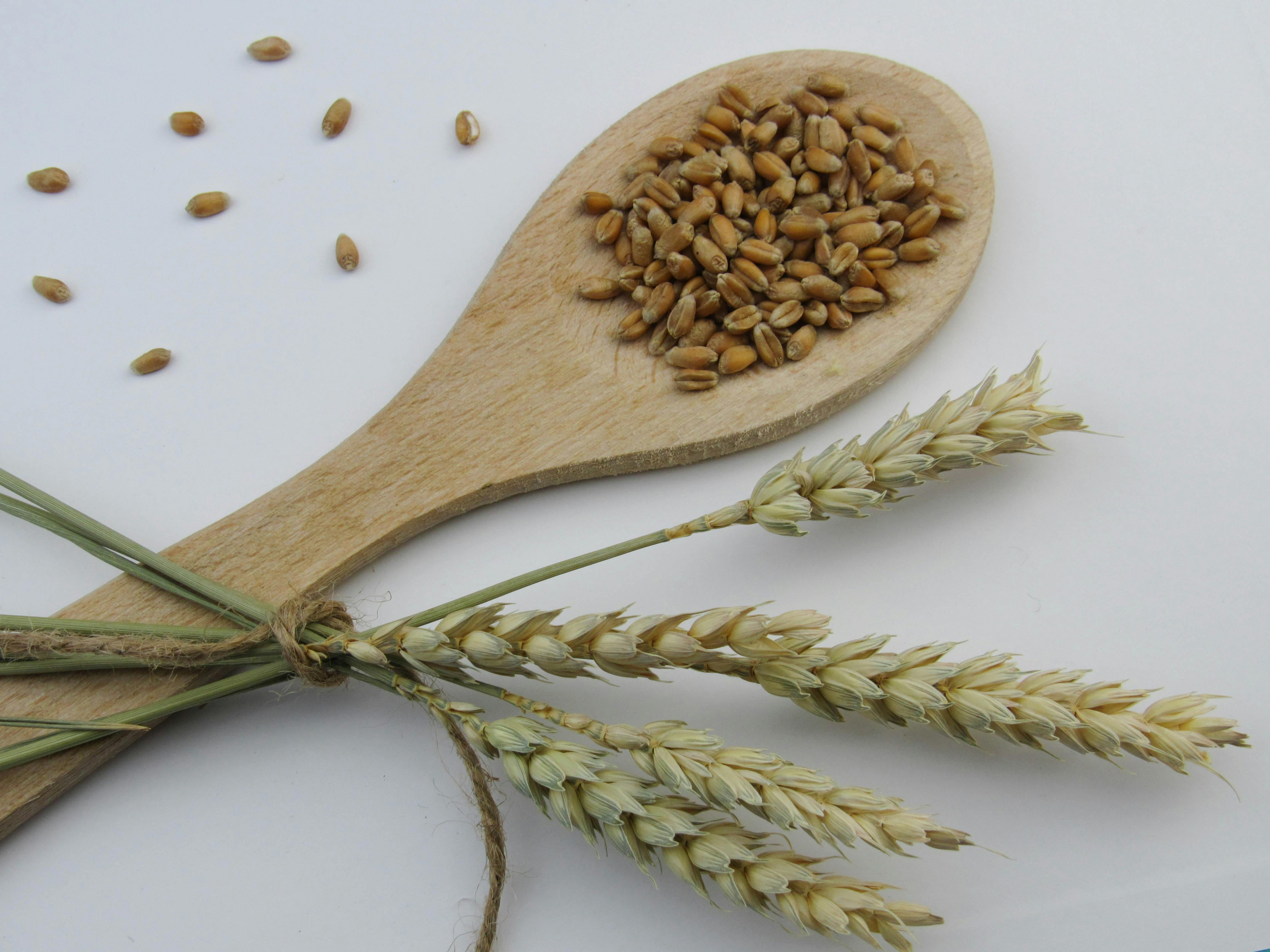
Sprouting grains like brown rice or millet before consumption is a technique that significantly boosts their anti-inflammatory power. The sprouting process neutralizes phytic acid, a compound that normally binds to and blocks the absorption of essential minerals like Zinc and Magnesium. Since chronic inflammation can be fueled by these mineral deficiencies, making these nutrients bioavailable is key. Consuming sprouted grain products (like sprouted grain bread) ensures you fully utilize the grains’ B-vitamins and fiber, making them a superior and more nourishing carbohydrate source for sustained internal balance.
49. Capers: Quercetin and Rutin Concentrate
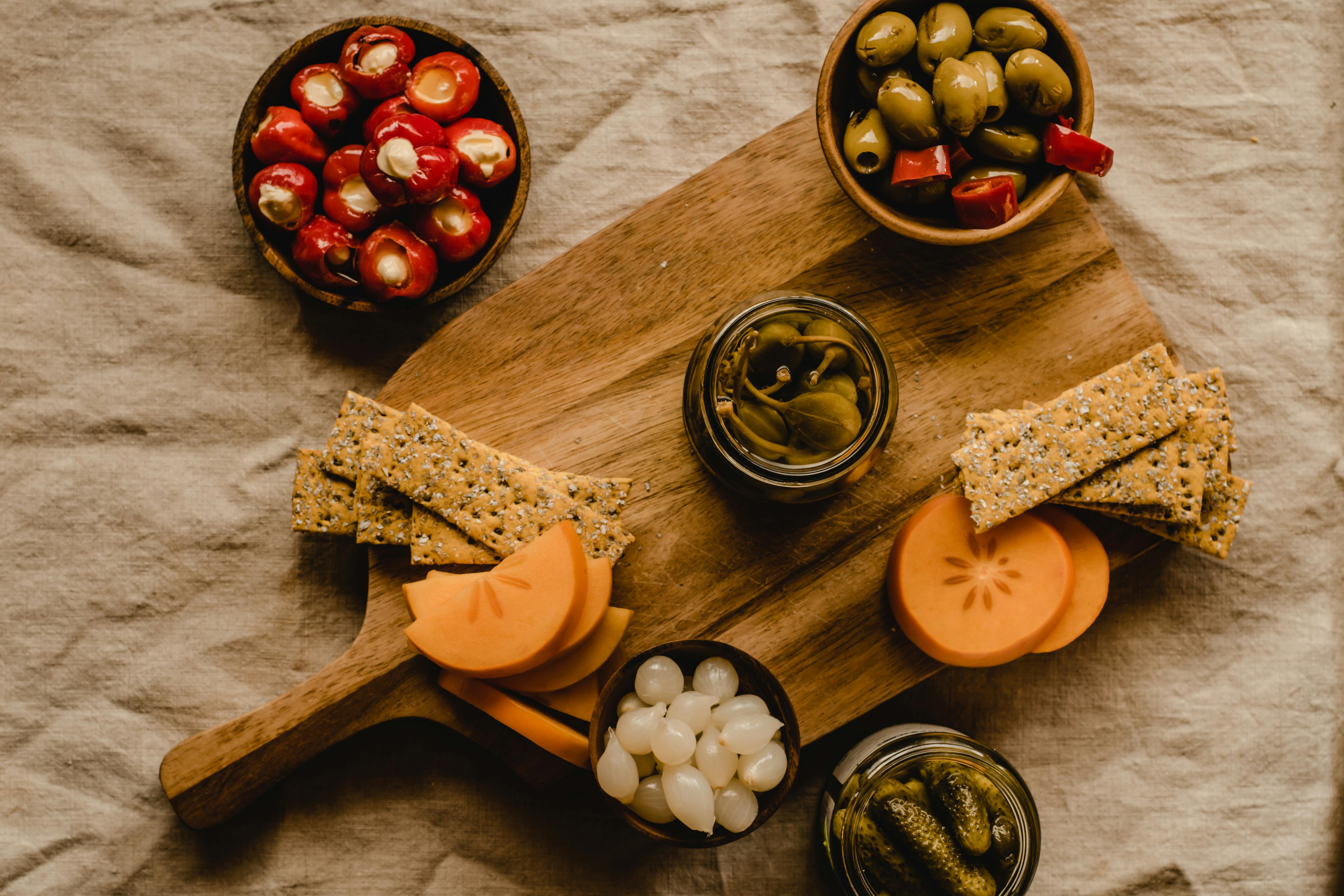
These small, salty flower buds are an under-the-radar source of highly concentrated, inflammation-fighting Quercetin and Rutin. Quercetin is a powerful flavonoid with known antihistamine and anti-inflammatory effects that stabilize mast cells, reducing allergic and inflammatory responses. Rutin supports capillary health, reducing the "leaky" tendency of blood vessels that contributes to swelling and tissue inflammation. Adding capers to fish, salads, or pasta dishes provides a pungent, savory flavor while delivering a surprising, potent dose of antioxidants that actively calm the systemic immune response.
50. Black Beans (Molybdenum for Detoxification)
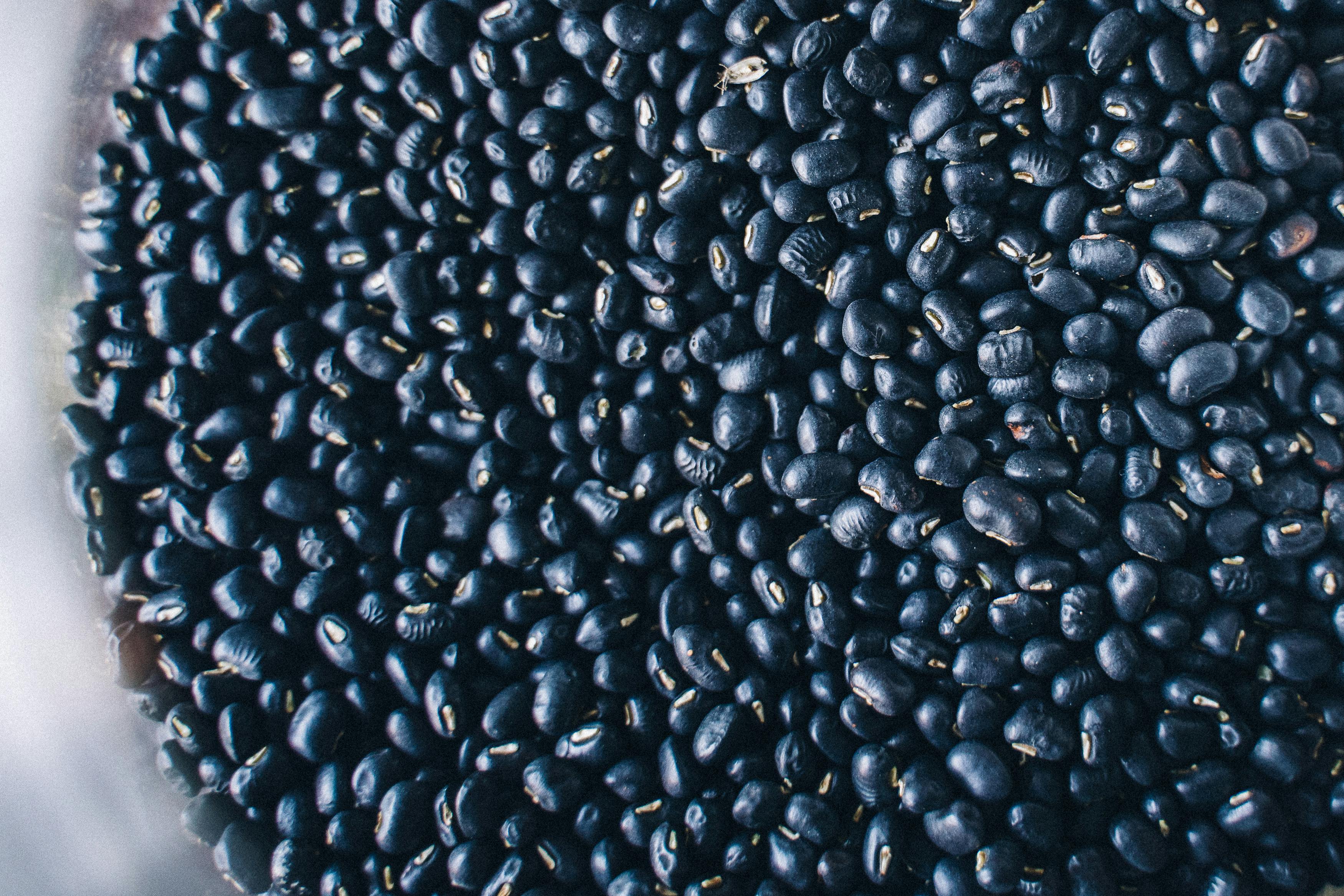
Black beans are already recognized as legumes, but their unique anti-inflammatory strength comes from being one of the best sources of the trace mineral Molybdenum. Molybdenum is a critical cofactor for several enzymes responsible for detoxification, notably the enzyme that breaks down sulfites. Sulfites, found in processed foods and some wines, can trigger significant inflammatory reactions in sensitive individuals. By supporting the body's natural detoxification pathways, black beans help reduce the overall chemical burden and lower the systemic inflammation often caused by a taxed immune system.
51. Plain Gelatin/Collagen Powder (Gut-Healing Glutamine)
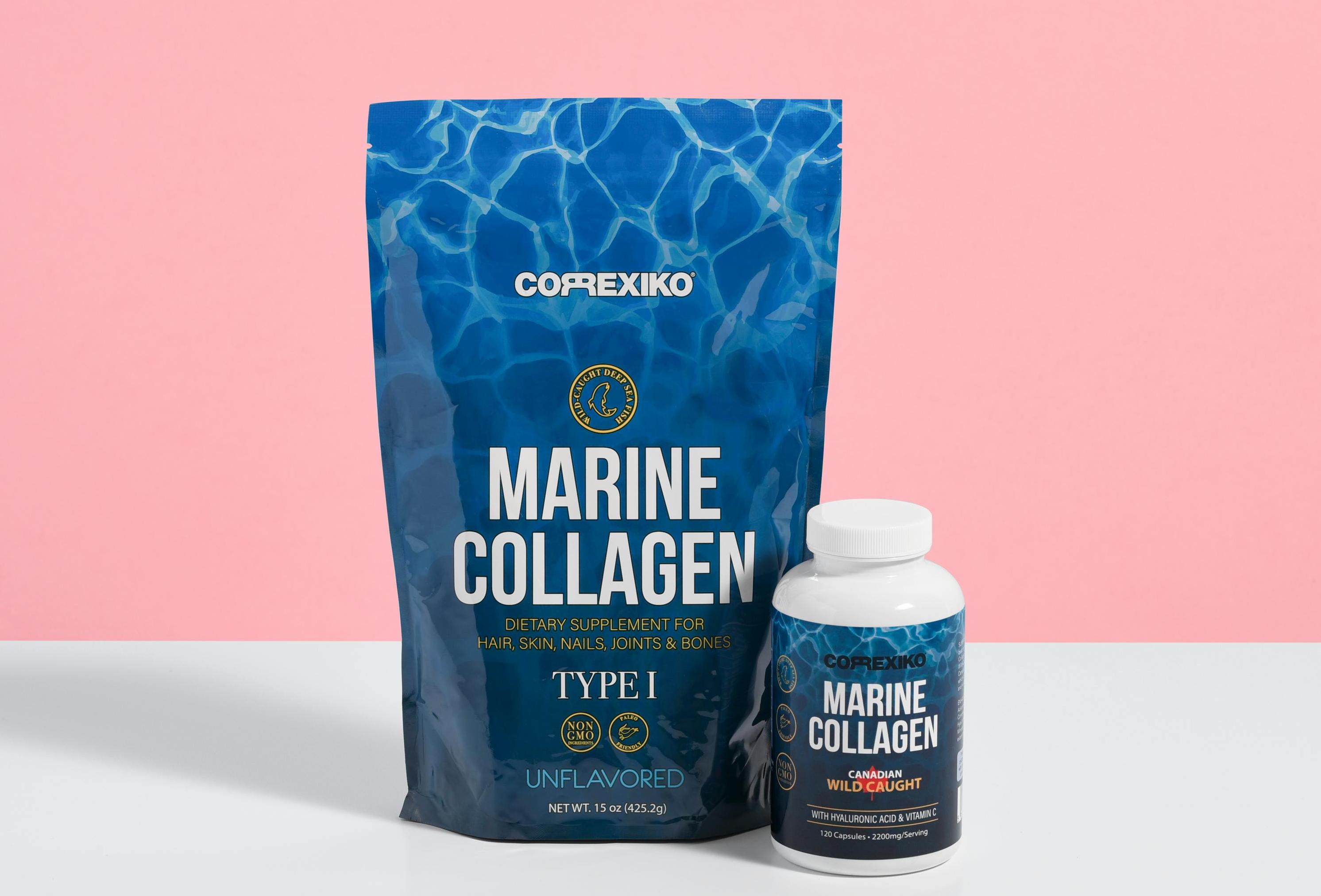
While bone broth is mentioned, using pure plain gelatin or hydrolyzed collagen powder as a direct food additive is a powerful, versatile way to target inflammation by focusing on the gut lining. Collagen protein is rich in the amino acid Glutamine, which is the primary fuel source for the cells lining the small intestine. Supplementing with Glutamine is crucial for repairing the tight junctions of the gut, reducing "leaky gut" syndrome—a major source of chronic, low-grade systemic inflammation. Mixing unflavored collagen into your coffee, tea, or smoothie offers an easy, daily gut-supportive boost.
52. Açaí Berries: Anthocyanin and Oleic Acid Synergy

While general berries are covered, açaí berries offer a unique powerhouse combination of highly concentrated anthocyanins (antioxidants) and oleic acid (a healthy omega-9 fatty acid, like olive oil). The anthocyanins actively quench free radicals, protecting cells from damage, while the oleic acid provides healthy fats that help stabilize cell membranes and reduce chronic inflammation. Because açaí pulp is low in sugar, it provides a superior way to consume antioxidants without the glycemic spike of most fruits. Blend frozen açaí pulp into smoothies for a dark, rich dose of vascular and cellular protection.
53. Oyster Mushrooms: Ergothioneine and Beta-Glucan
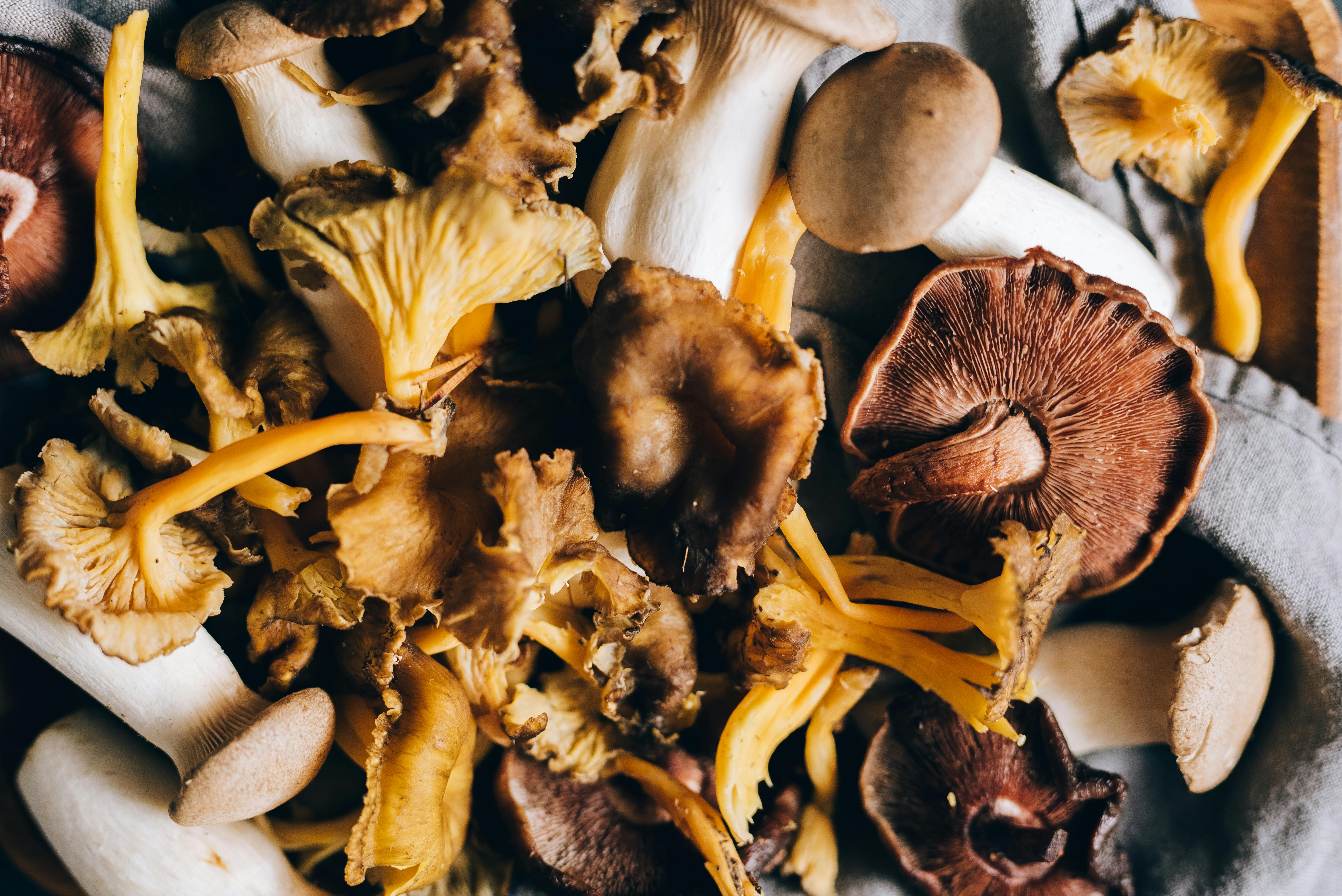
Oyster mushrooms are an often-overlooked culinary fungus, providing a dual defense of Beta-glucans (for immune modulation) and high levels of Ergothioneine. Ergothioneine is a unique, sulfur-containing antioxidant and amino acid that the body actively transports into cells and mitochondria, where it protects against oxidative stress and damage—a key driver of inflammation. This targeted delivery system makes Oyster mushrooms an exceptional, accessible food for long-term cellular resilience. Sauté them lightly with olive oil and garlic for a potent, delicious side dish.
54. Hemp Seeds/Oil: Ideal Omega Ratio and GLA
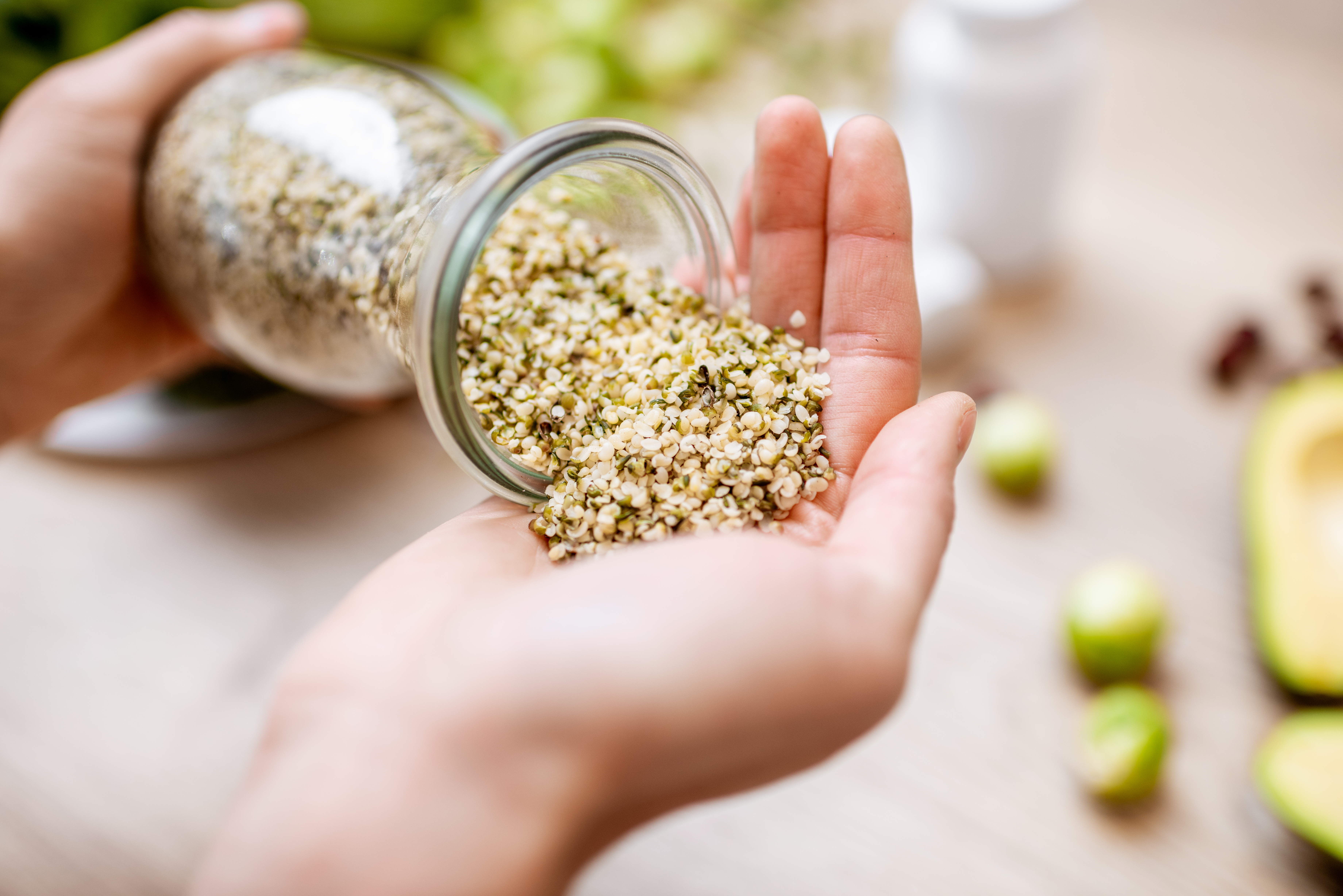
Hemp seeds offer a distinct advantage over flax and chia because they contain the anti-inflammatory omega−3 ALA, but also Gamma-Linolenic Acid (GLA), a specific omega−6 that acts as a powerful anti-inflammatory agent. This combination helps balance the body’s overall omega ratio. Furthermore, they are rich in Tocopherols (forms of Vitamin E) which protect the omega fats from oxidation. Eating hemp seeds whole, ground, or using hemp oil is an effective way to introduce GLA to the diet, supporting joint health and reducing inflammatory skin conditions.
55. Guava: Quercetin and Vitamin C in High Fiber
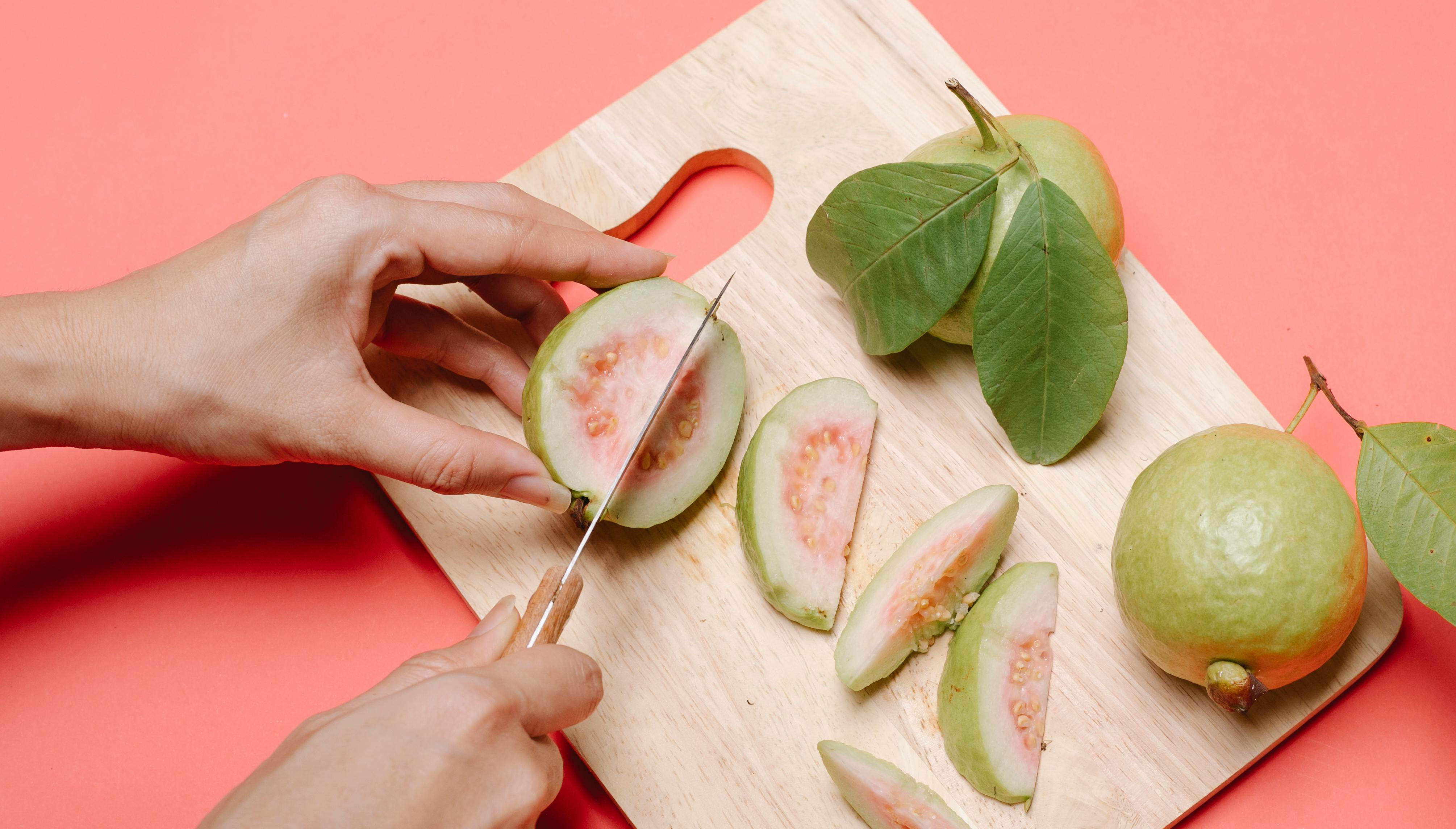
Guava is a tropical fruit that, unlike many, can be fully consumed (skin and all), delivering a massive fiber load along with its antioxidants. It is one of the best sources of Vitamin C and is rich in the flavonoid Quercetin. This high-fiber structure ensures the Quercetin and Vitamin C are released slowly, maximizing their ability to quench free radicals and stabilize mast cells, thereby reducing histamine-driven inflammation. Eating a fresh guava (with skin) provides a slow-release, triple-action defense system that supports gut balance and reduces systemic inflammatory flares.
56. White Tea: L-Theanine and High EGCG

White tea is the least processed of all teas and often contains the highest concentration of the catechin EGCG and the amino acid L-Theanine. The EGCG provides exceptional antioxidant protection to cellular structures, shielding them from damage. The L-Theanine directly influences the nervous system by promoting alpha brain waves, calming the stress response. Since chronic stress fuels inflammation through cortisol, incorporating White tea provides a dual benefit: direct cellular protection and a powerful, calming action that addresses the neurological roots of systemic inflammation.
57. Artichokes (Cynarin and Gallic Acid) — The Bile Flow Anti-Inflammatory
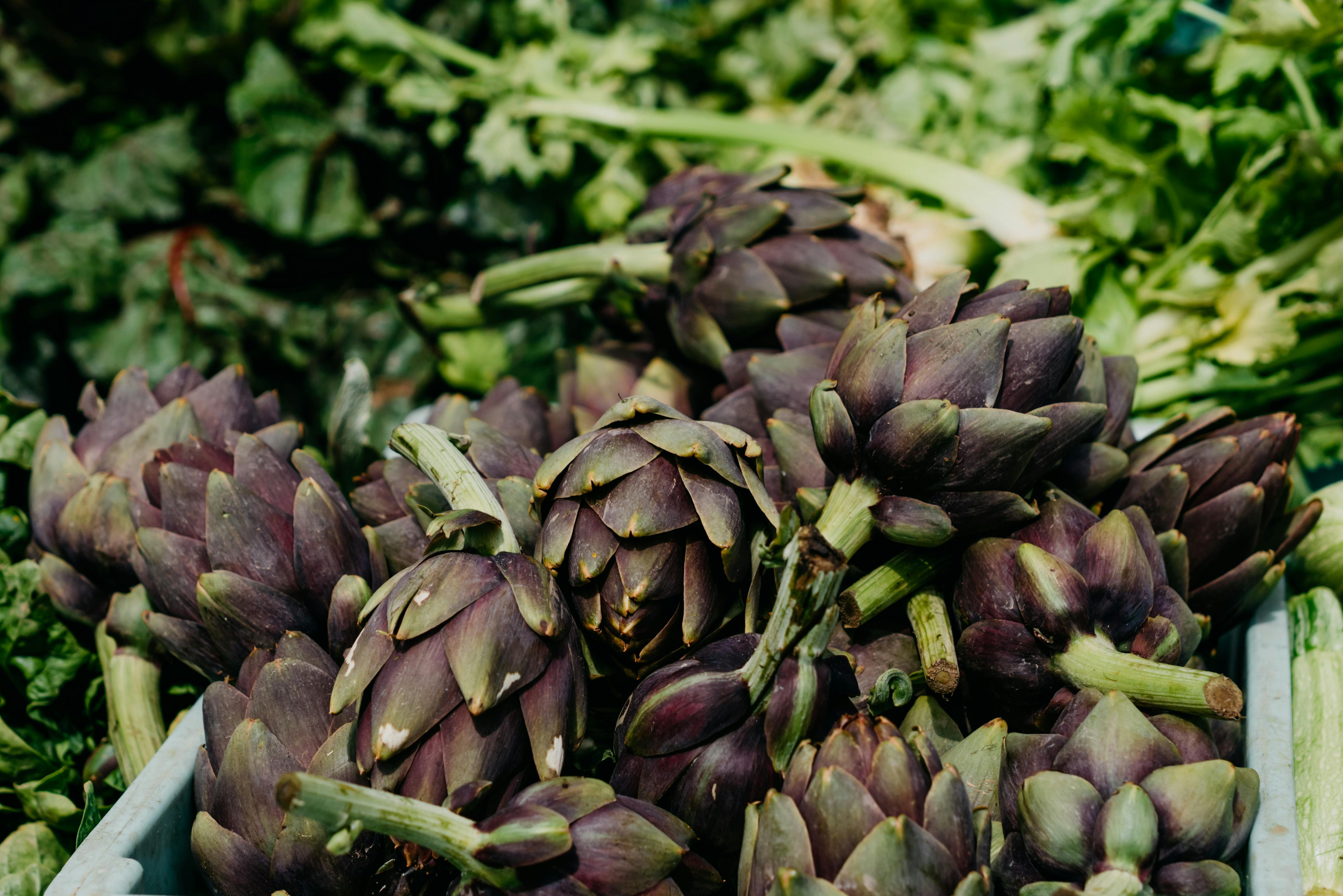
Artichokes offer a unique anti-inflammatory benefit centered on liver and digestive support. They contain cynarin and gallic acid, compounds that stimulate bile production and flow in the liver. Since the liver is the body's main filter for pro-inflammatory toxins, promoting efficient bile flow helps clear these inflammatory compounds from the body more quickly, reducing their opportunity to cause systemic stress.
58. Brazil Nuts — The Selenium Immune Governor
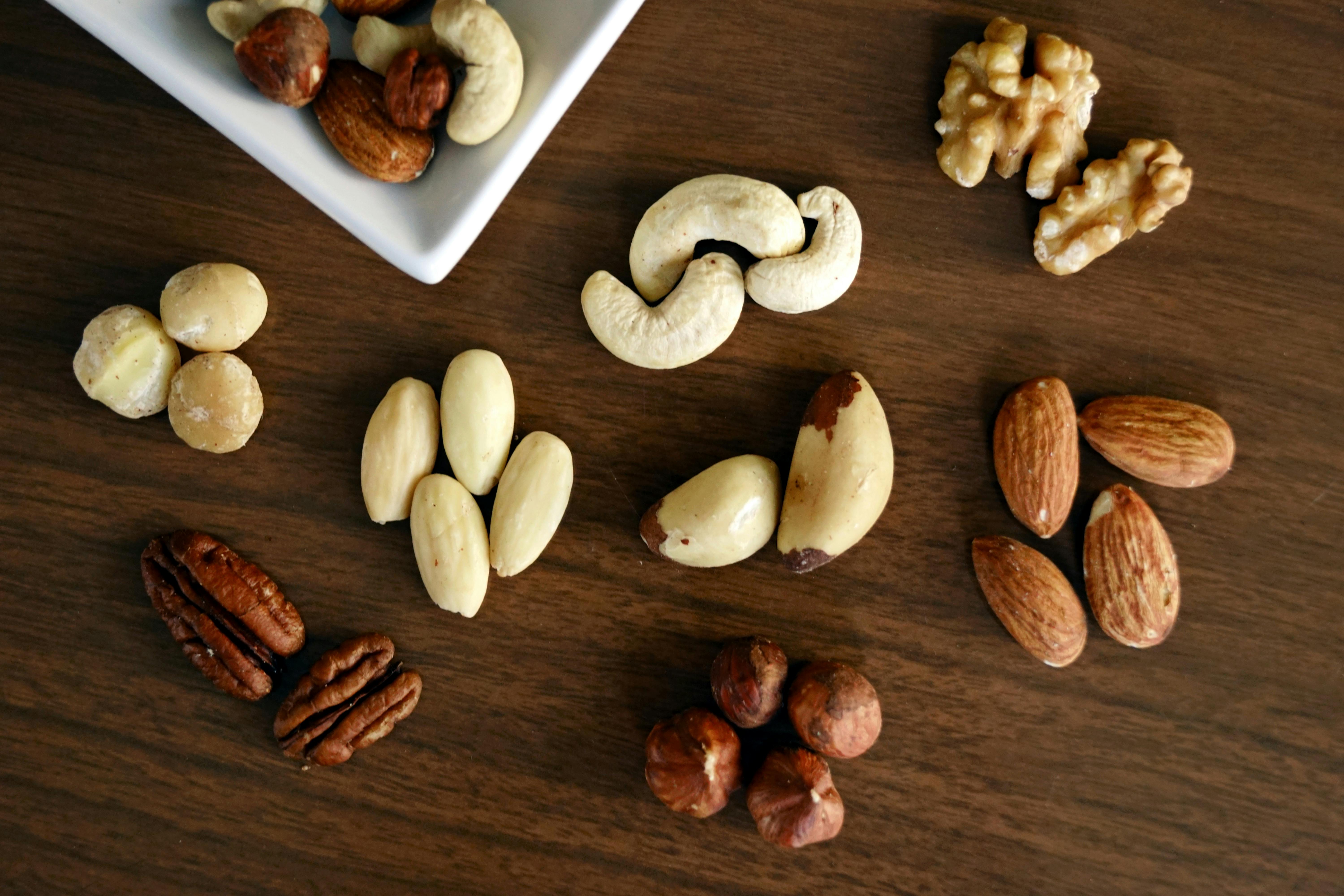
Brazil nuts offer a powerful, yet low-maintenance anti-inflammatory benefit centered entirely on Selenium. This trace mineral is a critical component of several antioxidant enzymes, including glutathione peroxidase, which plays a massive role in regulating the immune system's inflammatory response. Consuming just one or two Brazil nuts daily provides the recommended intake of selenium.
59. Parsley: Apigenin and Myristicin Detoxifiers

Parsley is far more than a garnish; it is a concentrated source of the powerful flavonoid Apigenin, which has been shown to inhibit key enzymes involved in inflammatory pathways. Parsley also contains Myristicin, a compound that supports the production of glutathione, the body’s master antioxidant and detoxification agent in the liver. Since the liver constantly filters inflammatory toxins from the blood, enhancing its function with Myristicin is a crucial, indirect step to cool systemic inflammation. Adding fresh, chopped parsley liberally to salads, pestos, or grain bowls provides a refreshing, chlorophyll-rich boost that actively supports cellular cleansing and detoxification.
60. Saffron: The Mood-Boosting Fire Extinguisher
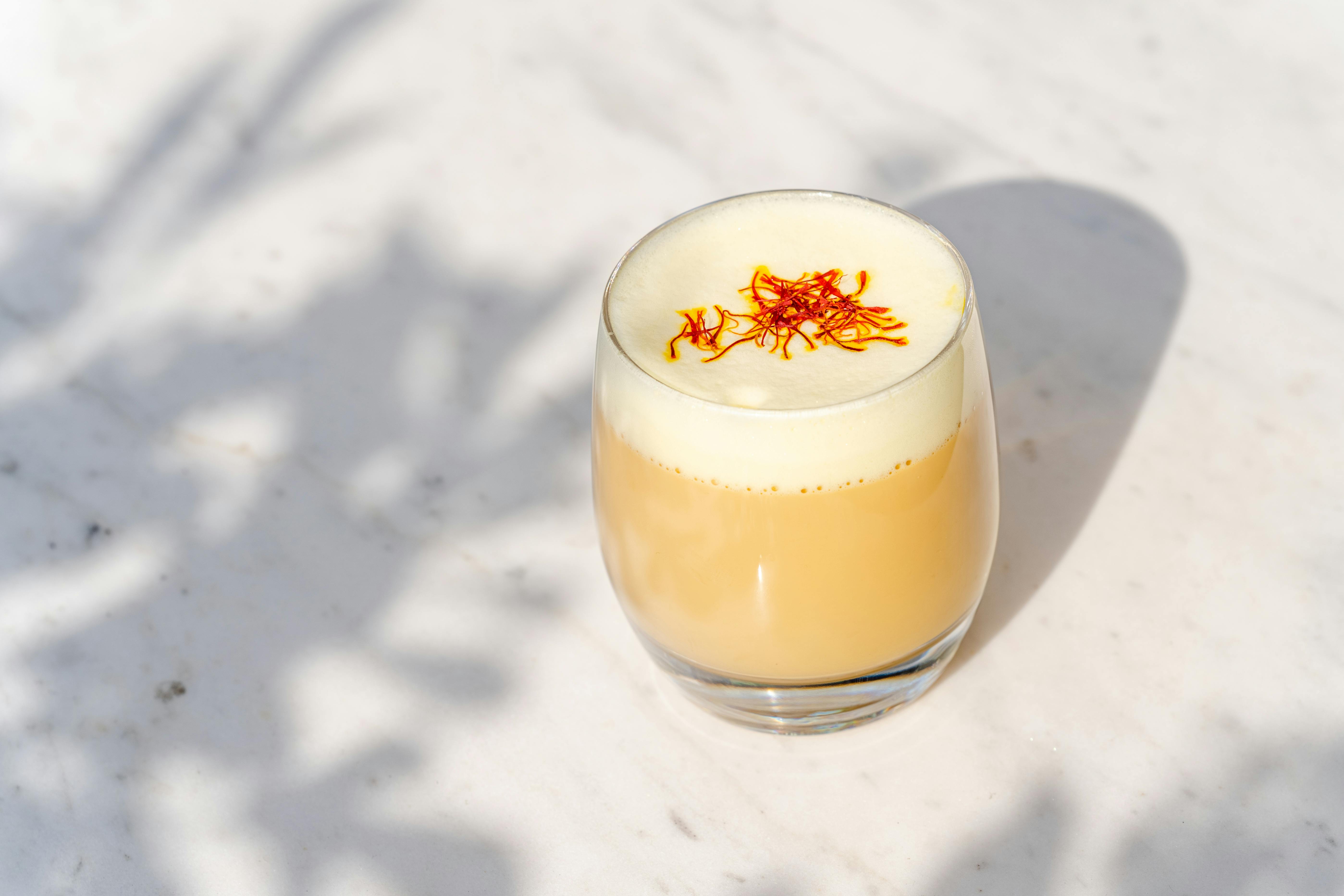
Saffron, the world’s most luxurious spice, is more than just a vibrant dye and flavor agent; it's a powerful and unique neuro-modulator that fights inflammation at the brain level. Its deep red threads contain active compounds like crocin and safranal, which are potent antioxidants that readily cross the blood-brain barrier. Studies show these compounds can effectively reduce inflammatory markers in the central nervous system, which is a major, often-overlooked source of chronic, systemic inflammation. Beyond this direct anti-inflammatory action, Saffron is also celebrated as a natural mood stabilizer, helping to alleviate symptoms of anxiety and mild depression. Since the stress-inflammation axis is a key driver of chronic disease, using Saffron not only soothes the body but also calms the mind, addressing both the physical and emotional components of inflammation. A small pinch steeped in warm milk, rice, or a savory stew delivers both exquisite flavor and profound wellness benefits.
61. Brussels Sprouts: The Bile-Binding Inflammasome Suppressor
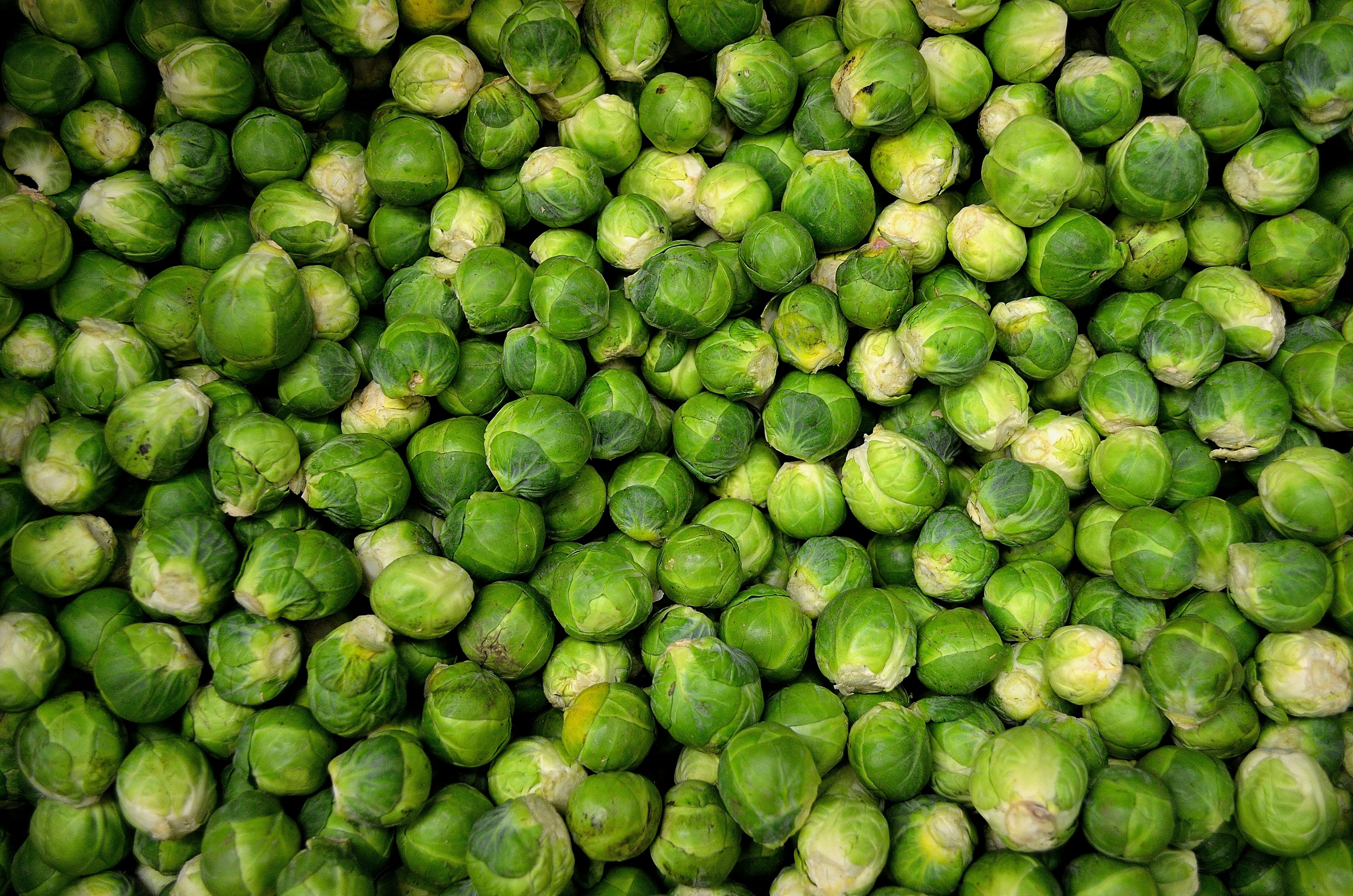
Often relegated to a holiday side dish, Brussels sprouts are an anti-inflammatory powerhouse due to their unique composition of glucosinolates and specific fibers. When cooked, the fiber in these cruciferous vegetables becomes highly effective at binding bile acids in the gut. Since the liver uses cholesterol to create bile, forcing the excretion of this bound bile compels the liver to draw more cholesterol from the blood, reducing an inflammatory stressor. Furthermore, sprouts contain DIM (Diindolylmethane), a compound that powerfully regulates the body’s inflammatory response by modulating the activity of the inflammasome—a key complex that triggers systemic inflammation. Roasting or steaming them ensures you maximize the health benefits and bypass the less pleasant associations.
62. Black Currant Seed Oil: The Gamma-Linolenic Acid (GLA) Champion
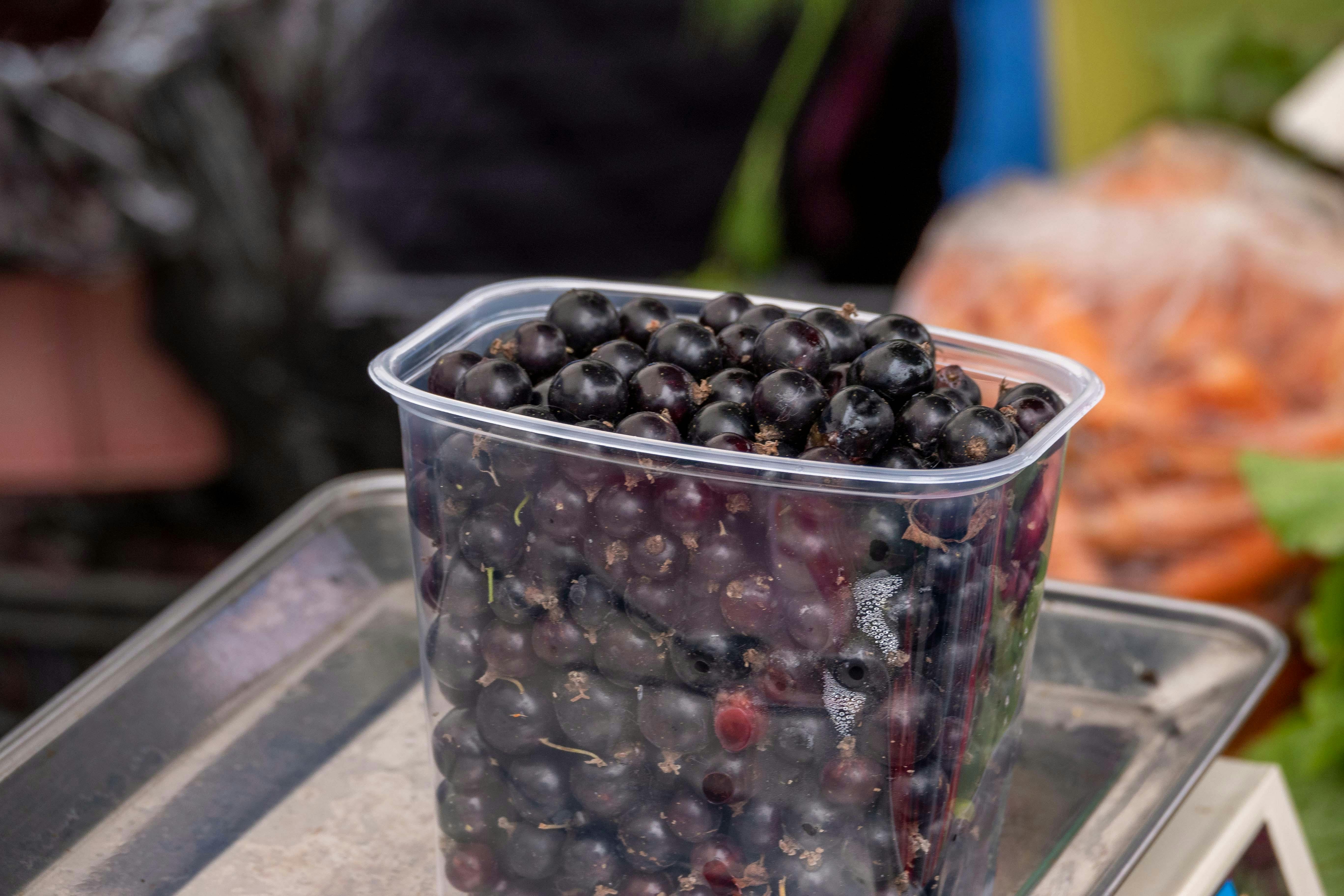
While fish and flax provide Omega-3s, Black Currant Seed Oil offers a unique combination of Omega-3 (ALA) and a high concentration of Gamma-Linolenic Acid (GLA), a specific type of Omega-6 fatty acid. GLA is ingenious because the body converts it into anti-inflammatory compounds that actively suppress systemic inflammation, rather than promoting it like typical Omega-6s. This dual-action oil helps moderate the immune response and supports skin and joint health, making it an excellent internal "fire extinguisher." It's best consumed directly (as a supplement) or added raw to smoothies, as heating diminishes its benefits.
63. Reishi Mushroom: The Cortisol Regulator

While other mushrooms are noted for immune-modulating beta-glucans, the Reishi mushroom (Lingzhi) earns a unique place as an adaptogen that directly combats inflammation fueled by stress. Chronic stress elevates cortisol, the body's primary stress hormone, which is a major, hidden driver of systemic inflammation and immune dysregulation. Reishi contains unique triterpenes that act on the HPA (Hypothalamic-Pituitary-Adrenal) axis, helping to moderate and balance the release of cortisol. By calming the body's internal stress response—the very root of many inflammatory cycles—Reishi acts as a powerful, non-sedating way to "switch off" the immune system's overreaction. Consume it as a powder added to coffee or a soothing tea to integrate its powerful, stress-mediated anti-inflammatory effects into your daily ritual.
64. Bone Broth: The Gut Lining Architect
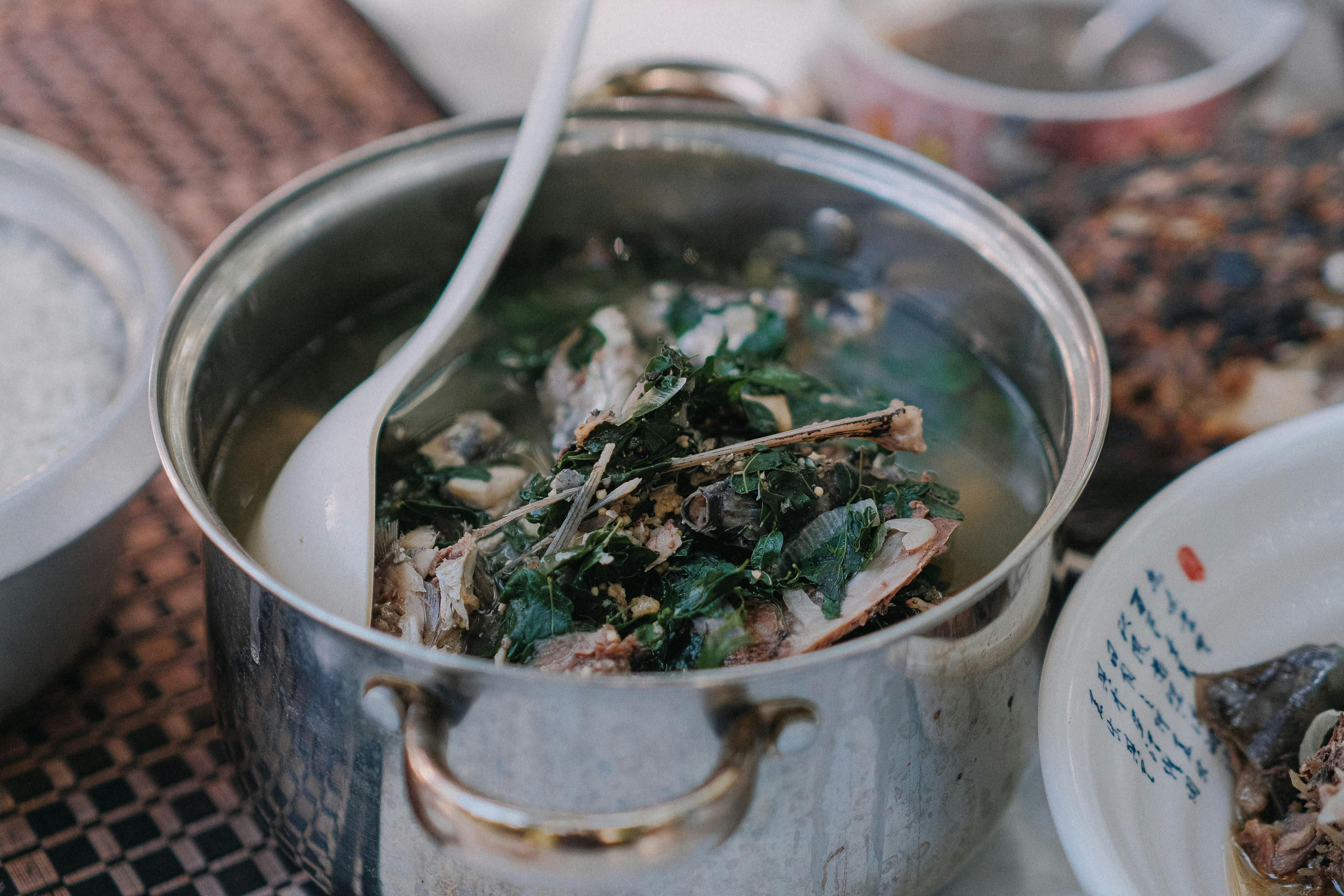
Bone broth is a traditional restorative food that is profoundly anti-inflammatory, not primarily due to traditional antioxidants, but because it provides the essential building blocks for gut repair. The process of slow-simmering bones extracts high concentrations of collagen, gelatin, and the amino acid glutamine. Chronic, systemic inflammation often starts with "leaky gut" syndrome, where an impaired intestinal lining allows irritants to enter the bloodstream. Glutamine is the preferred fuel source for the enterocytes (cells lining the small intestine), helping to repair the tight junctions and strengthen the barrier. Furthermore, the gelatin provides easily digestible protein and soothing compounds that minimize friction in the digestive tract. By healing the gut—the epicenter of immune regulation—bone broth tackles the root cause of much chronic inflammation, offering a unique, deep-level architectural approach to internal balance and soothing.
65. Pure Water (Optimized Cellular Function)

Often dismissed as too simple, pure water is the most foundational and unique anti-inflammatory "elixir" because it is required for every metabolic process that governs inflammation. Water ensures proper lymphatic drainage (the body's waste removal system), allowing inflammatory markers and toxins to be efficiently flushed from tissues. Crucially, dehydration thickens the blood and impedes the function of the endothelium (the lining of blood vessels), leading to higher systemic inflammation and pressure. Adequate hydration is also necessary for all antioxidants to be delivered and utilized by cells. Therefore, consistently drinking high-quality, unflavored water throughout the day is a zero-calorie, zero-additive habit that maximizes the healing potential of every other food on this list.
66. Lecithin (from Egg Yolks or Sunflower) — The Emulsifier Repair Crew

Lecithin is a functional fat that is far more than an emulsifier; it is a critical source of phosphatidylcholine, a phospholipid essential for cell membrane repair and fat metabolism. Chronic inflammation and oxidative stress damage the cell membranes that form the protective walls of every cell, especially the delicate lining of your blood vessels (the endothelium). By providing the raw material for phosphatidylcholine, lecithin helps the body constantly repair this damage. Furthermore, it aids the liver in processing fats, actively helping to break down and emulsify fatty particles in the bloodstream, which reduces the potential for sticky, pro-inflammatory build-up. While found in high concentration in egg yolks (if tolerated), sunflower or soy lecithin granules can be easily blended into smoothies or stirred into water for a quick, concentrated, structural defense against inflammation.
67. Olives (and Olive Leaf Extract): The Oleuropein Pain Reliever
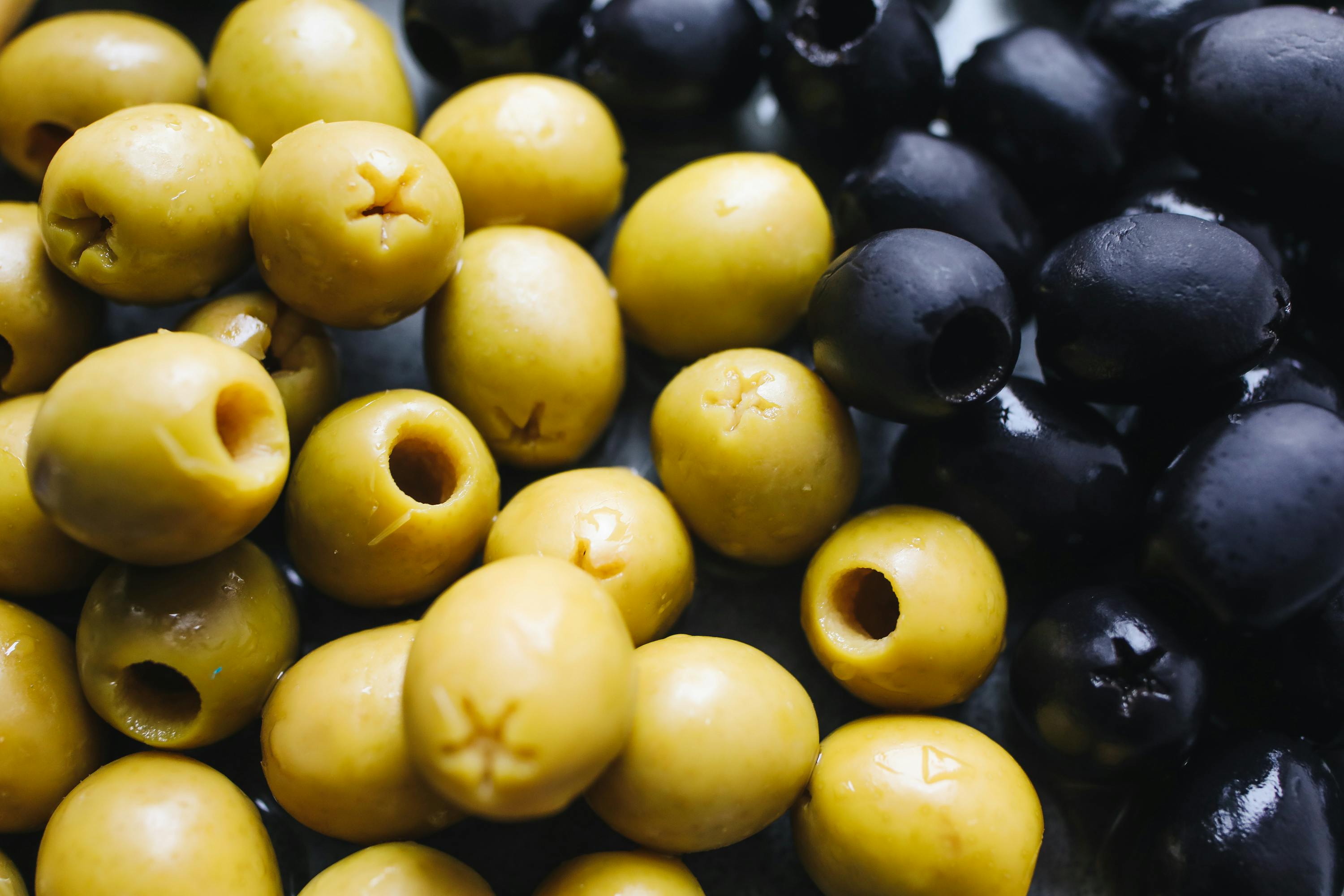
While olive oil is listed, the whole olive and especially the leaf contain Oleuropein, a powerful compound largely responsible for the olive plant's longevity and health benefits. Oleuropein acts as a potent COX-2 inhibitor , which is the enzyme responsible for creating inflammatory compounds that cause pain and swelling in arthritis and chronic disease. It also helps stabilize the antioxidant status of the entire body and protects against the oxidative stress that fuels inflammation. Consuming a handful of whole olives daily, or integrating olive leaf extract into teas or water, offers a direct, natural way to suppress the pain and inflammatory signaling pathways in your body.
68. Apple Cider Vinegar: The Metabolic Regulator
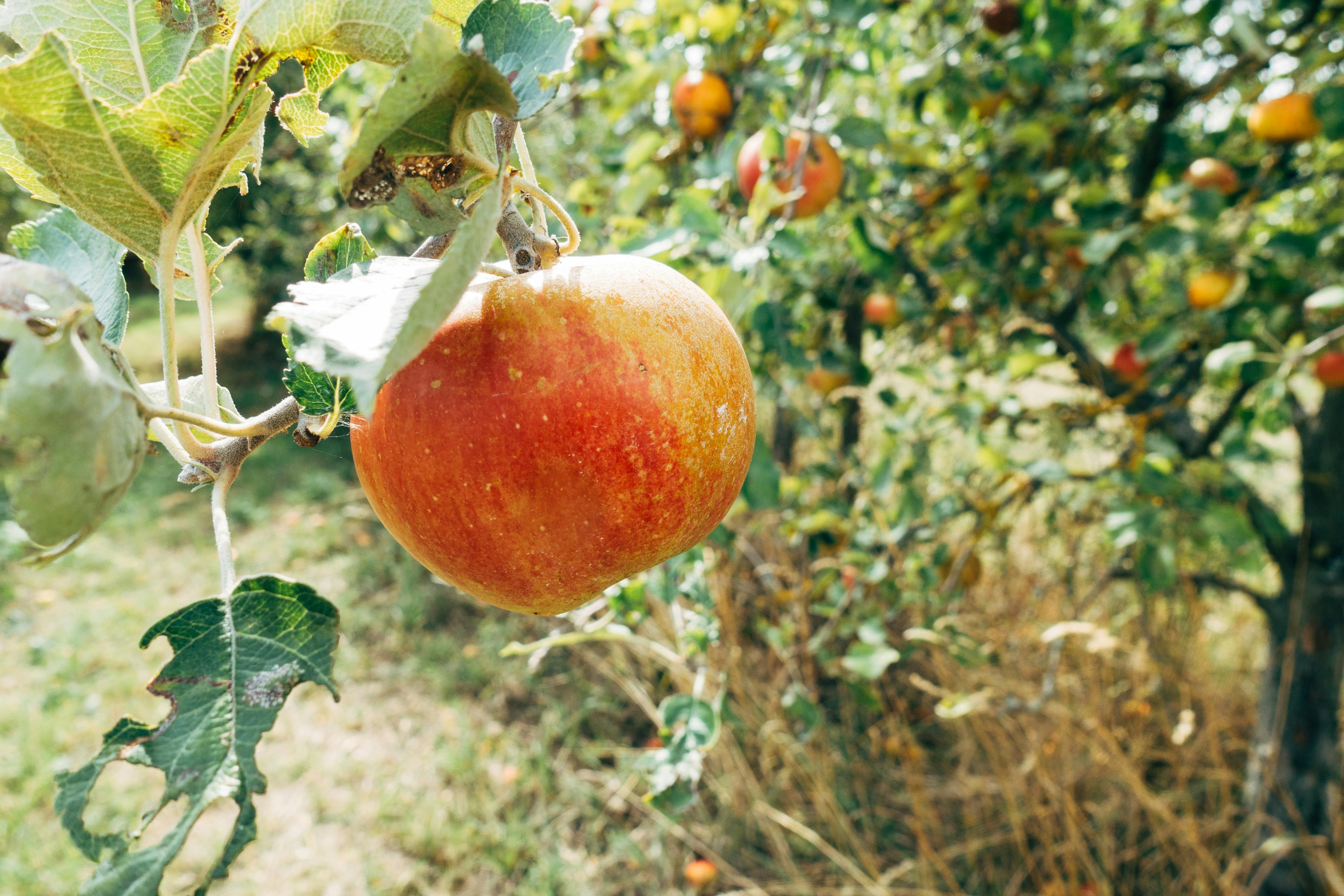
While often used for gut health, the anti-inflammatory power of Apple Cider Vinegar (ACV) comes primarily from its ability to regulate blood sugar—a major, non-obvious driver of chronic inflammation. Its main component, acetic acid, has been shown in studies to improve insulin sensitivity and significantly lower post-meal glucose spikes . When blood sugar is constantly spiking, the body creates toxic molecules called AGEs (Advanced Glycation End-products) that accelerate cellular damage and fuel systemic inflammation. By dampening these glucose spikes, ACV effectively cuts off a key fuel source for inflammation, particularly beneficial for metabolic and cardiovascular health. Stir one tablespoon into a glass of water and sip before a carbohydrate-rich meal for a simple, pre-emptive strike against inflammatory stress.
Eat to Extinguish the Fire Within

Healing doesn't have to be bland, restrictive, or clinical. It can be vibrant, flavorful, and deeply satisfying. So reclaim your power. Use your fork like a scalpel. And remember: inflammation may be silent, but your response doesn’t have to be. Let your meals speak the language of healing—loud, delicious, and lasting.
